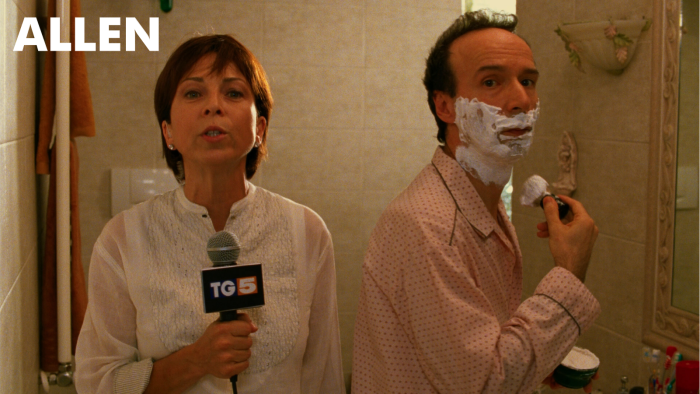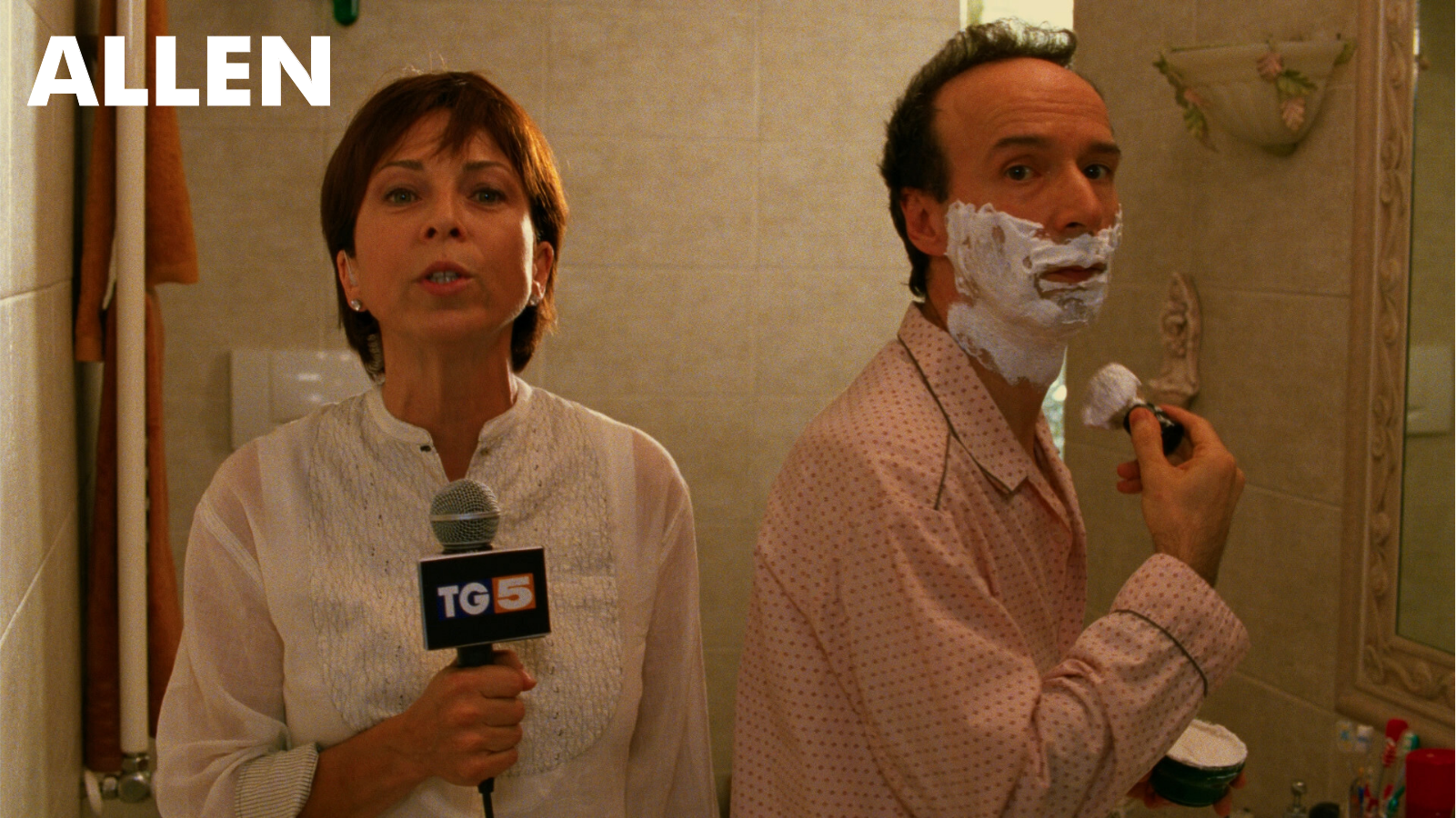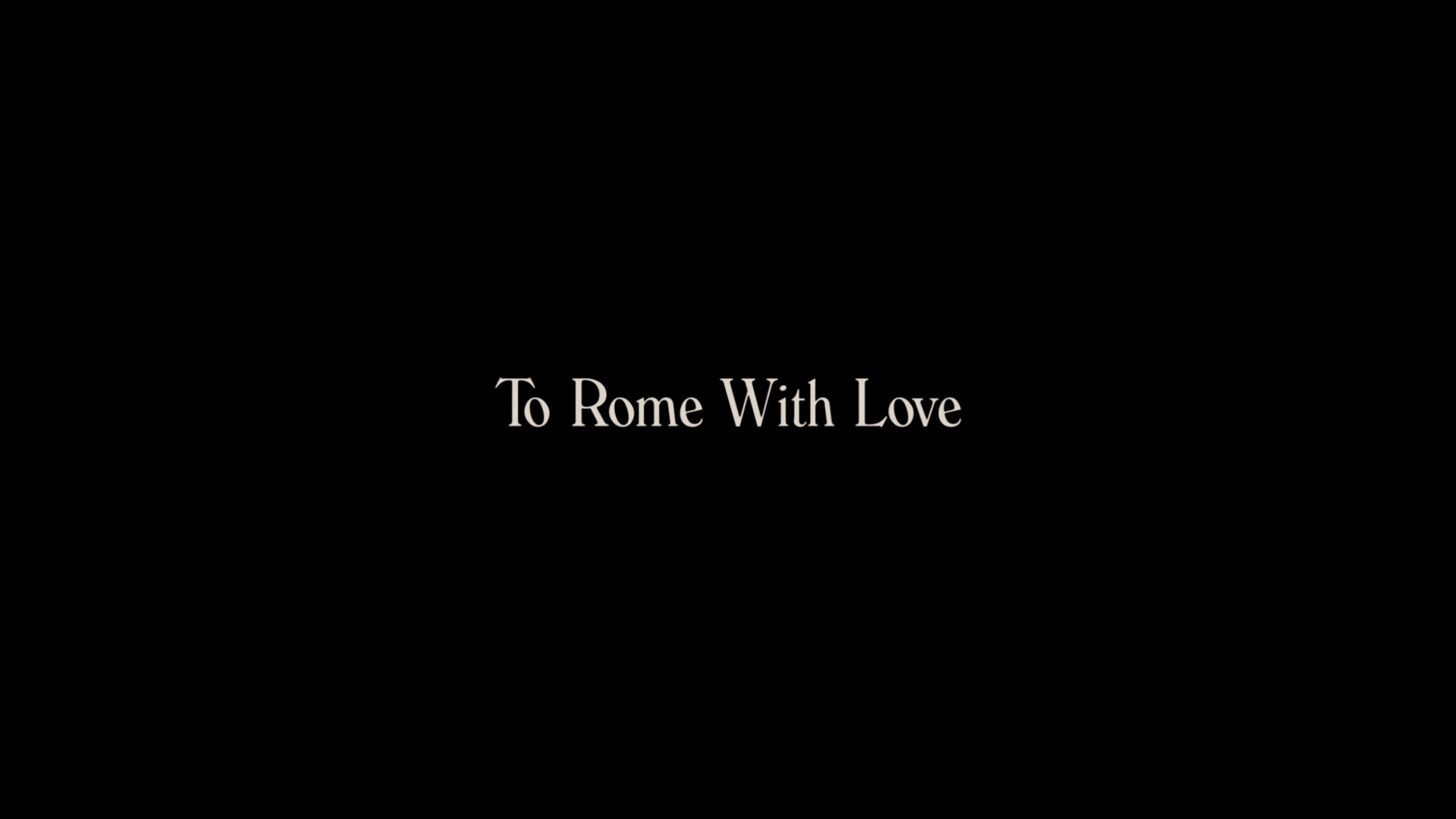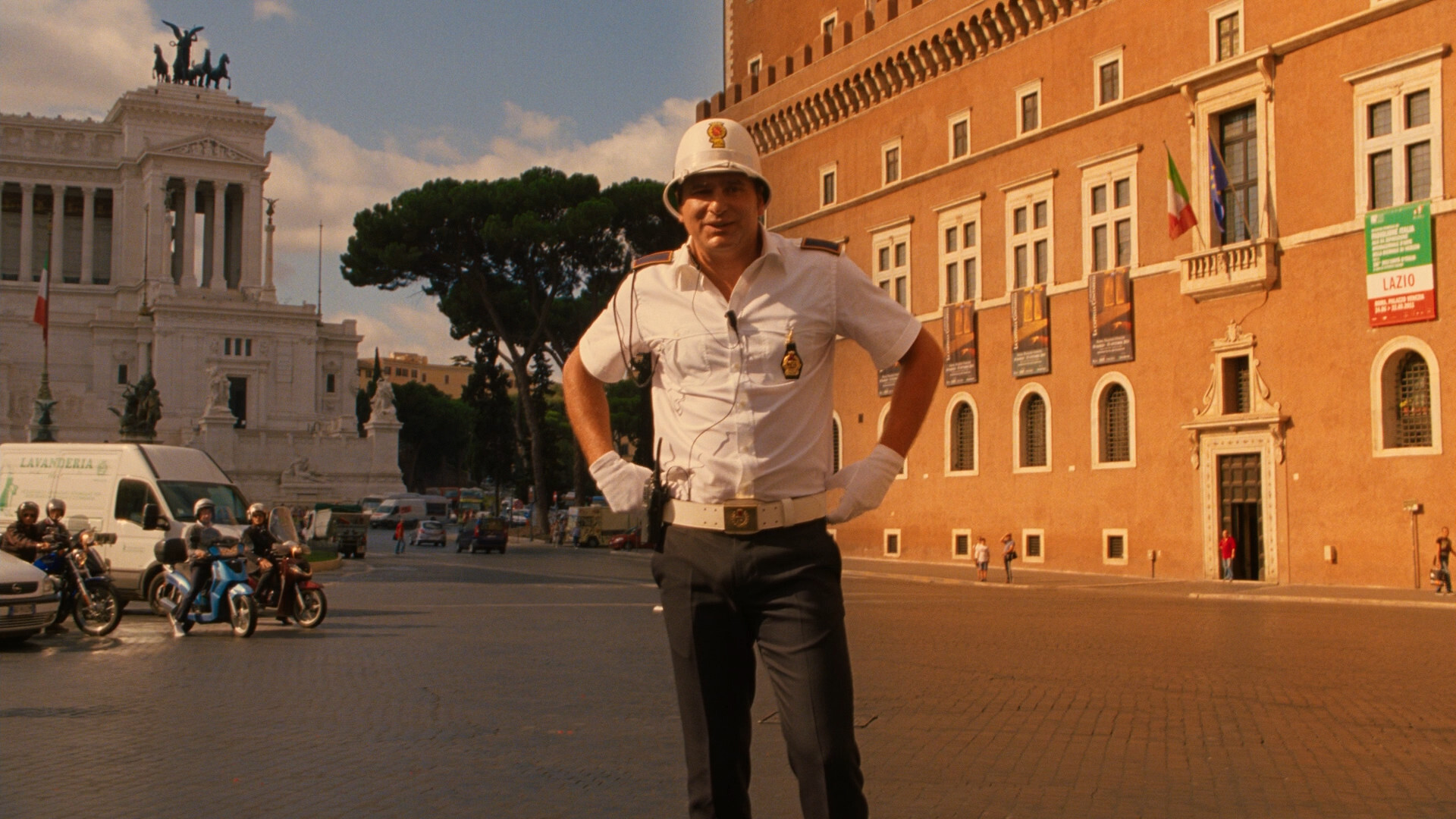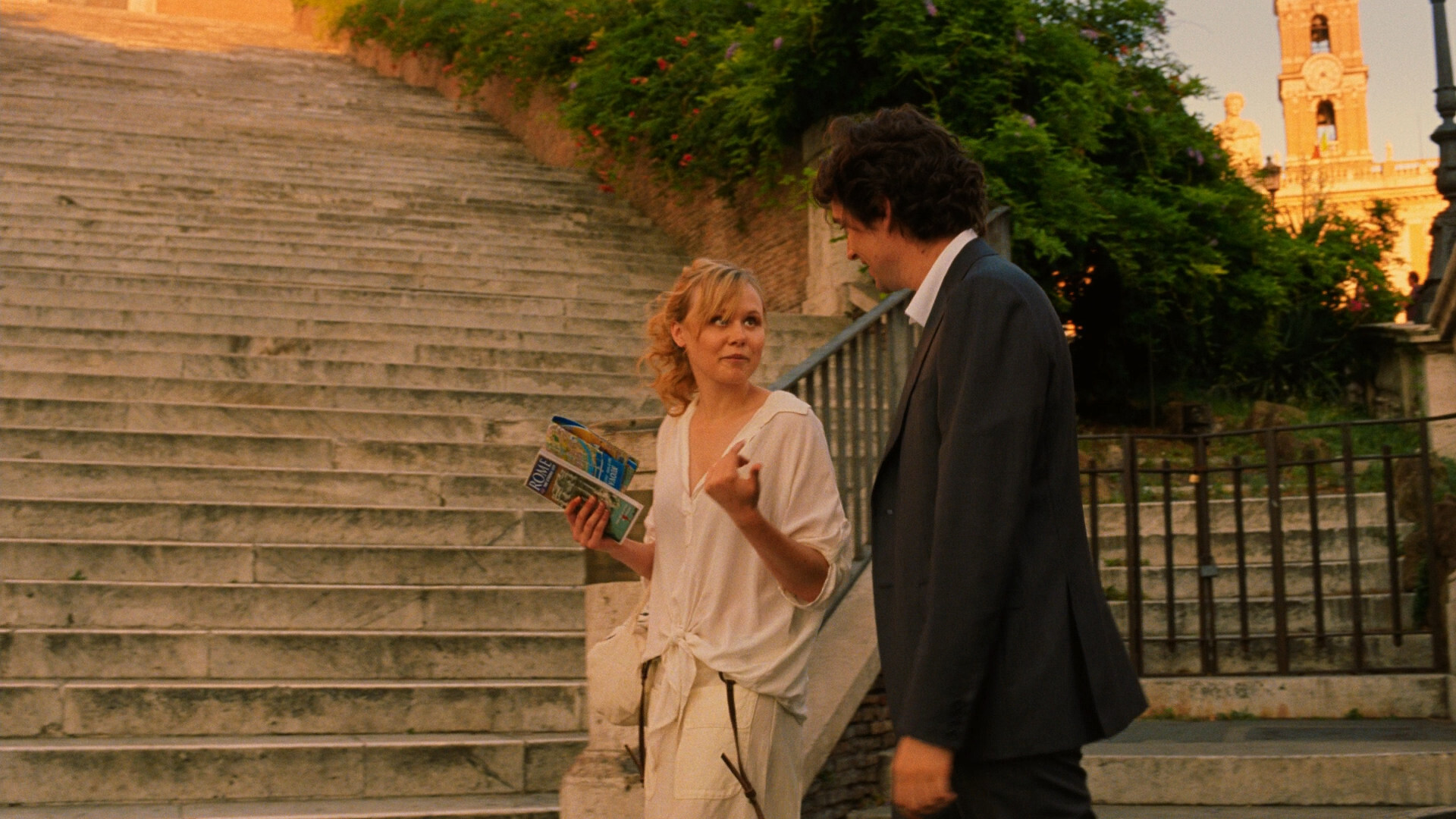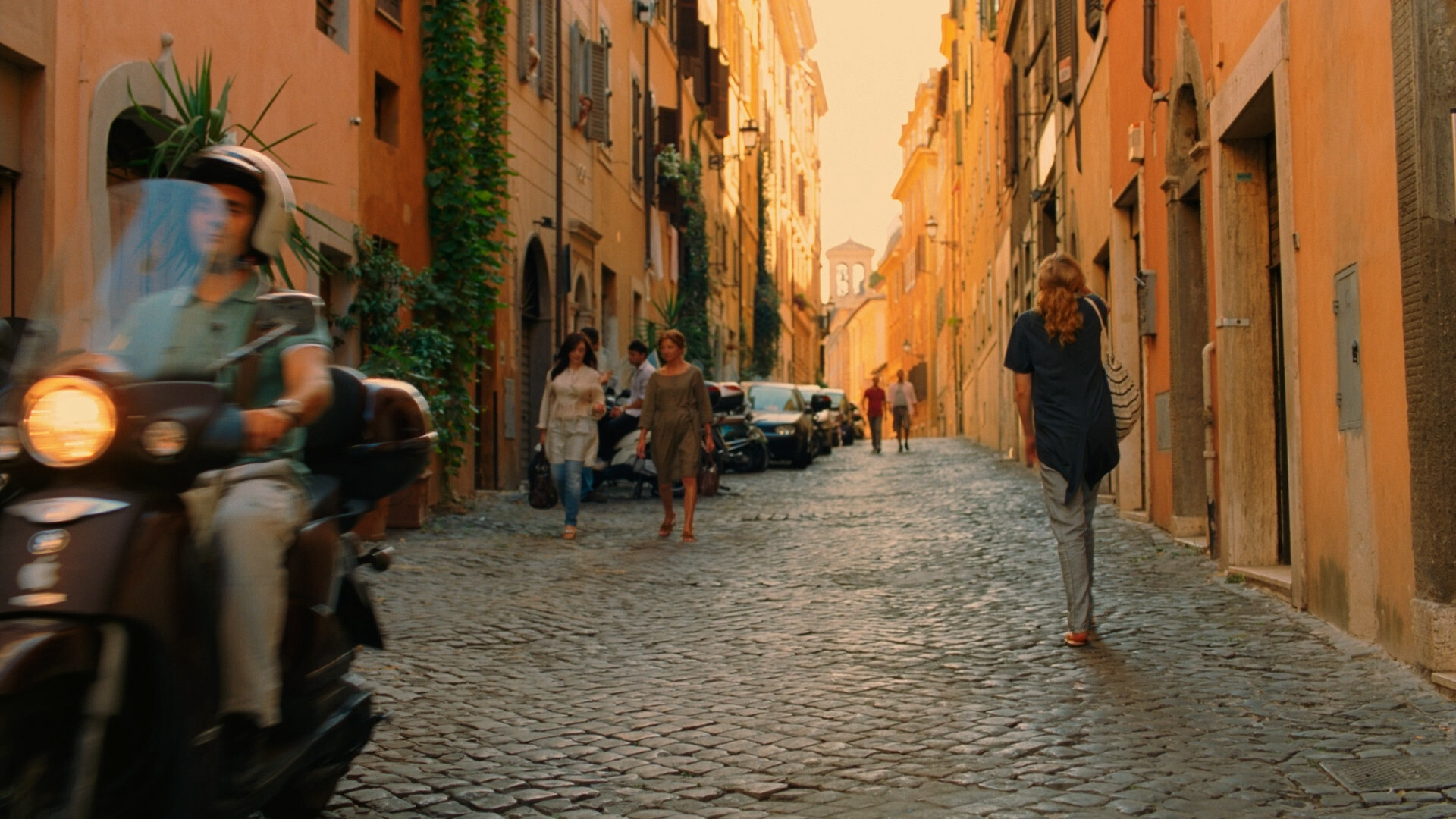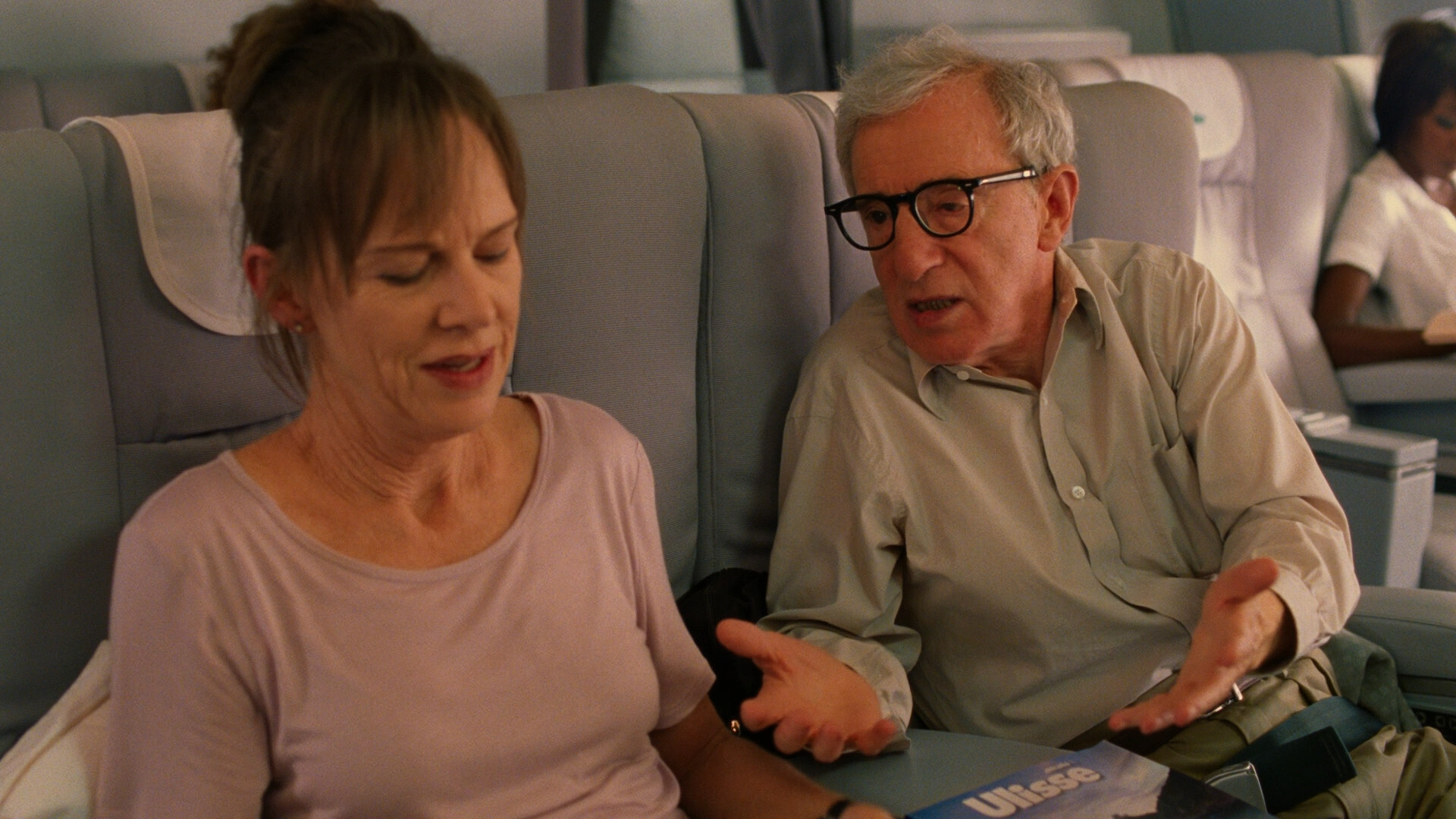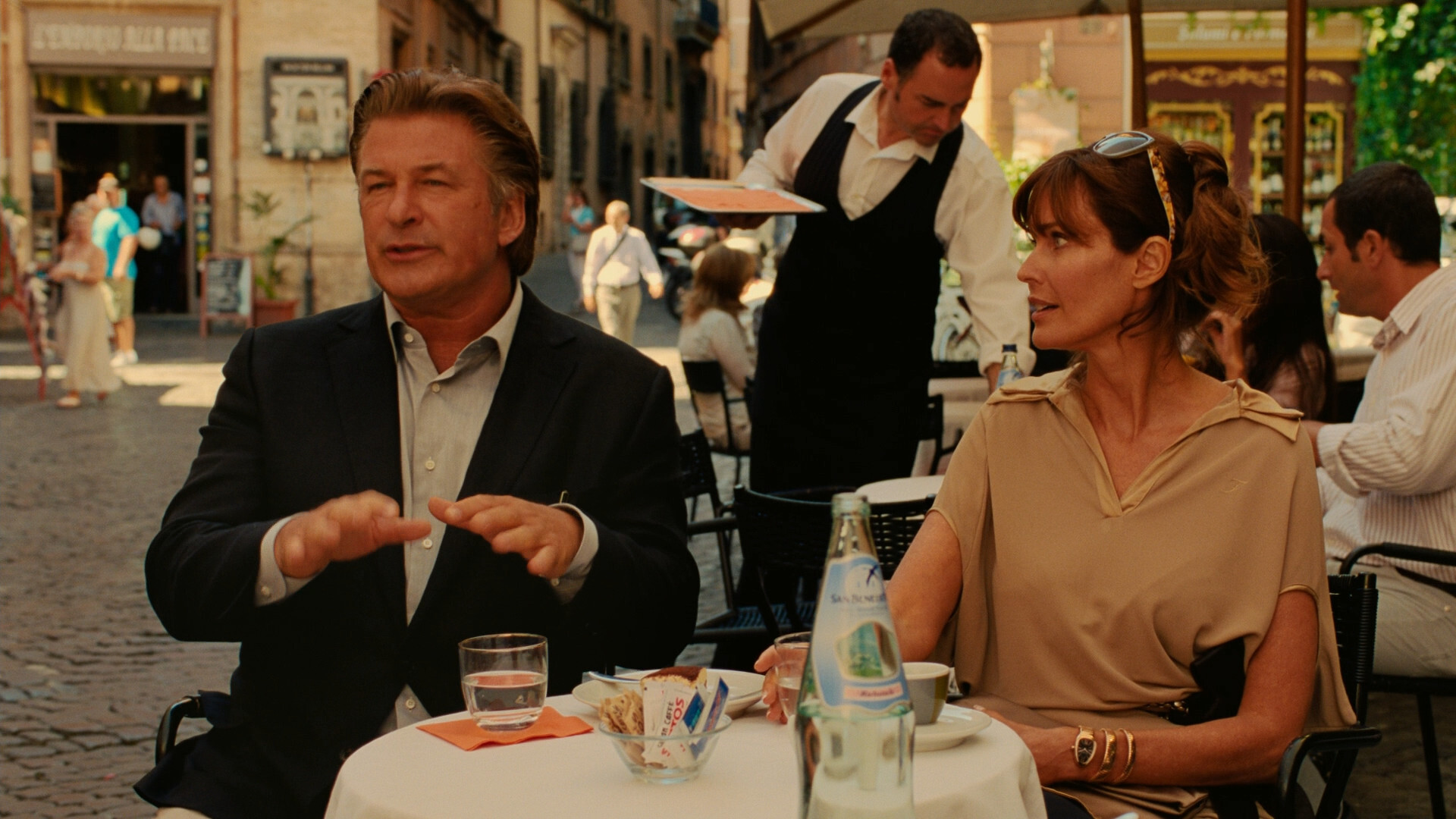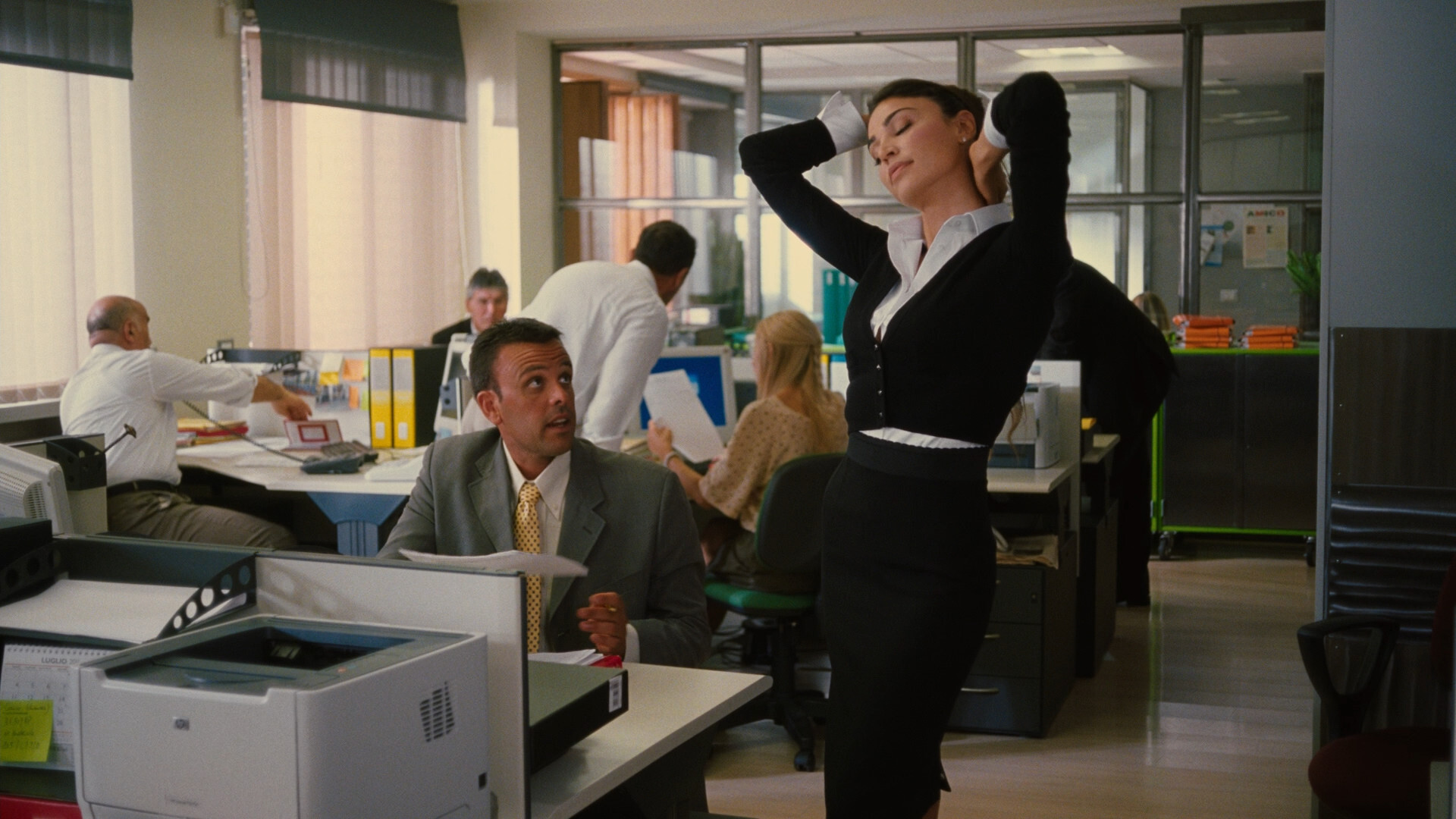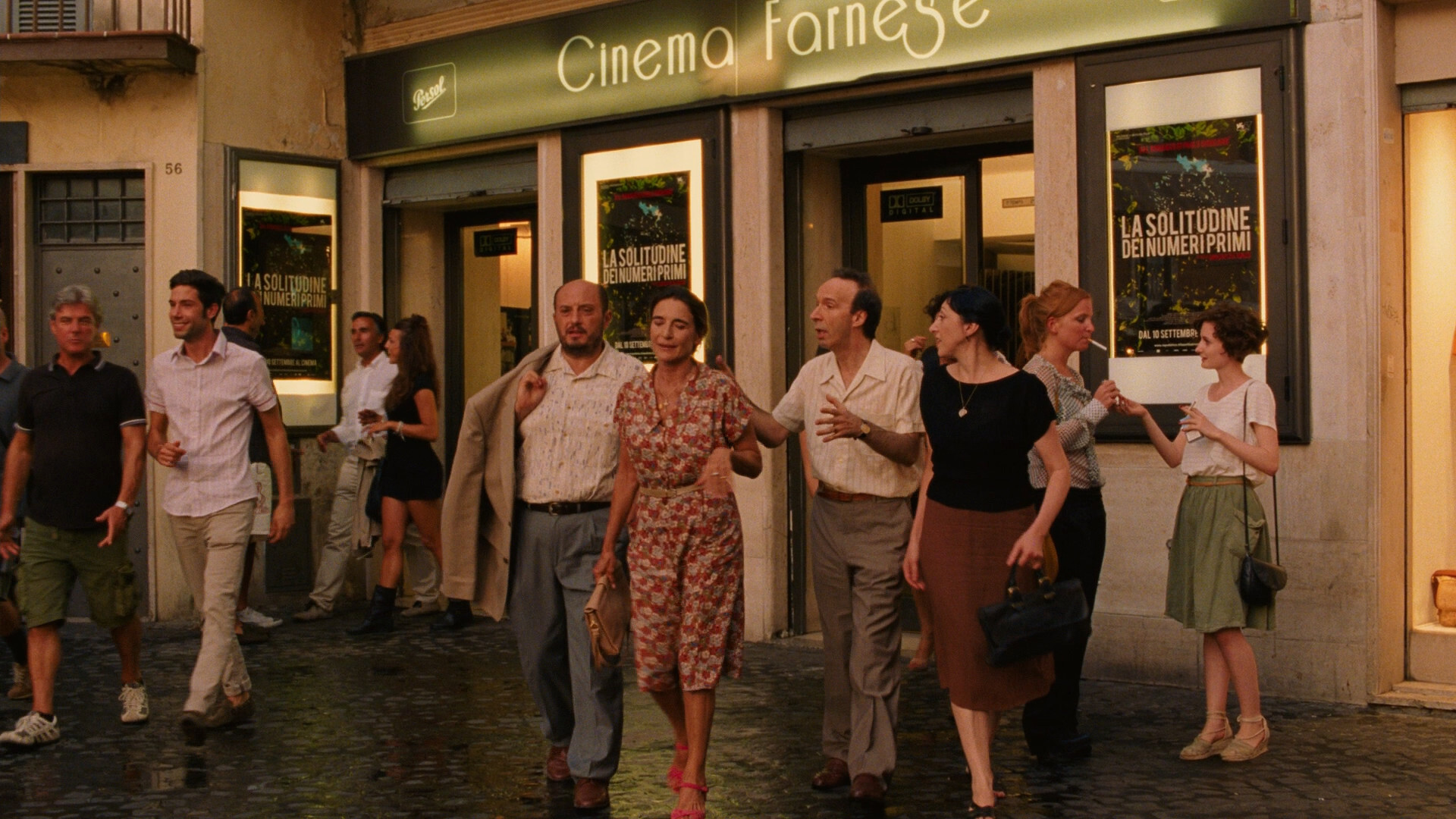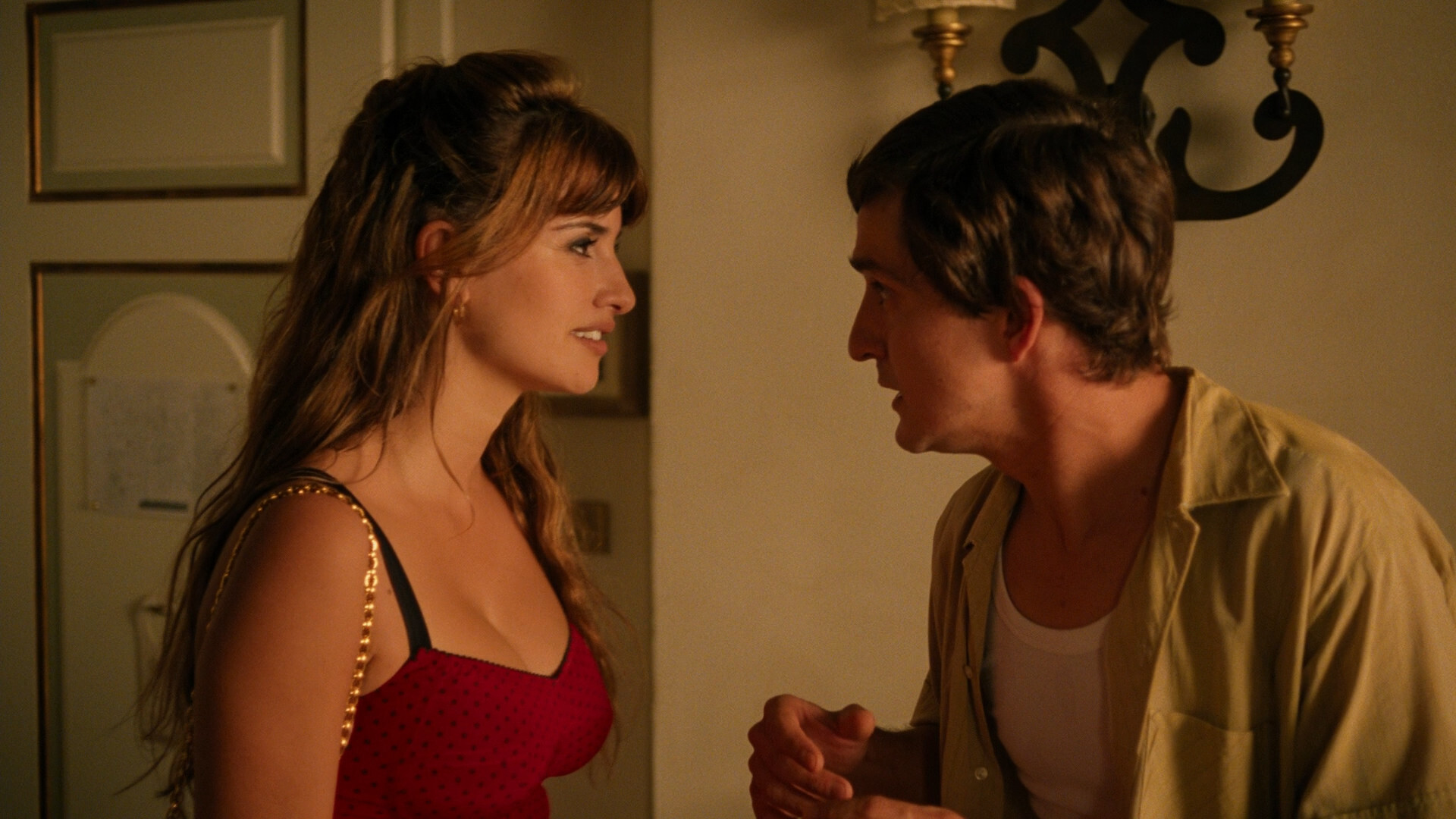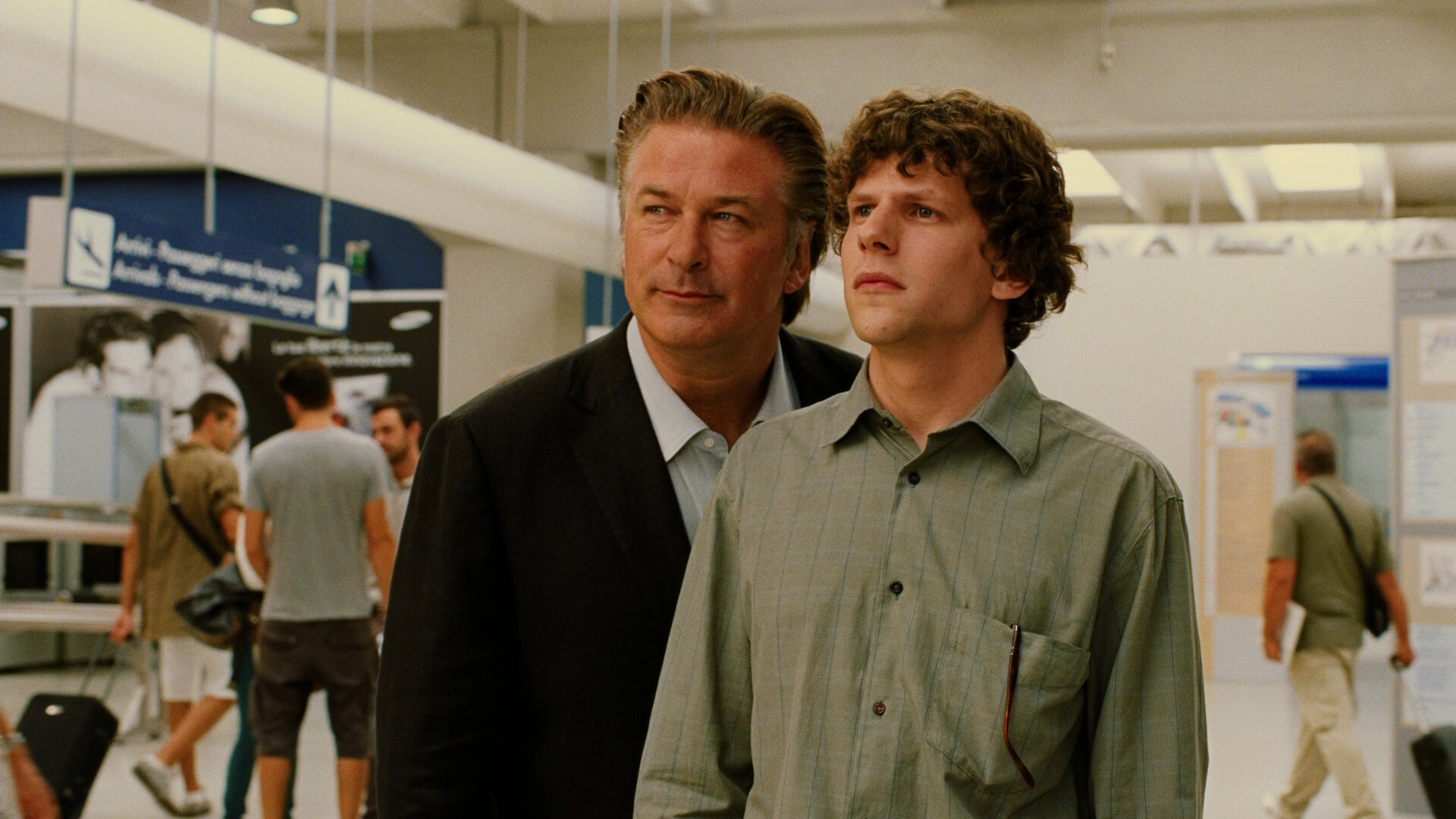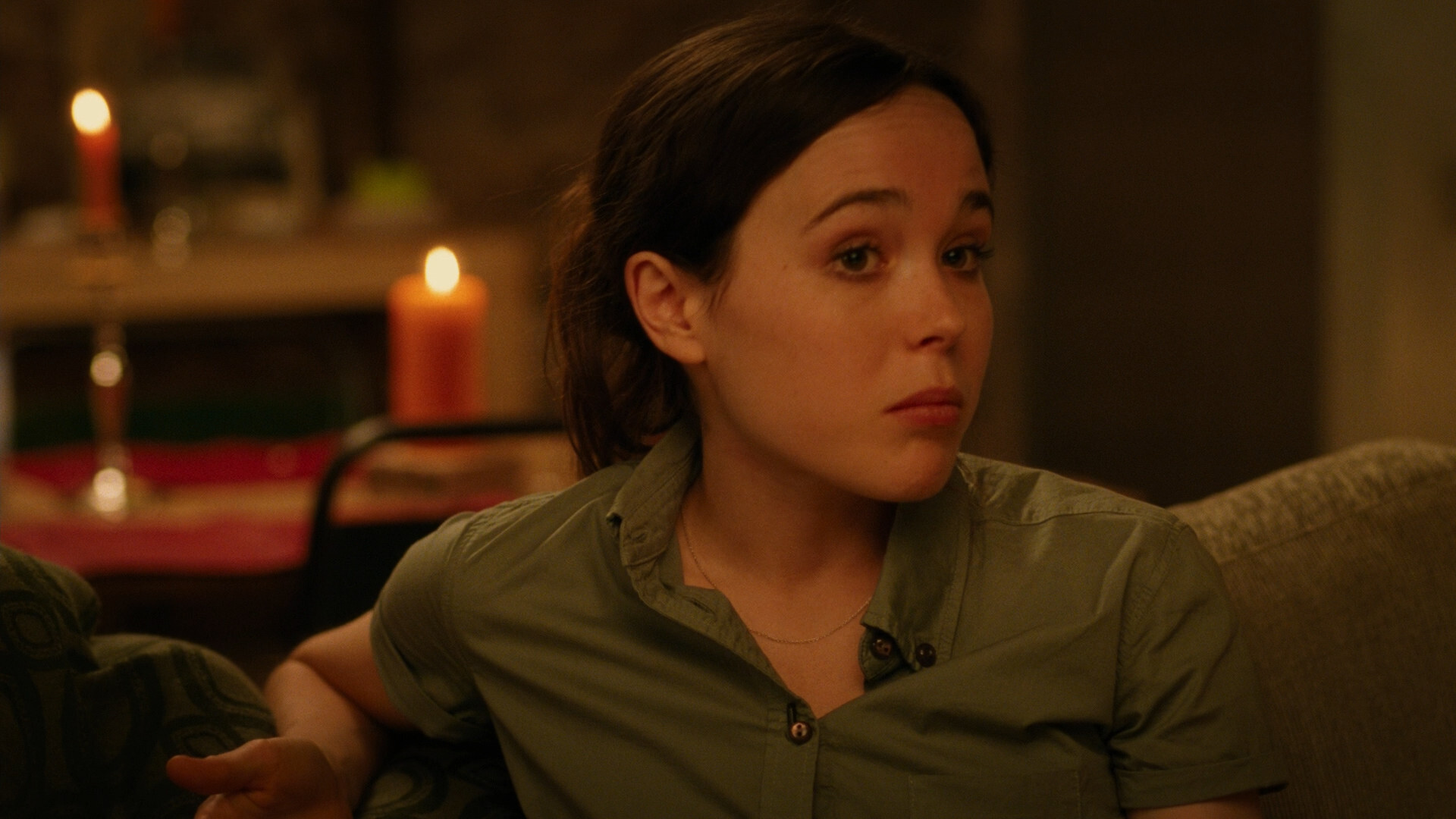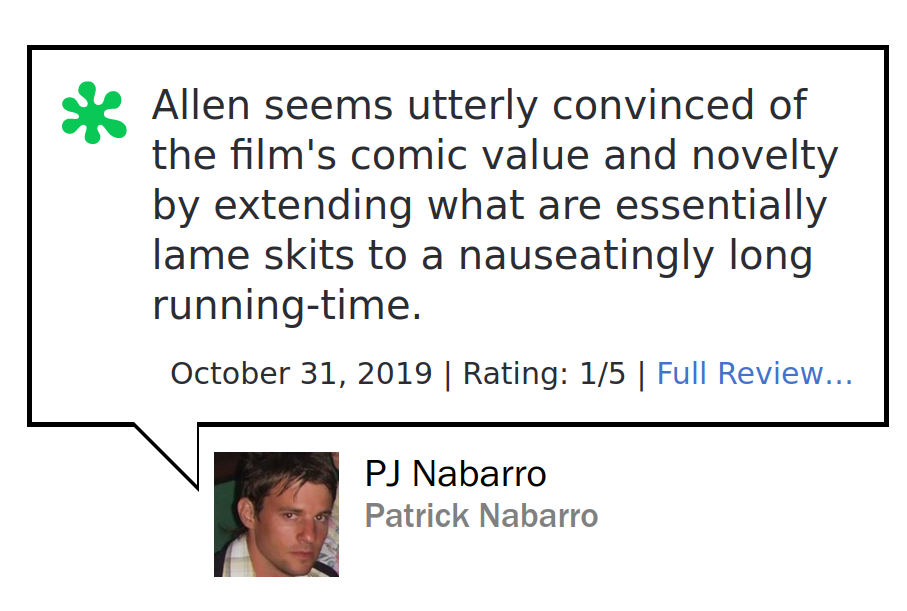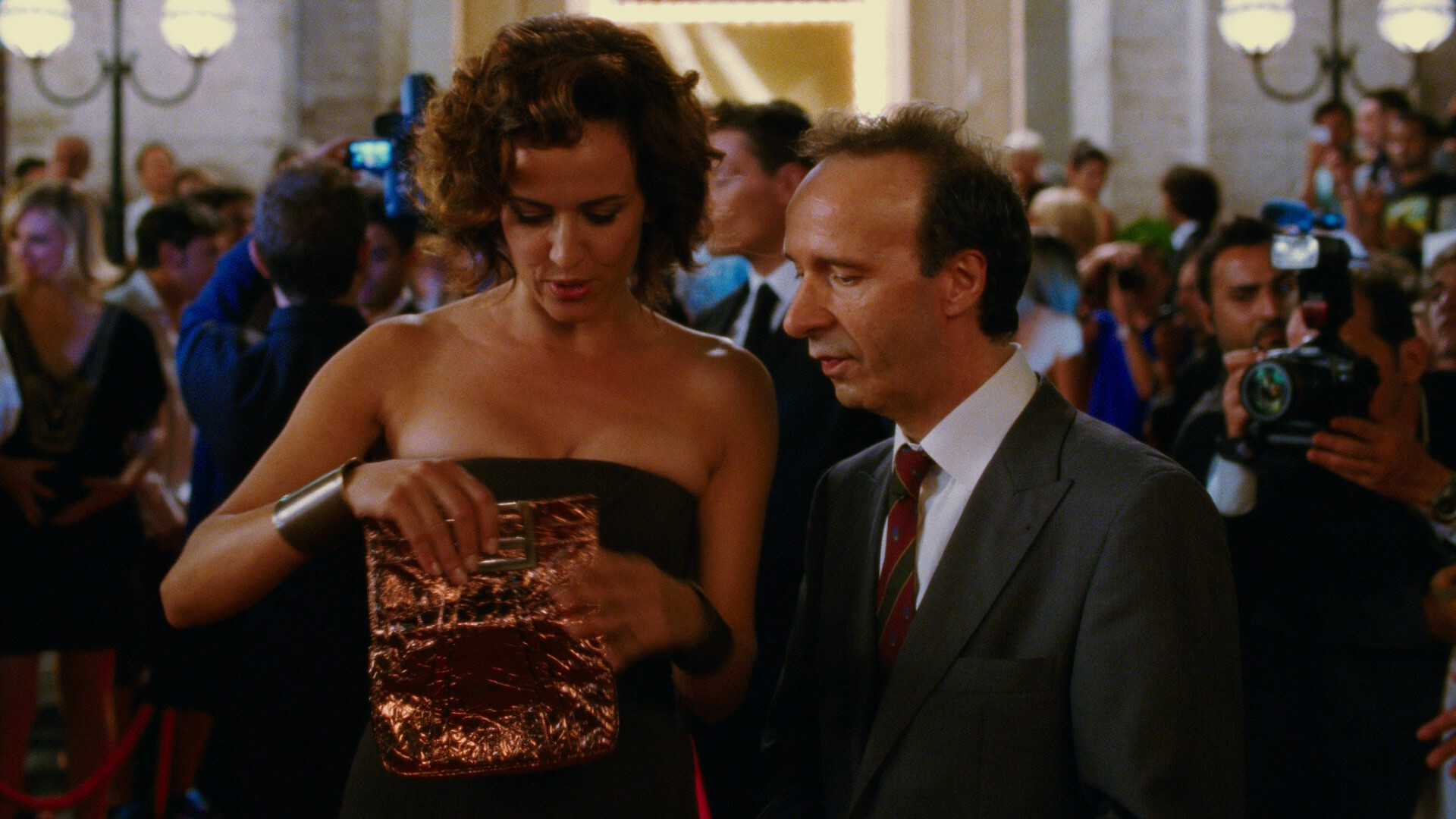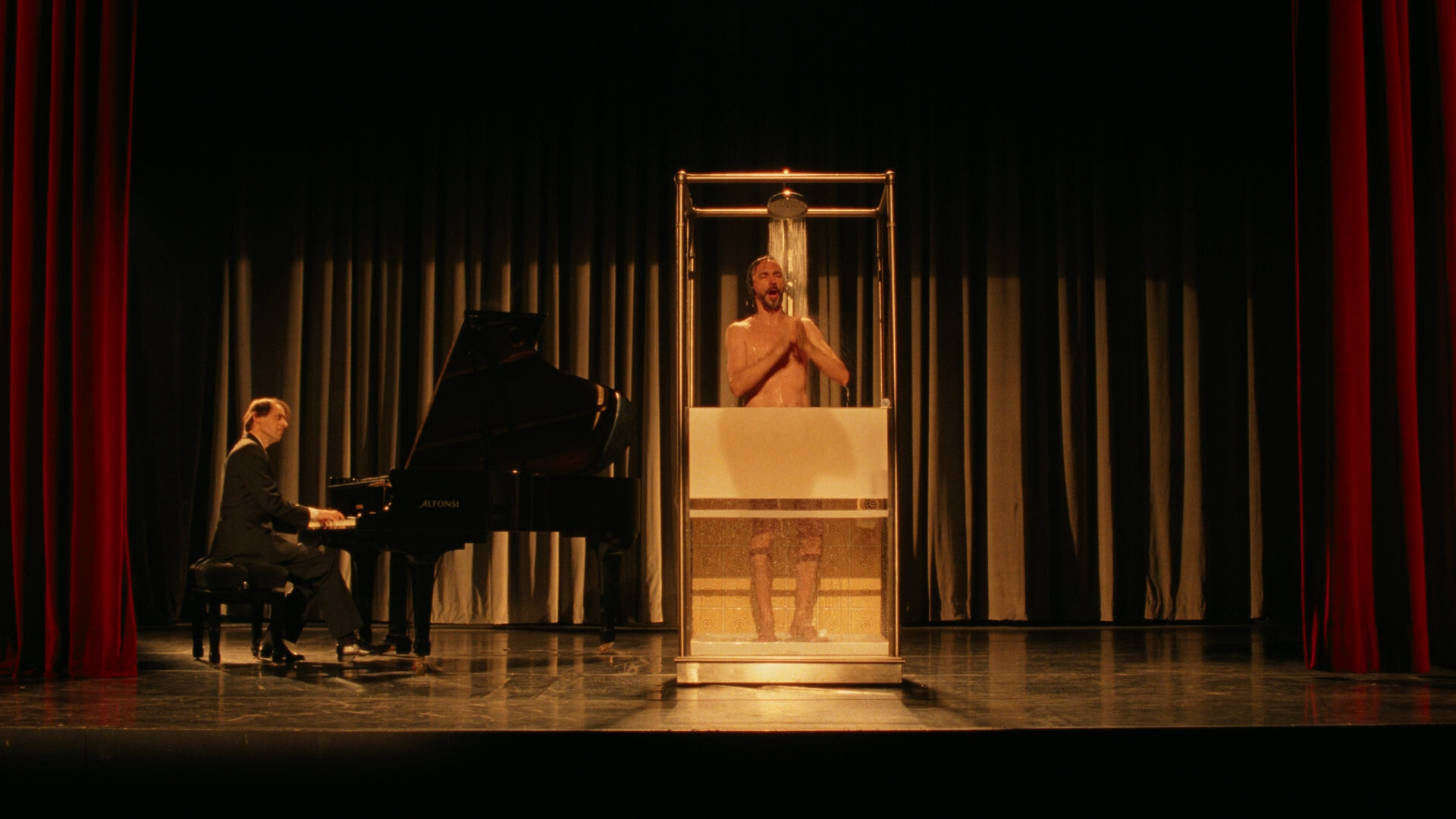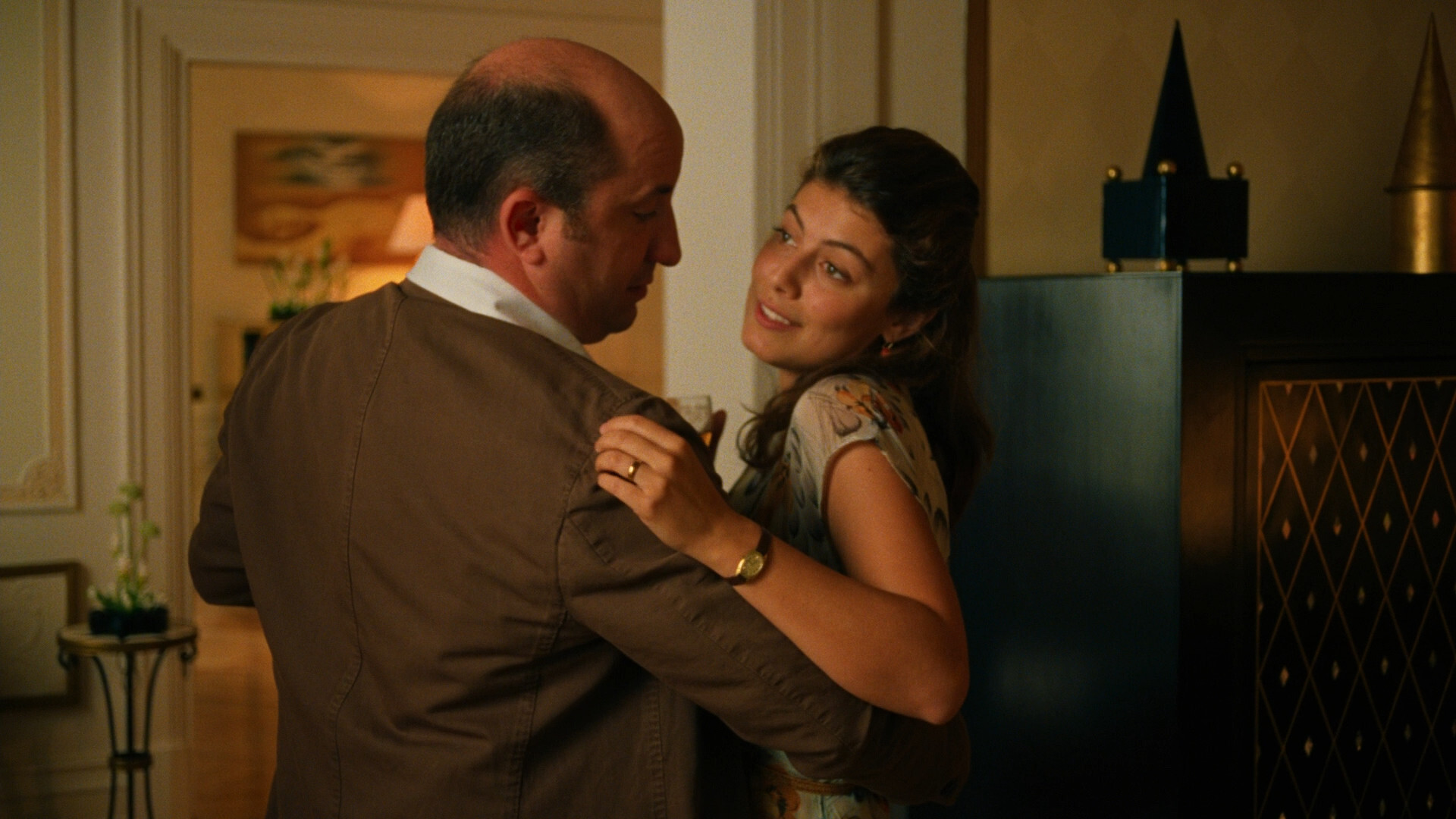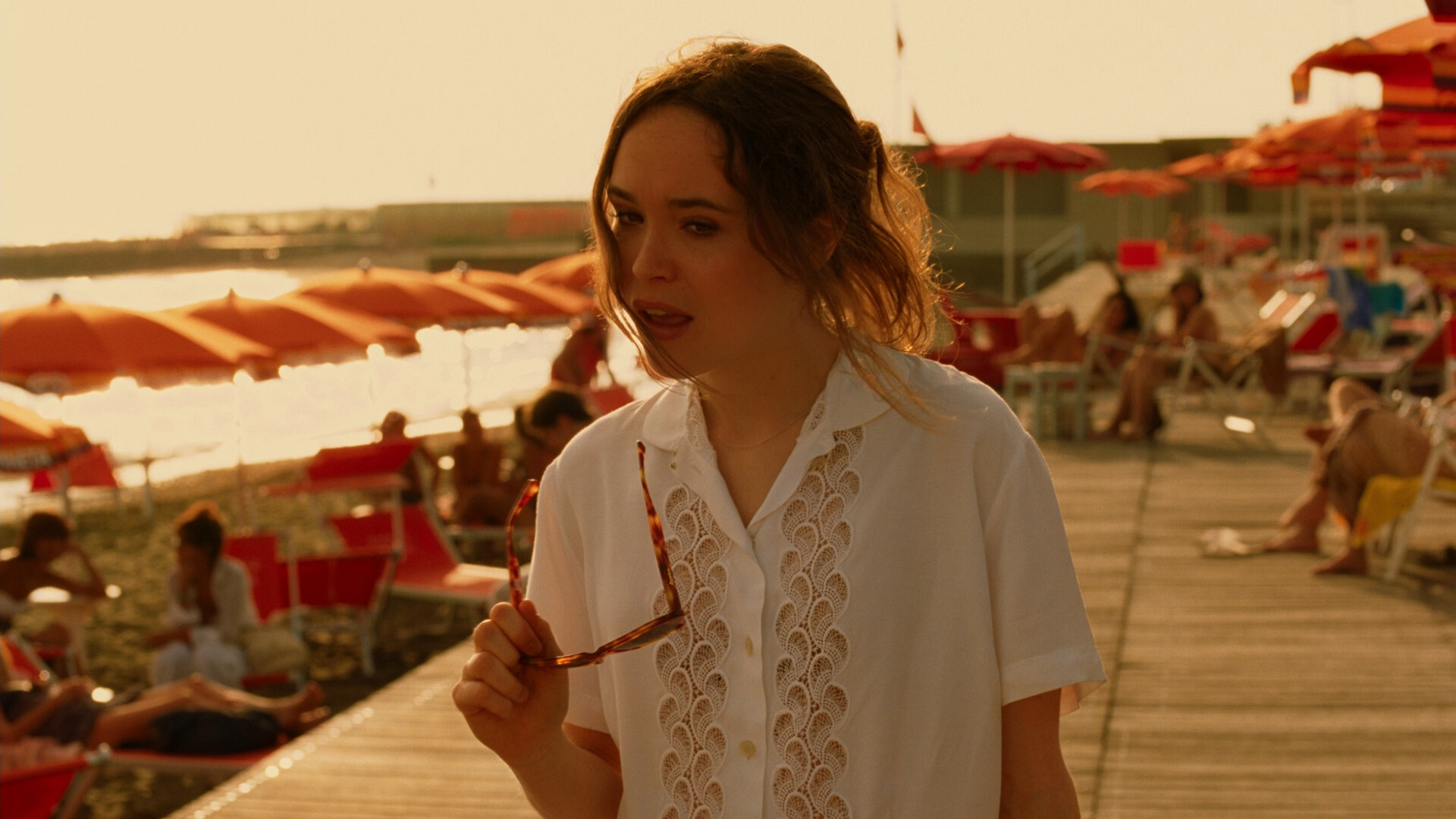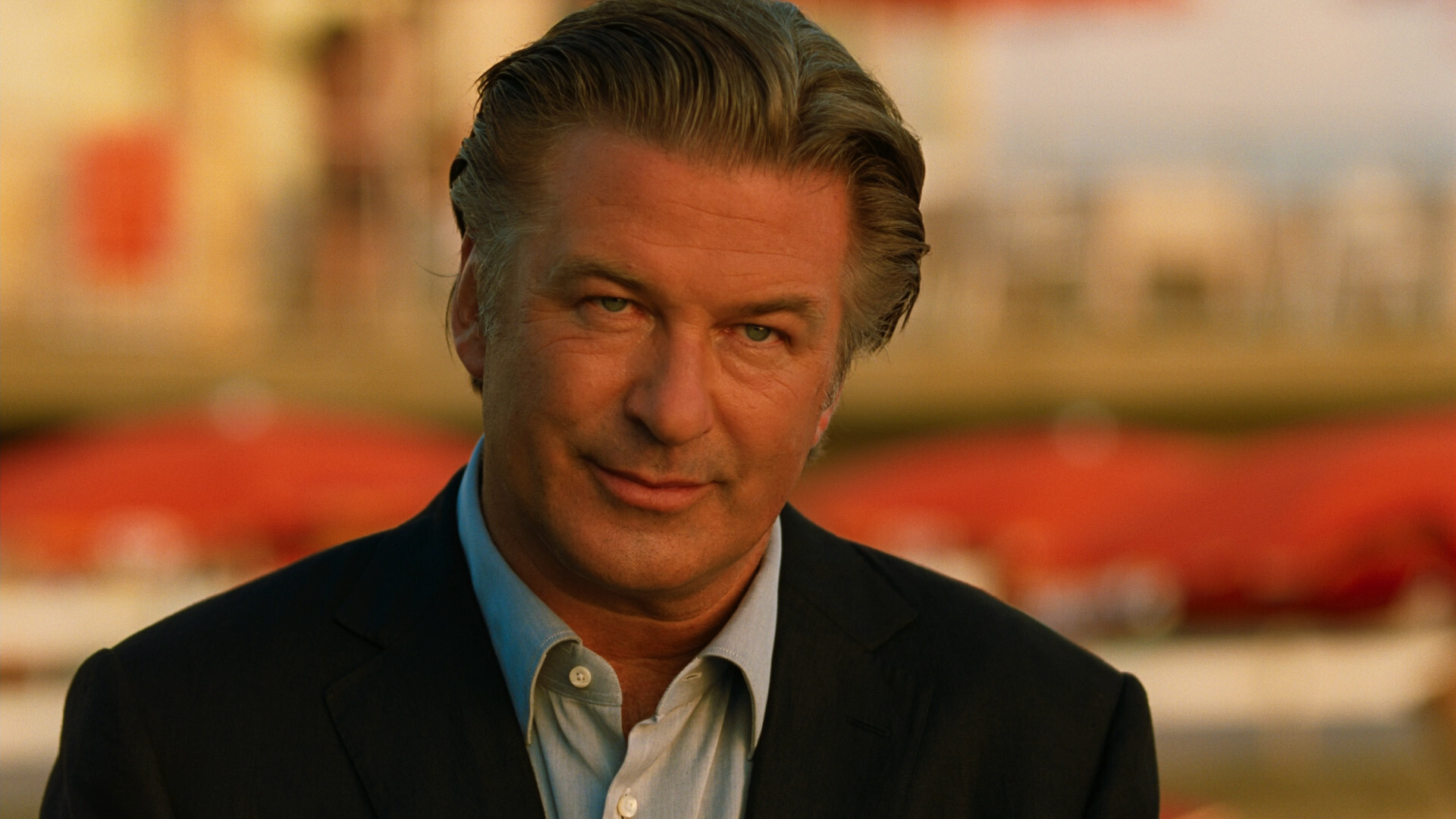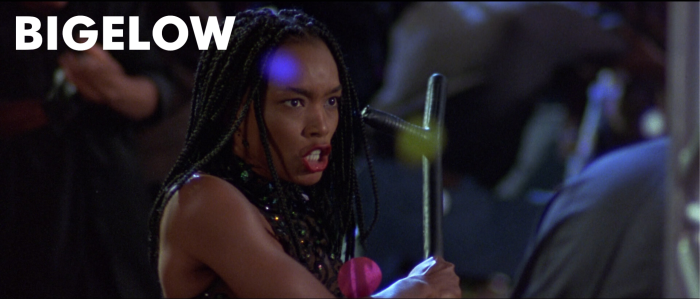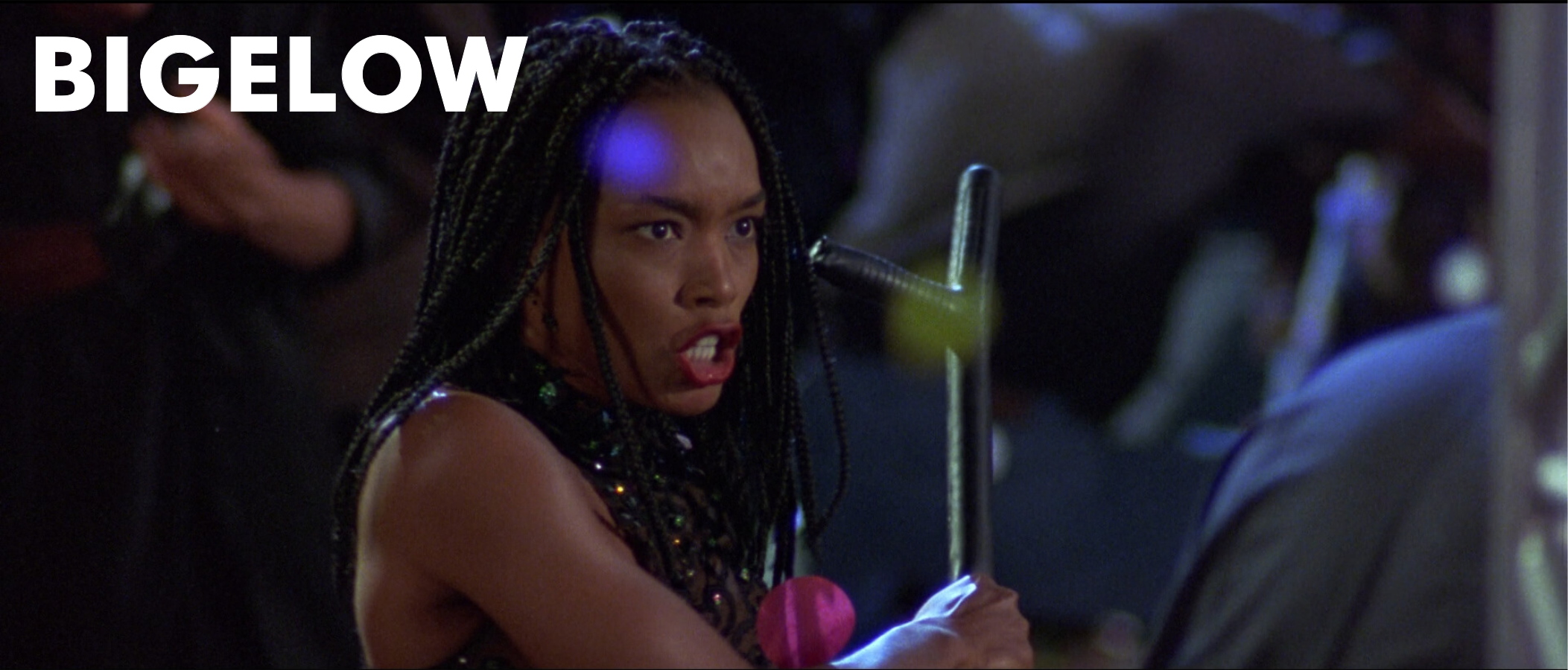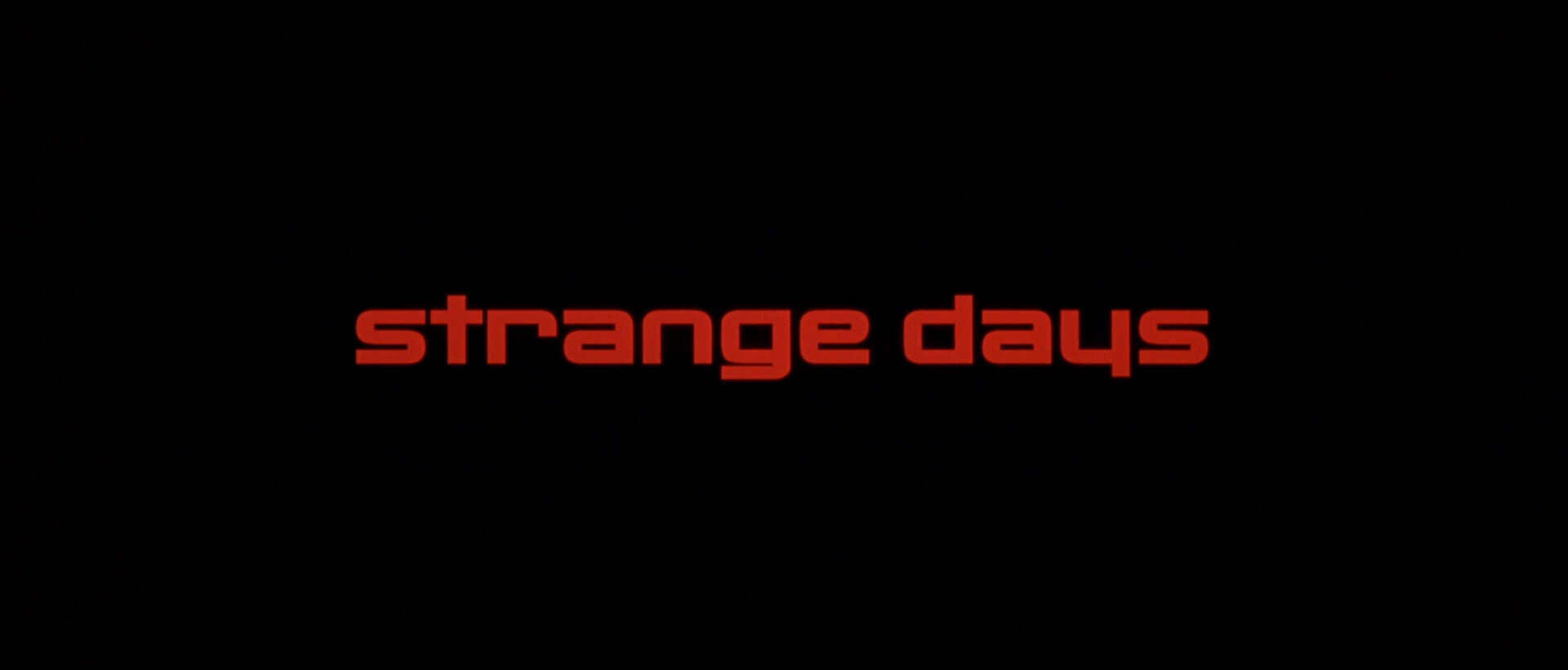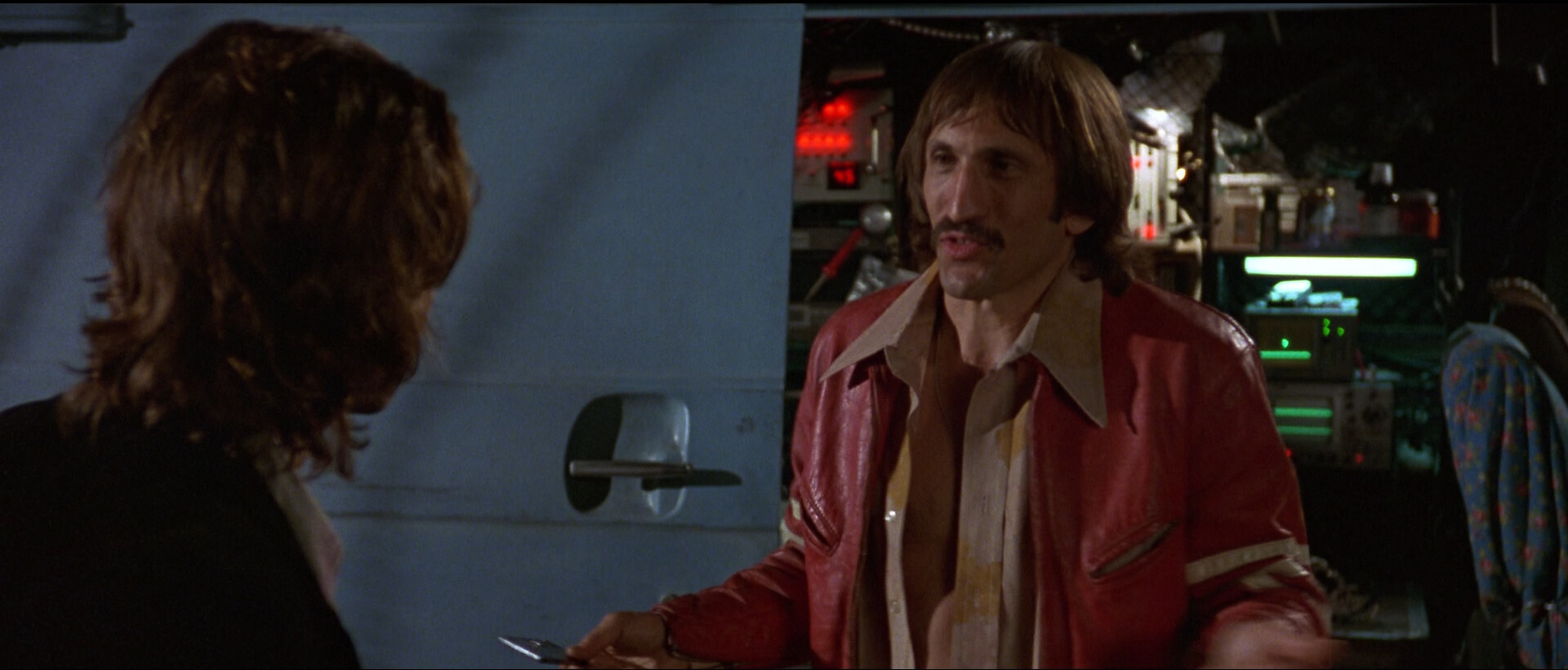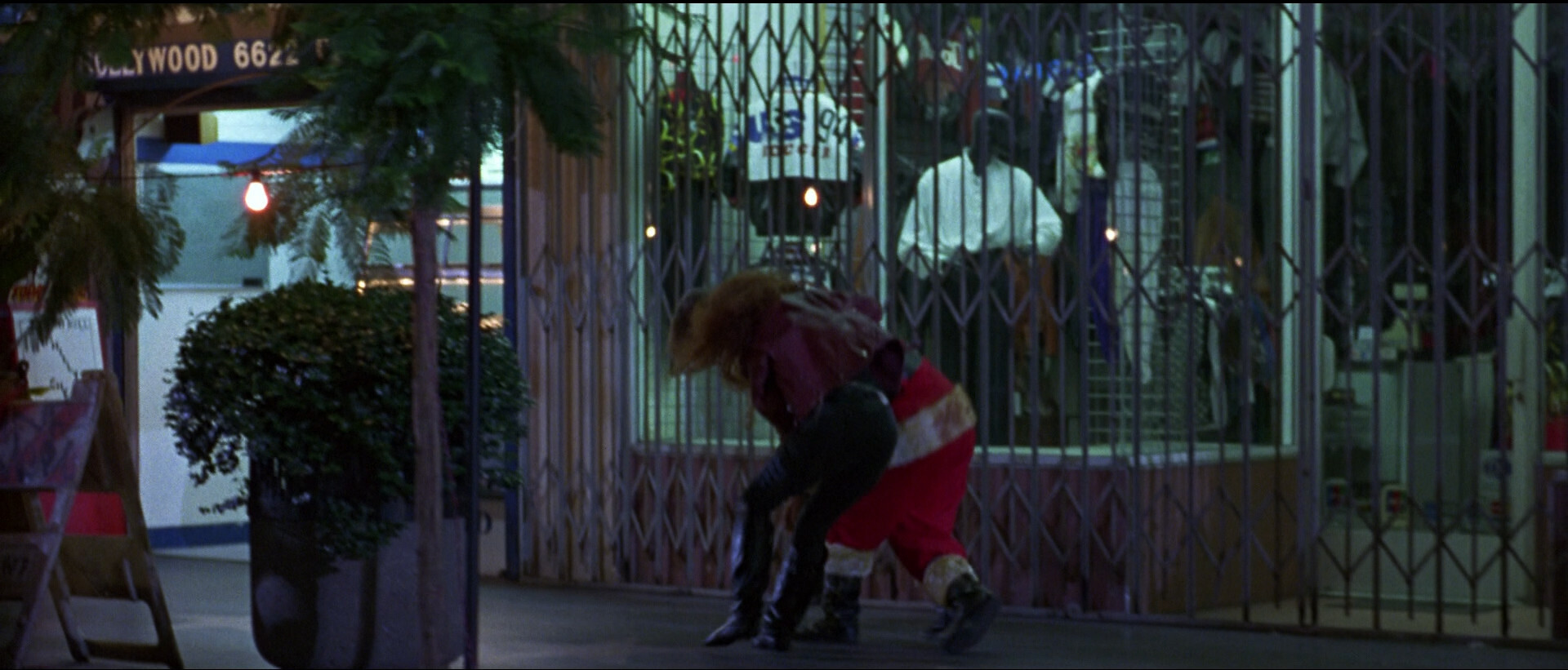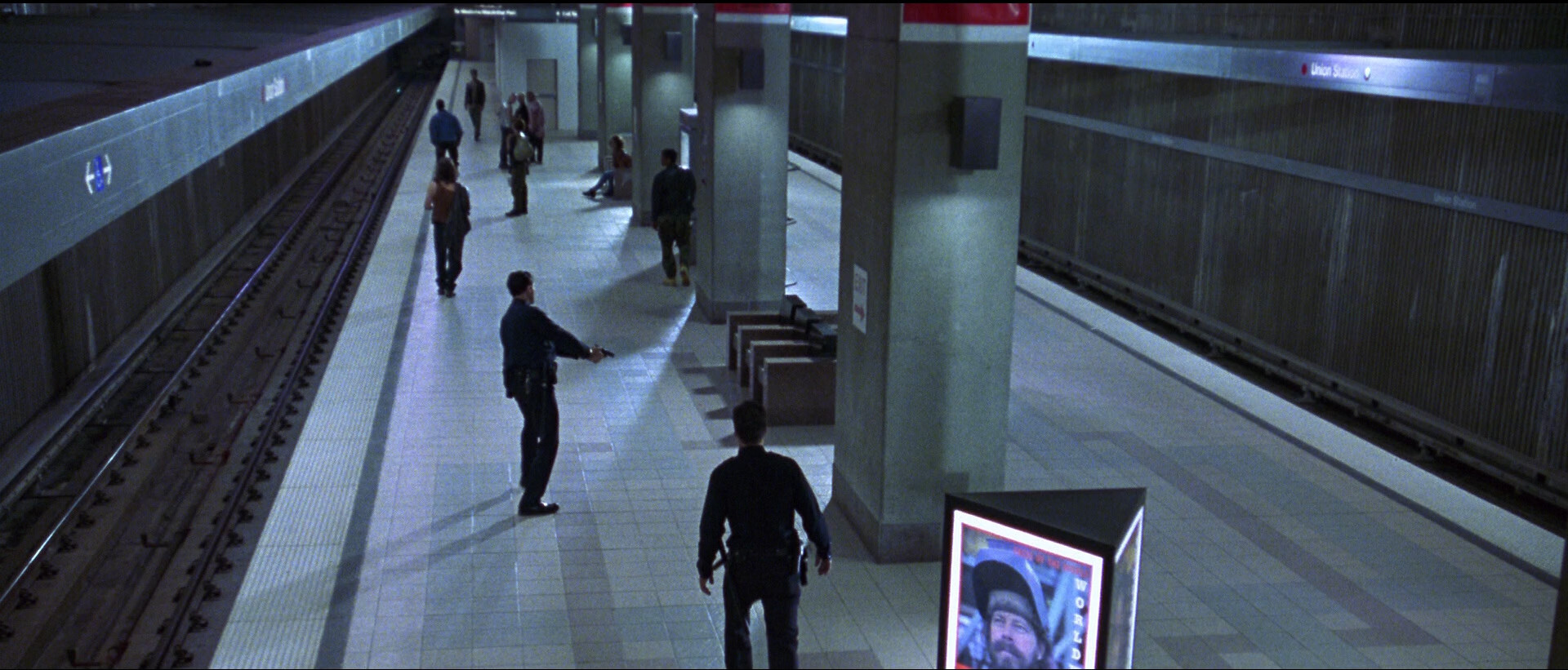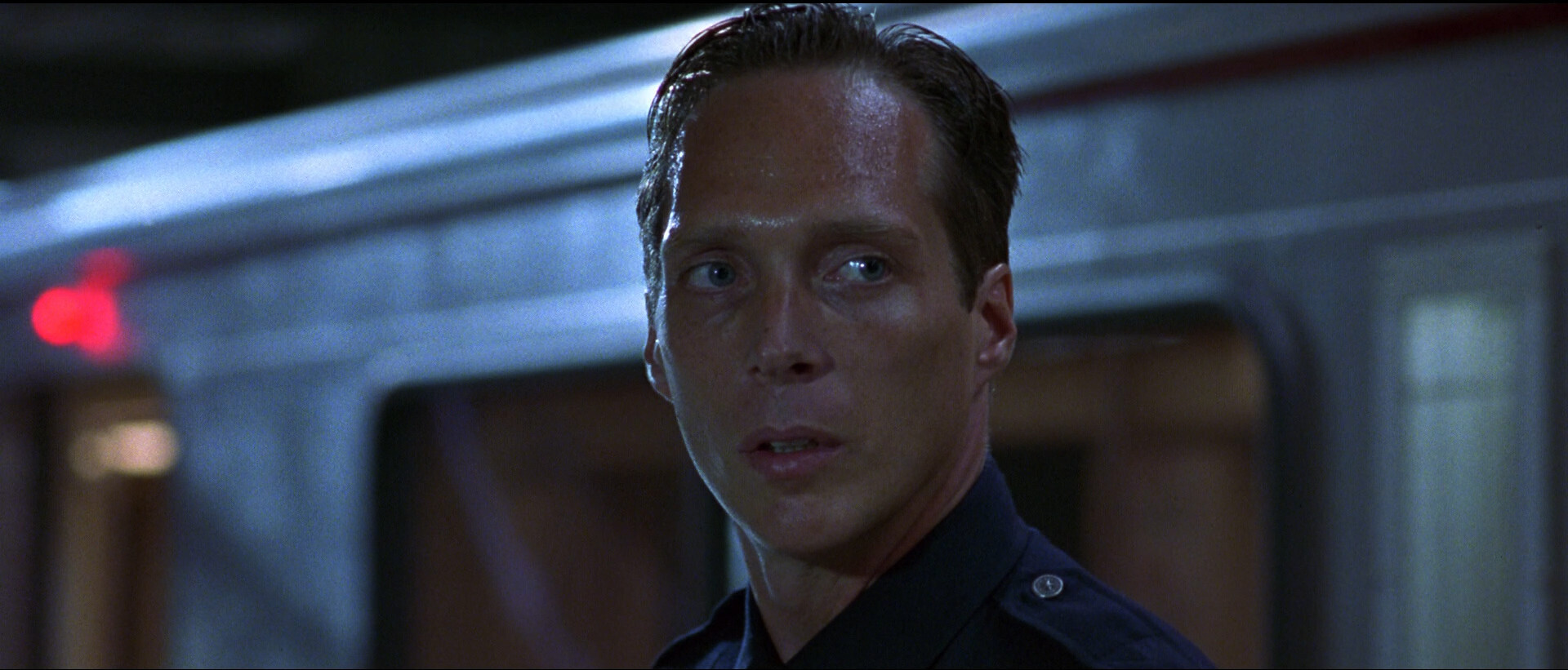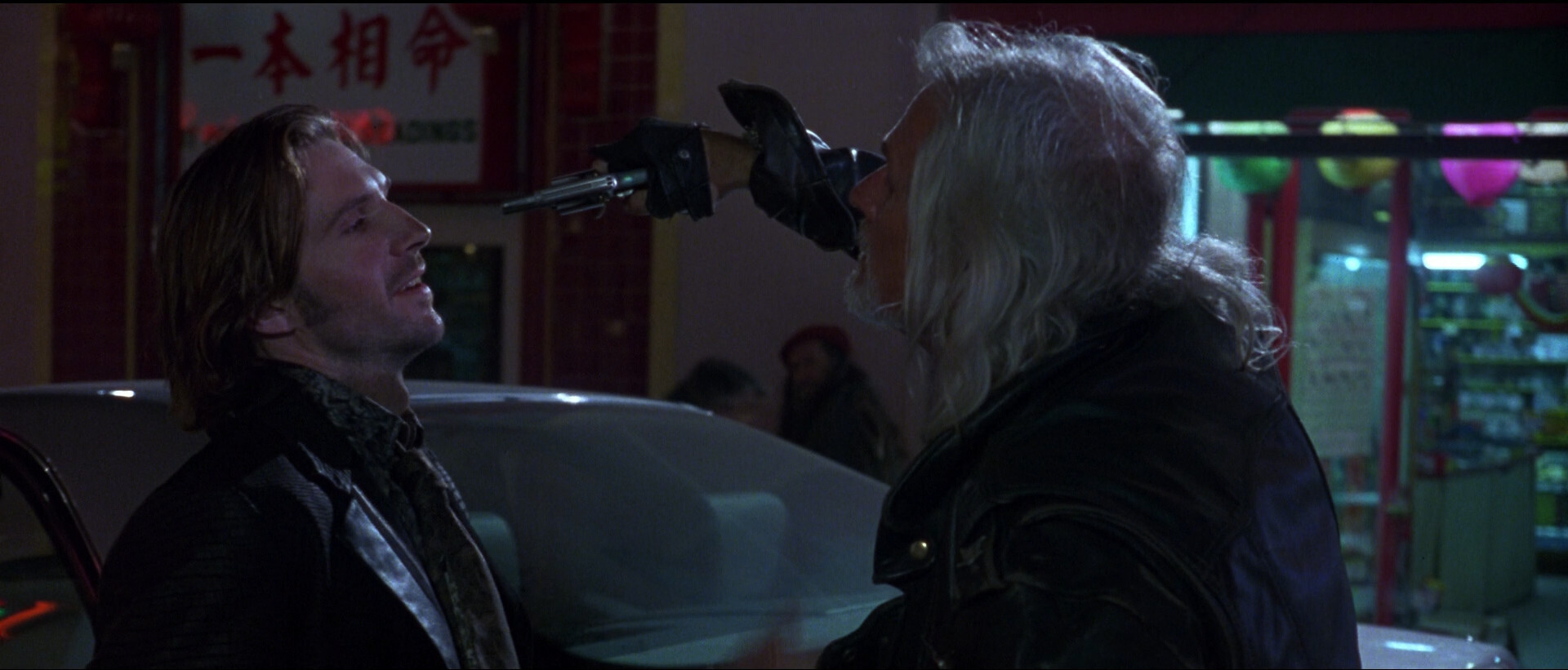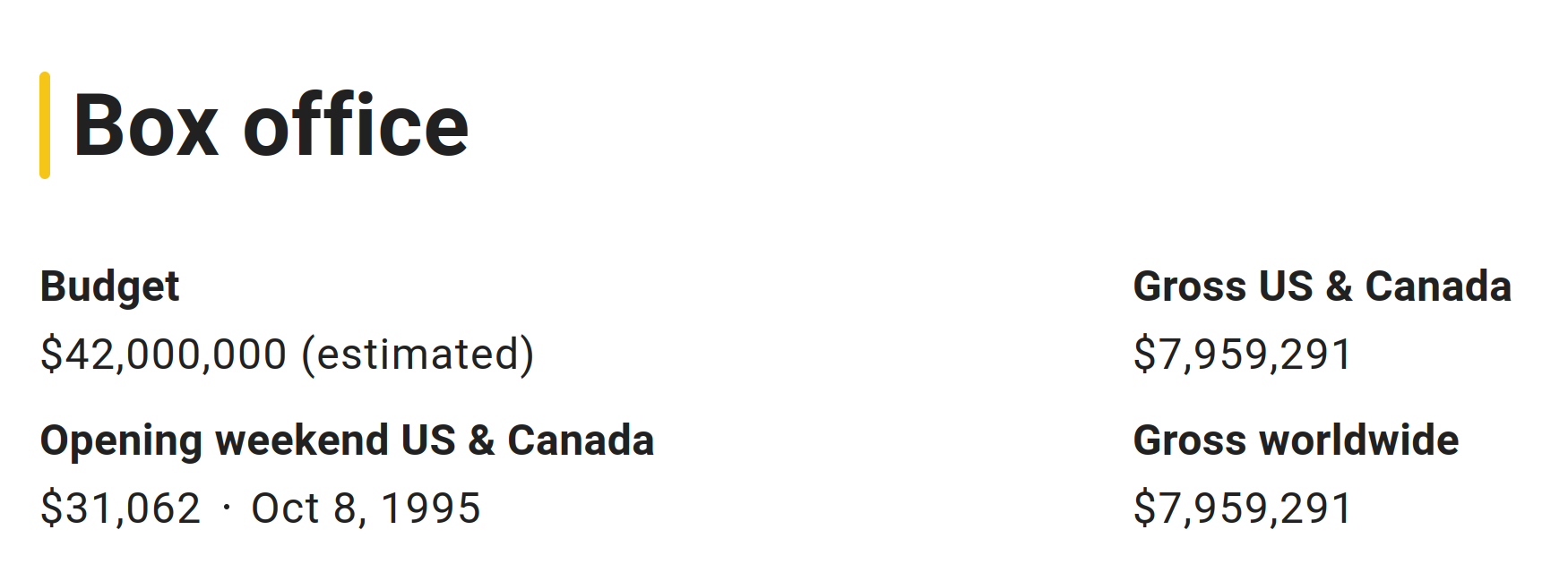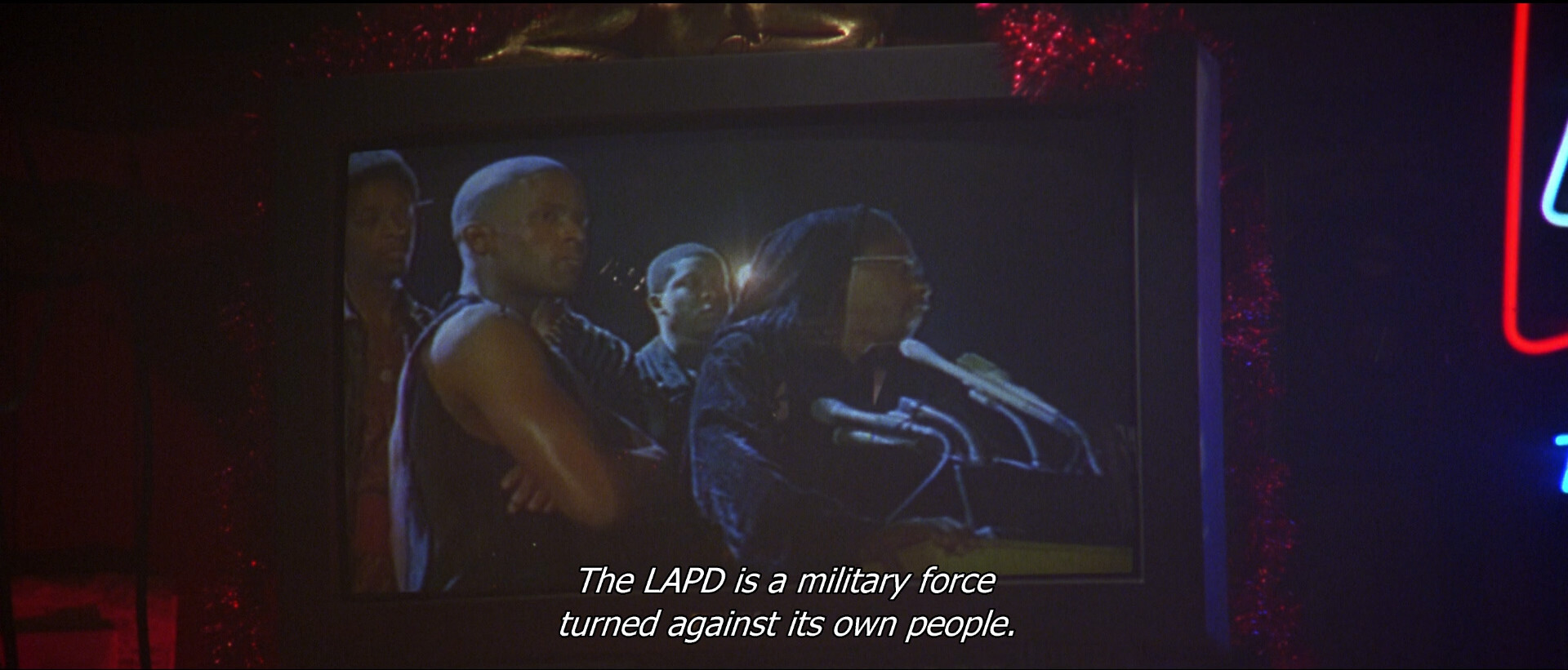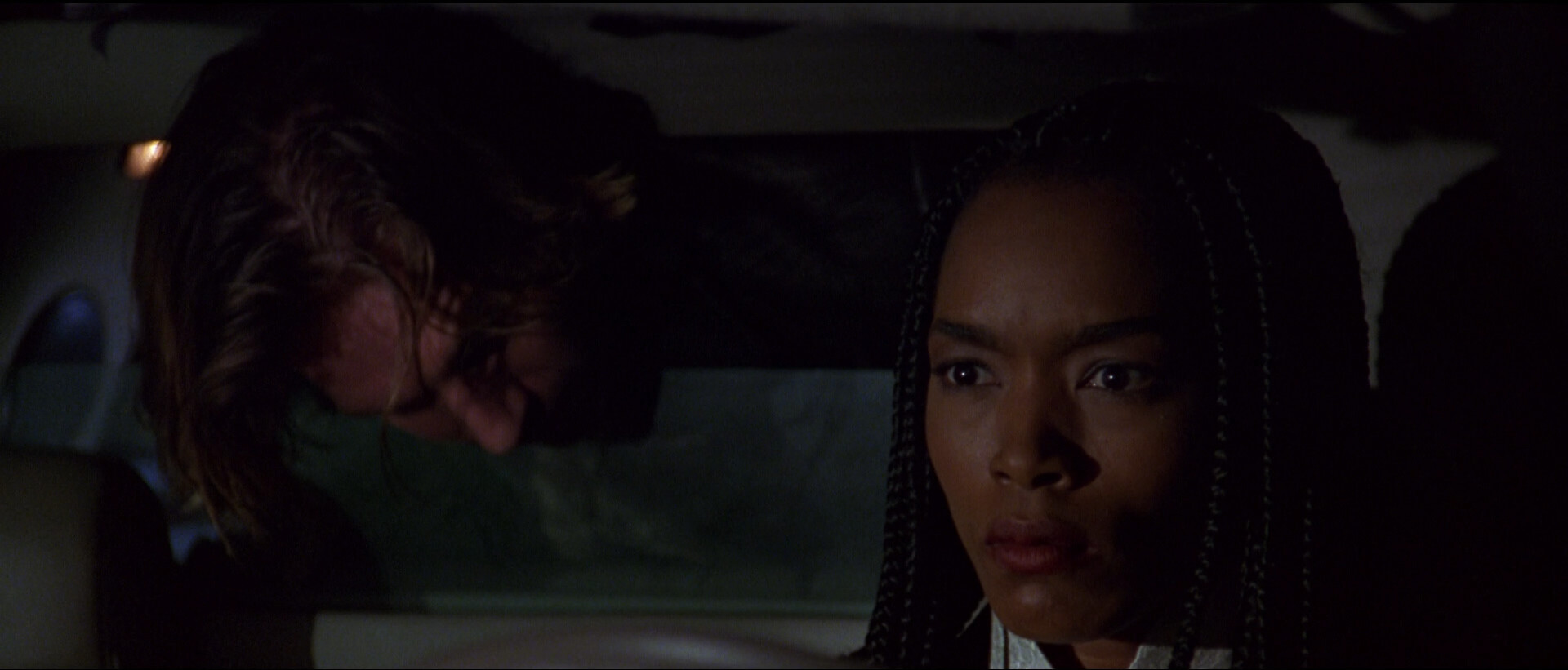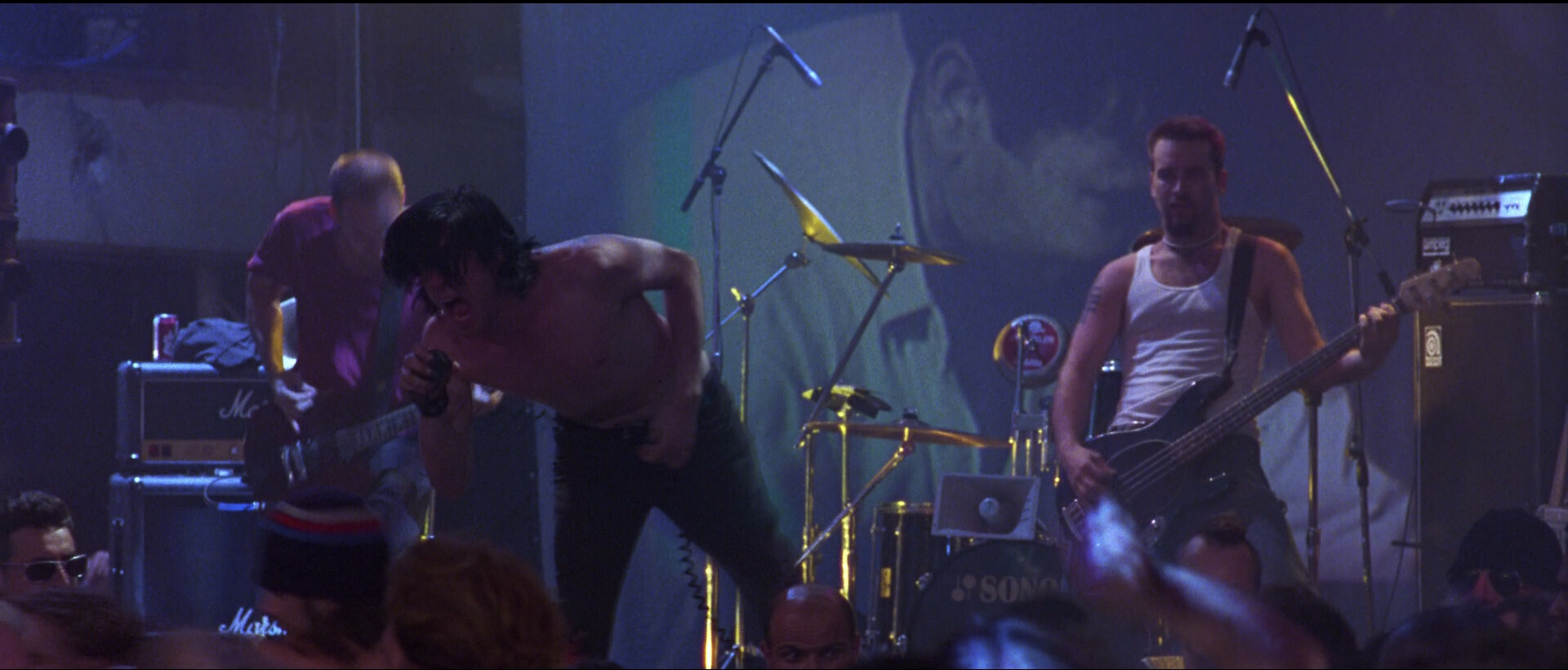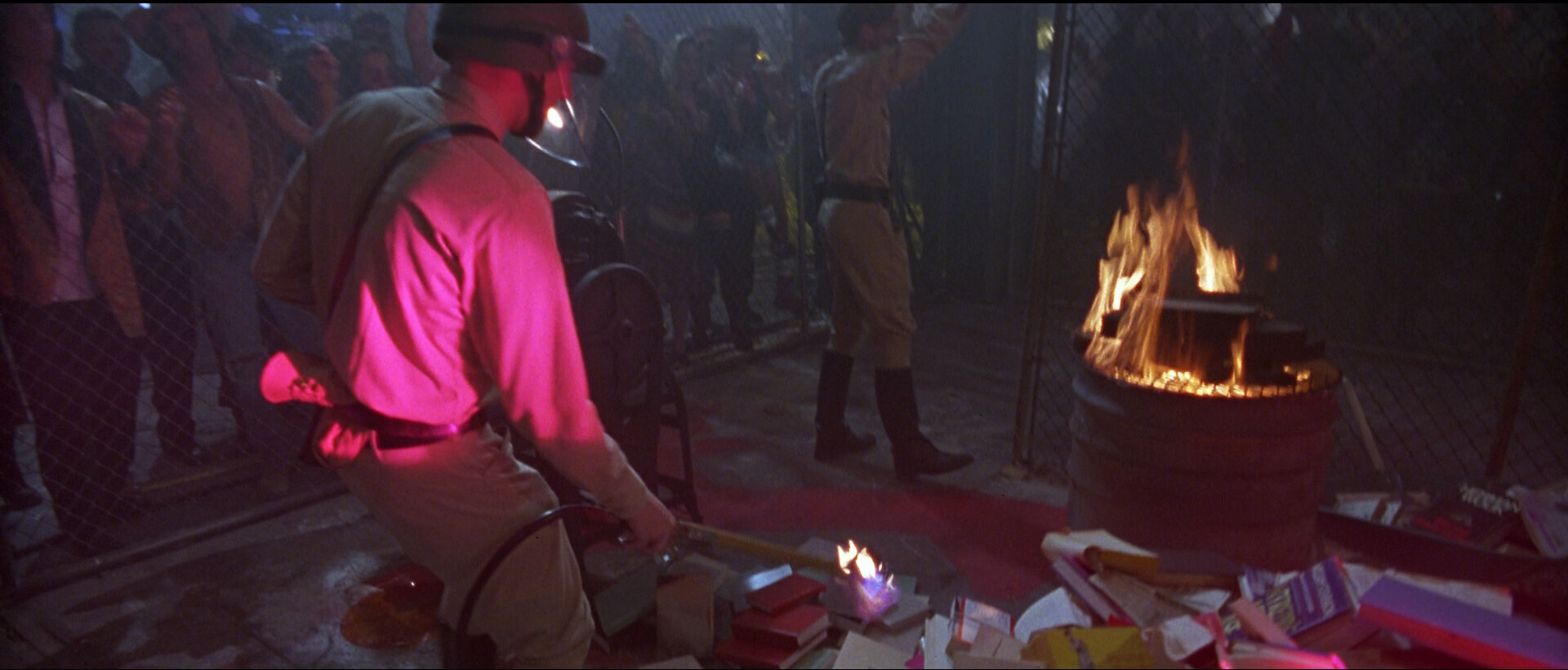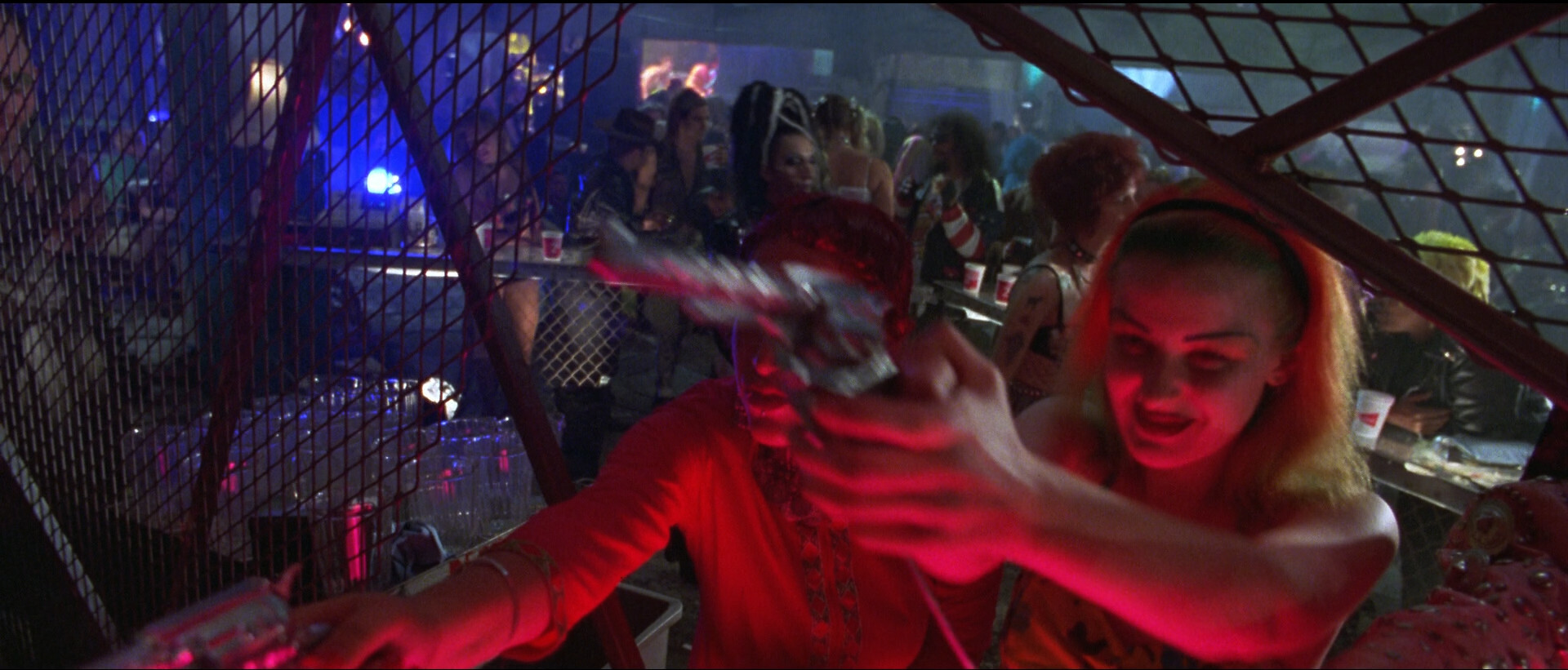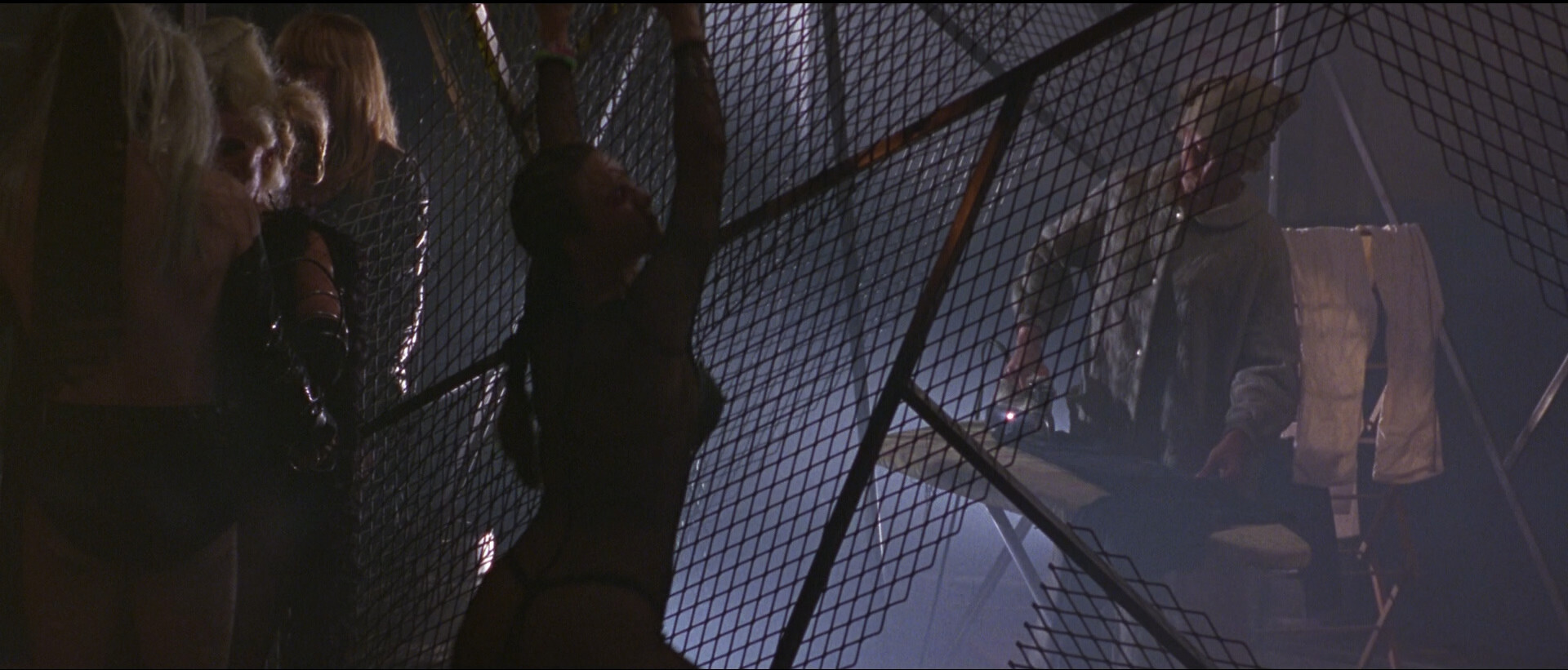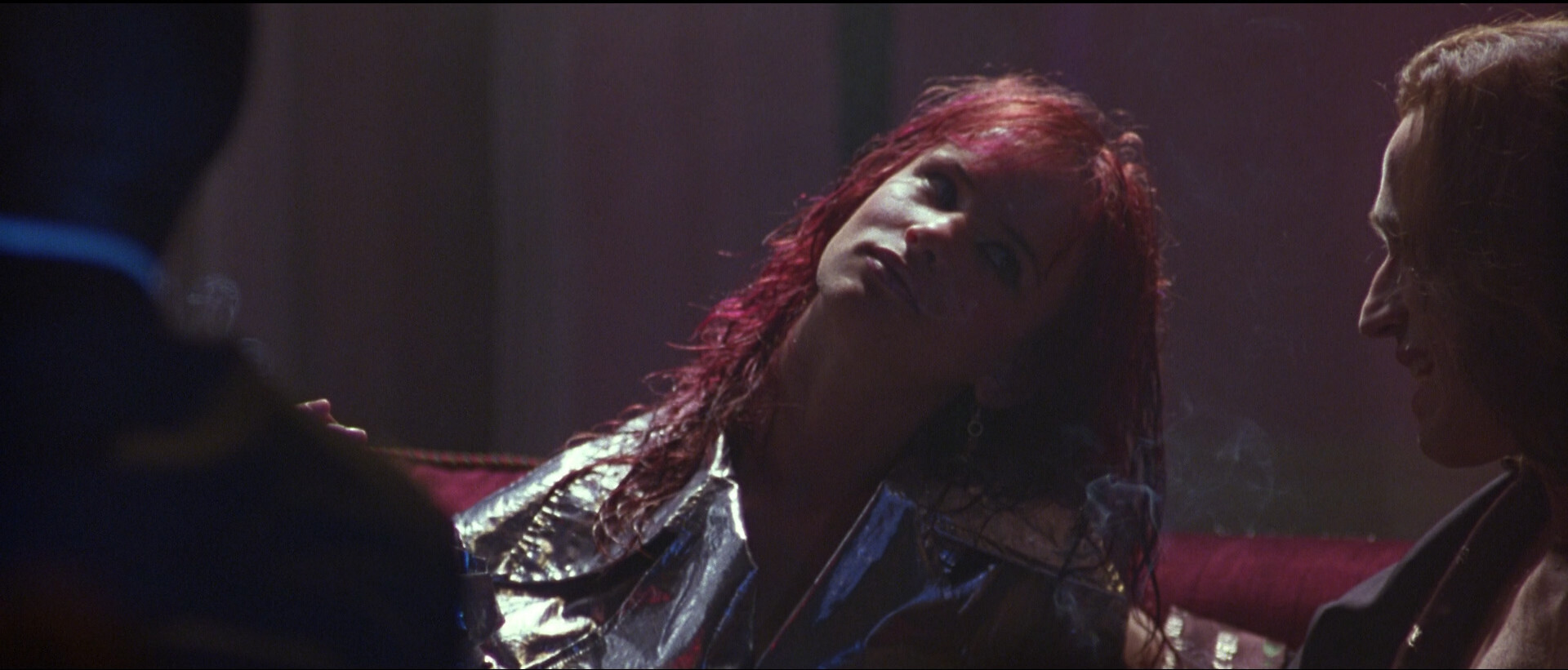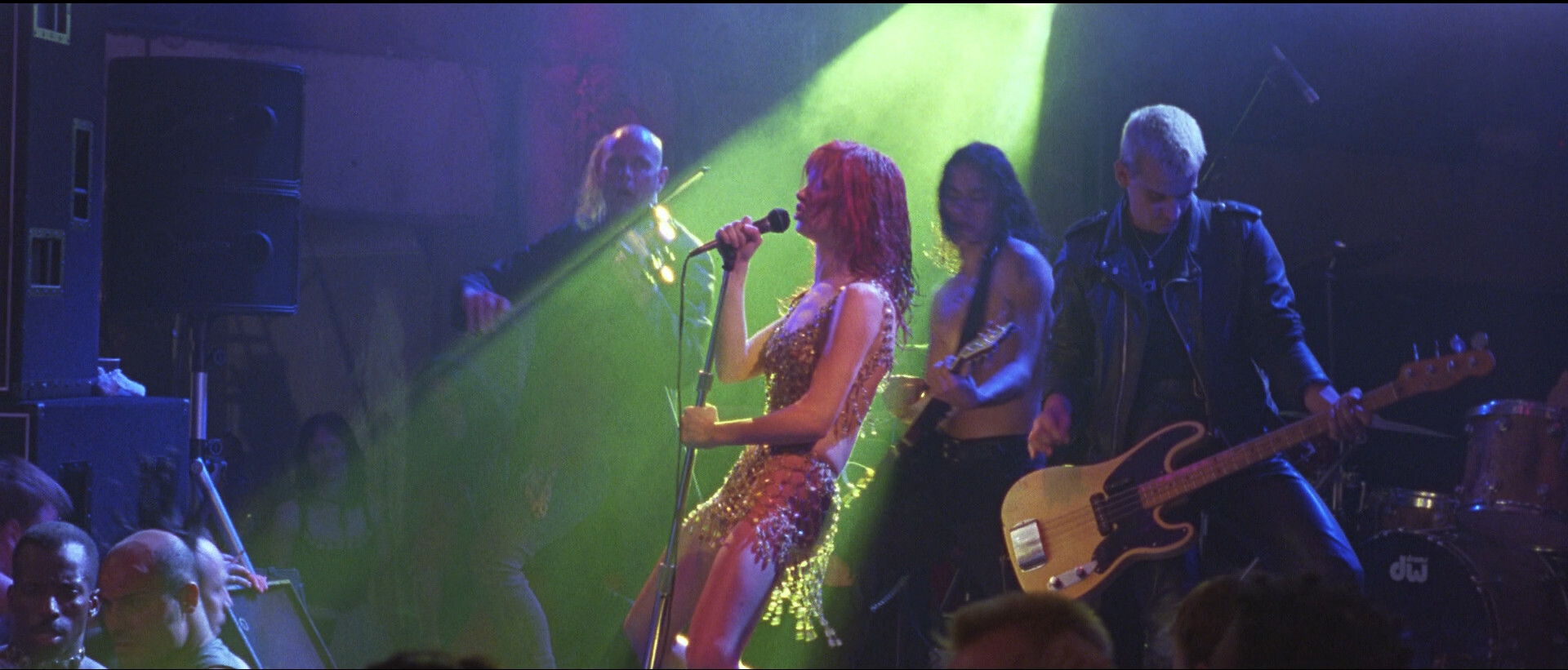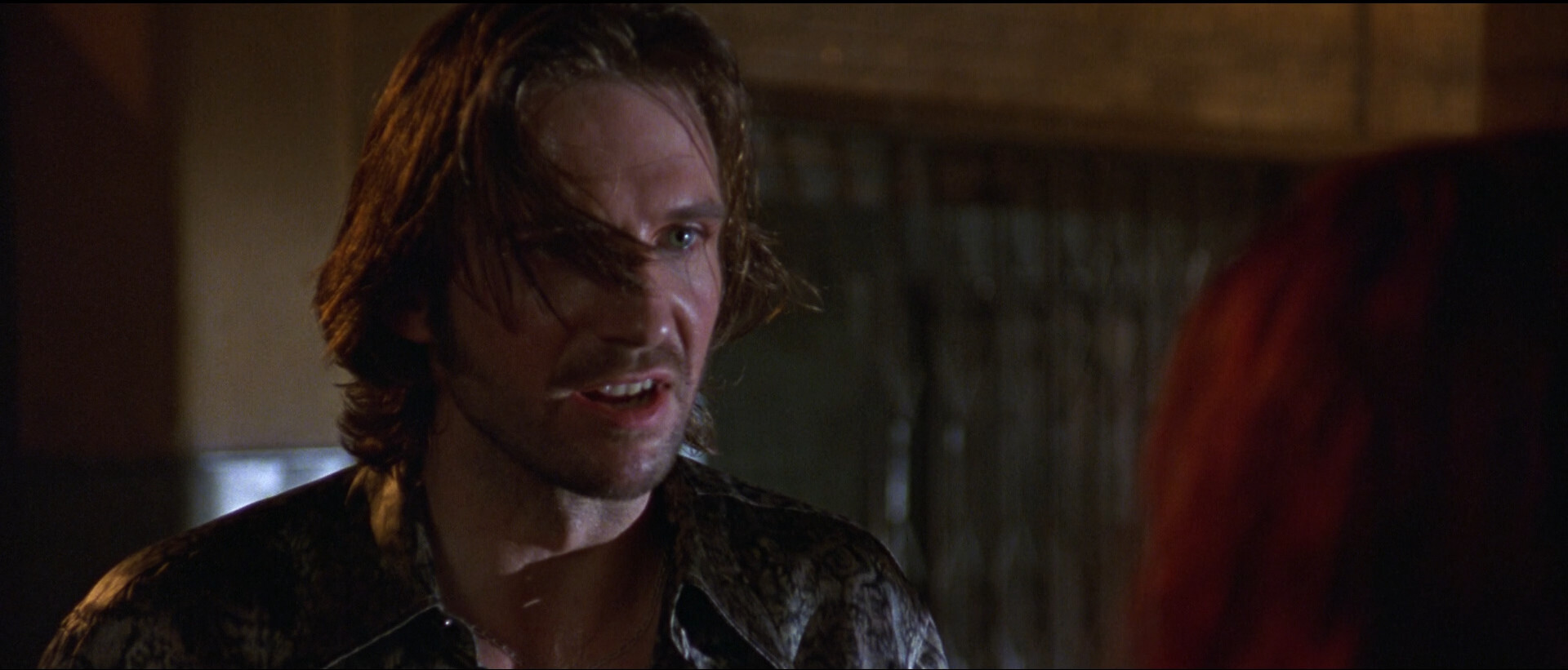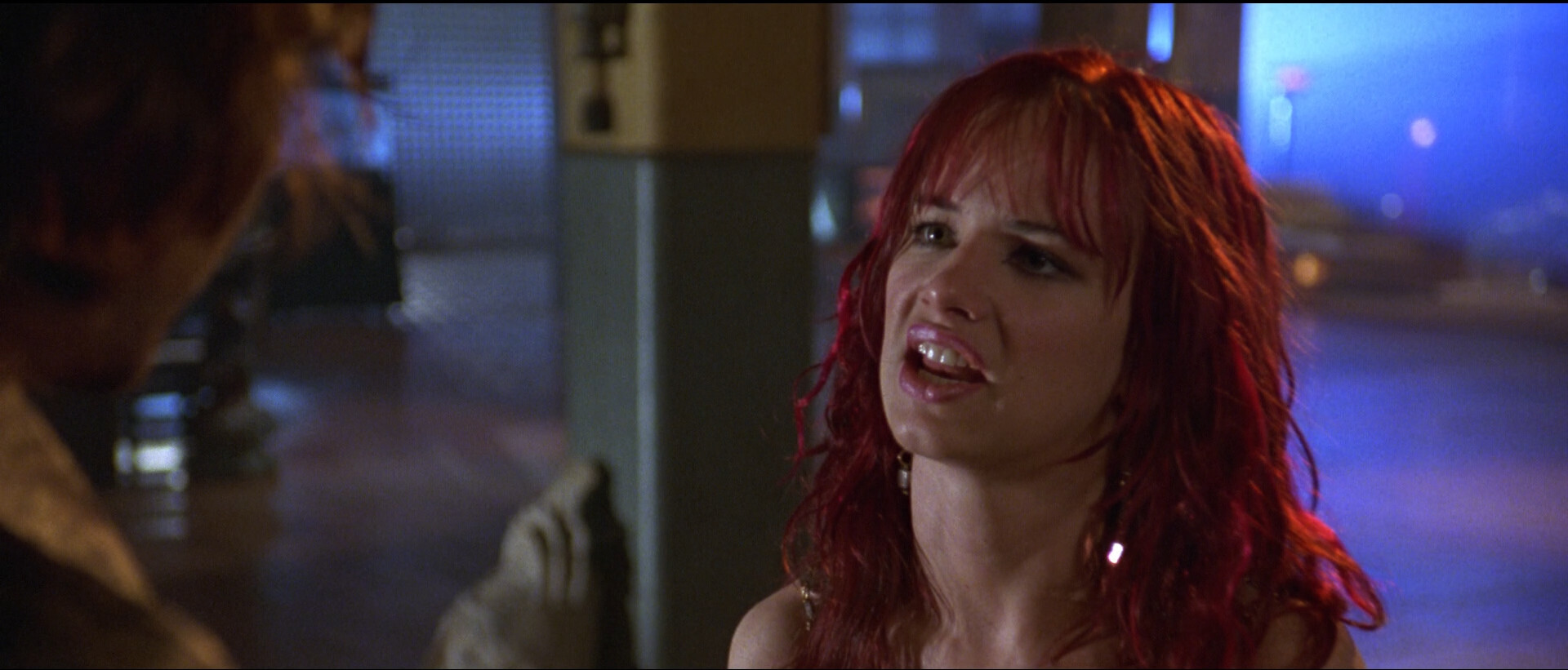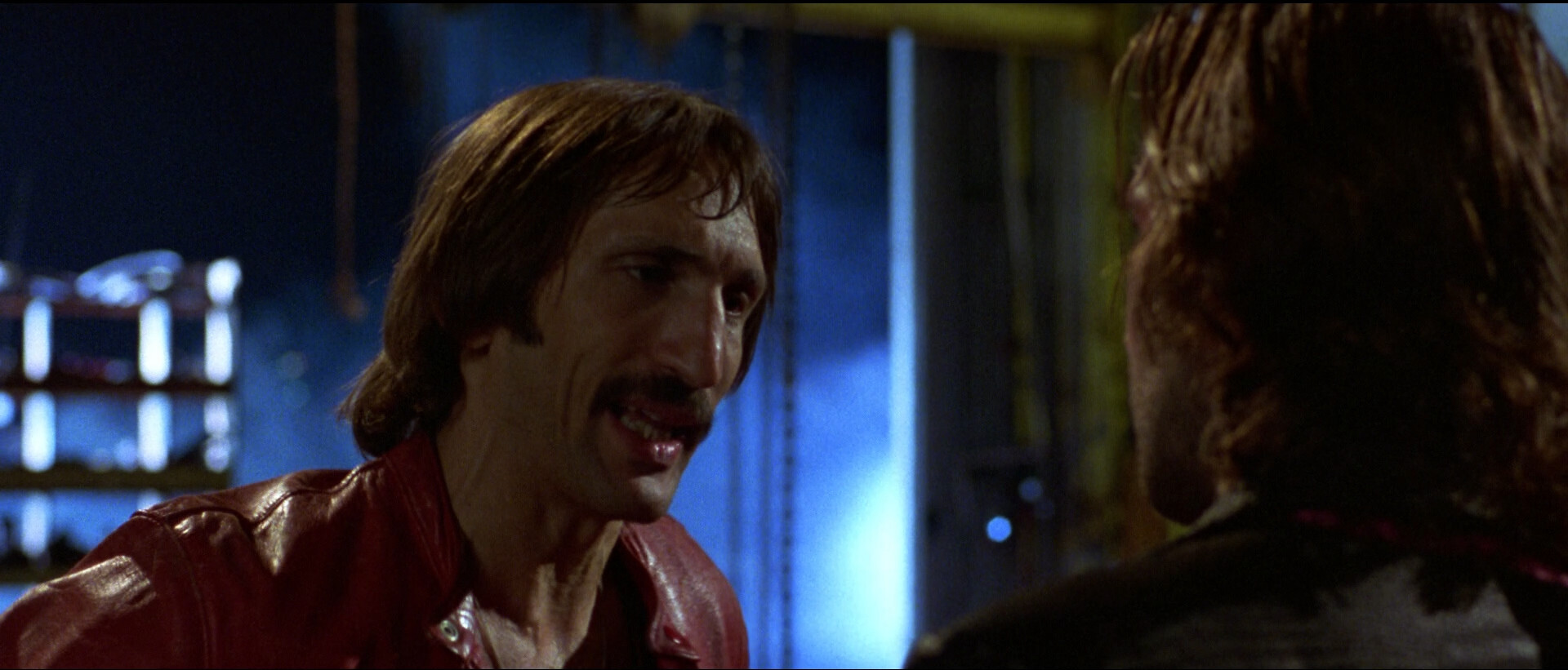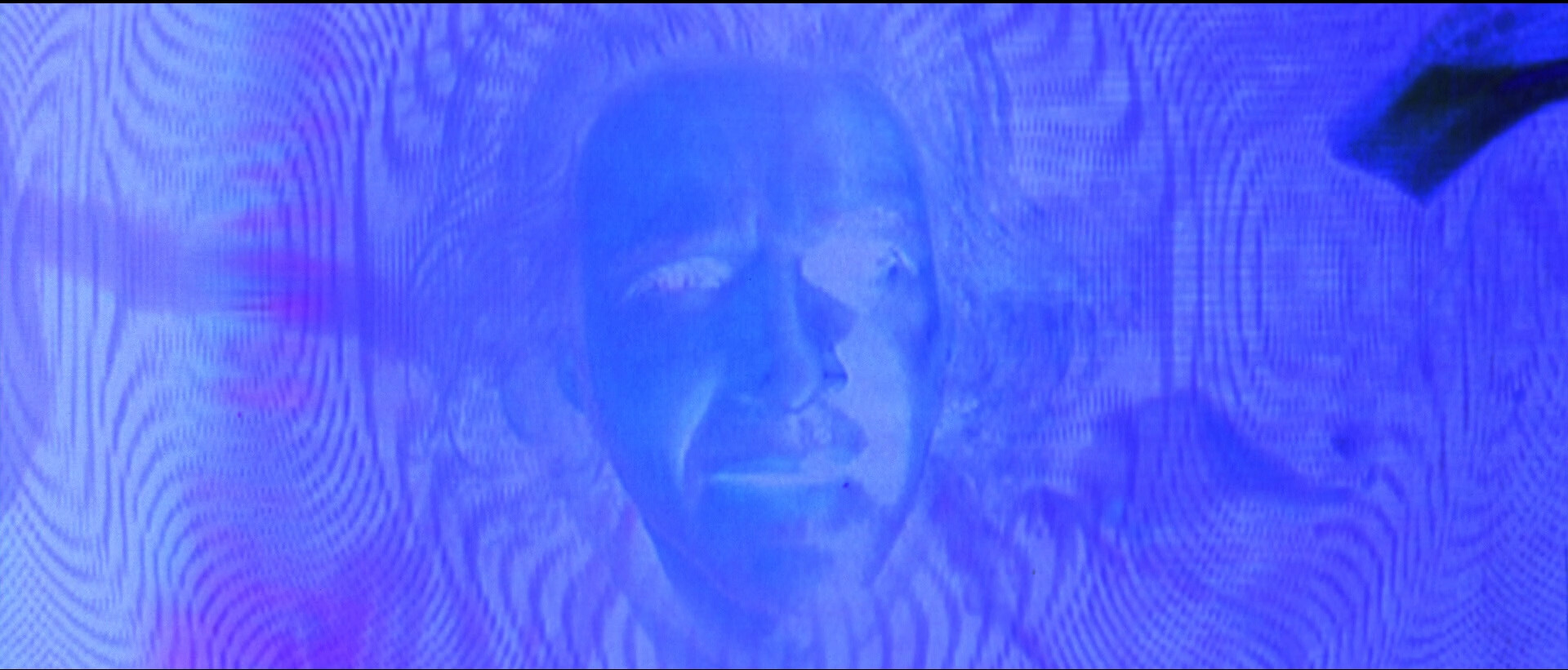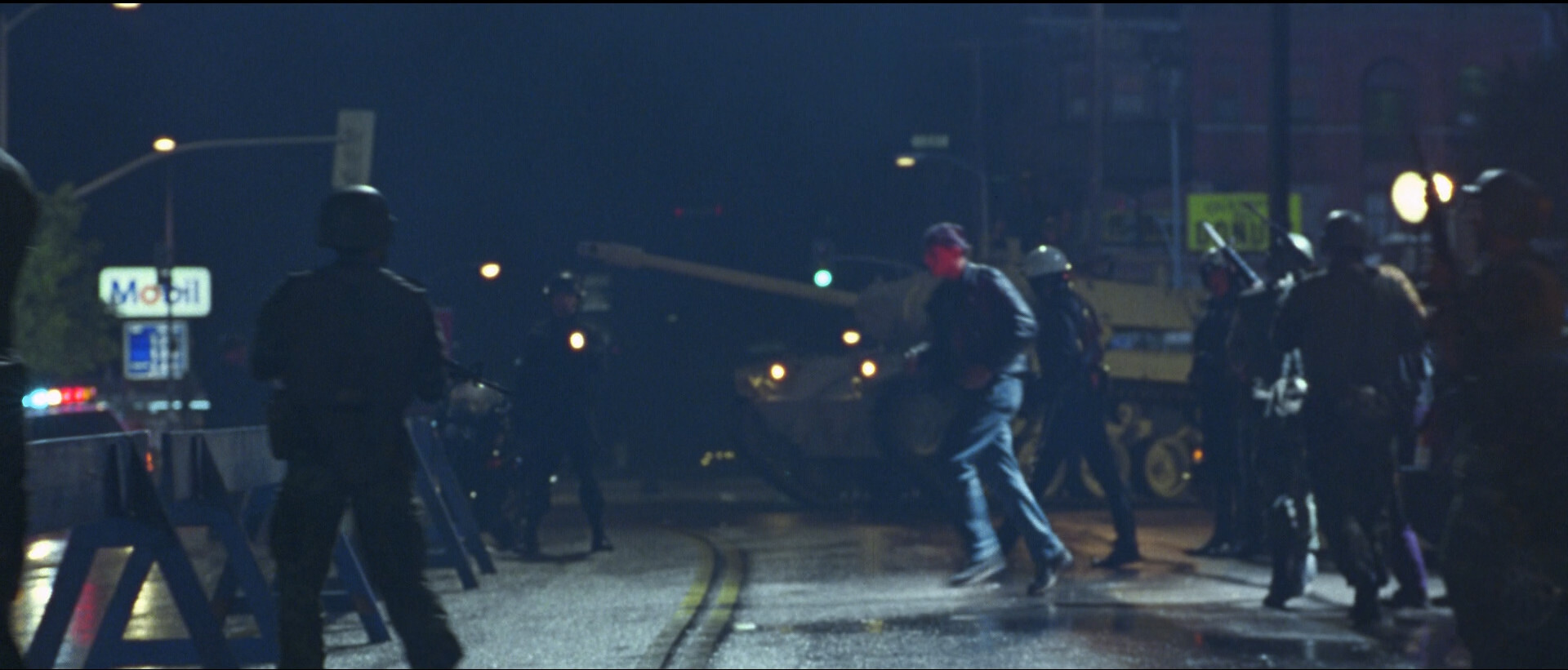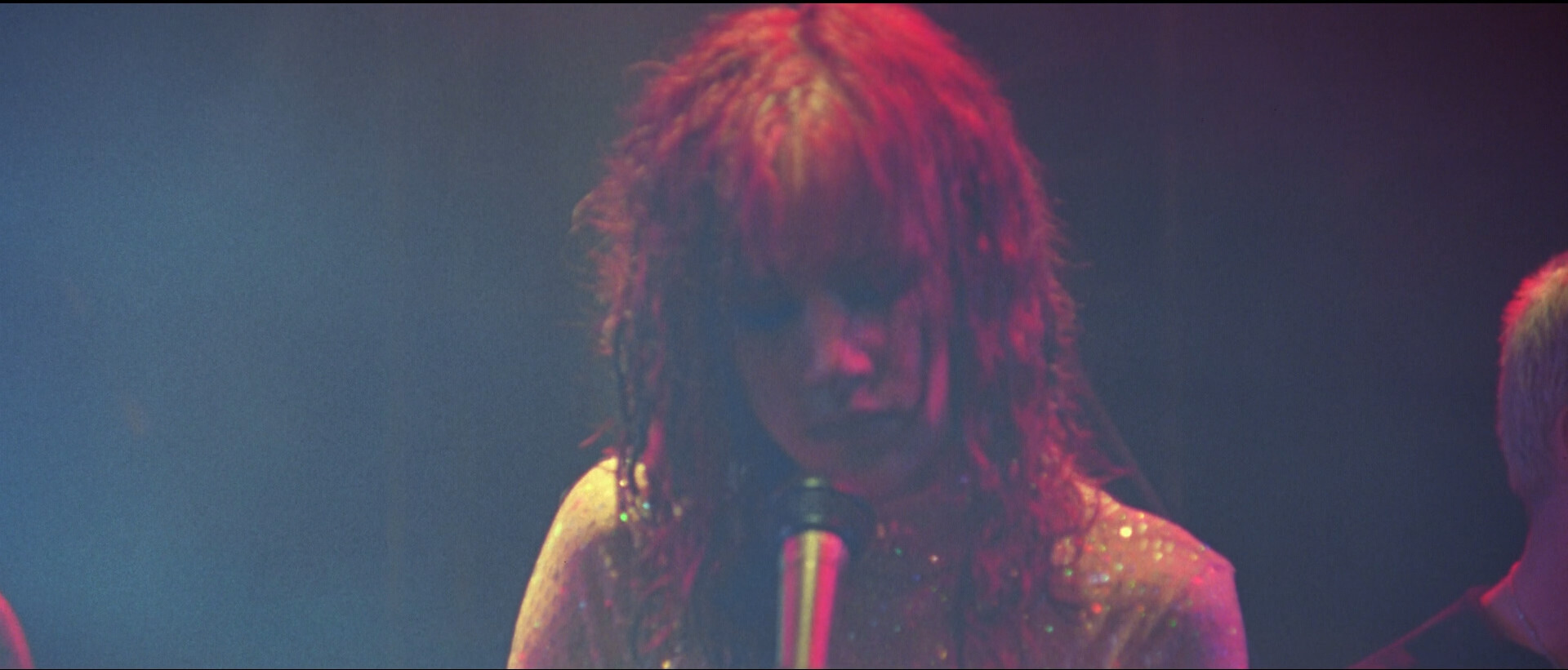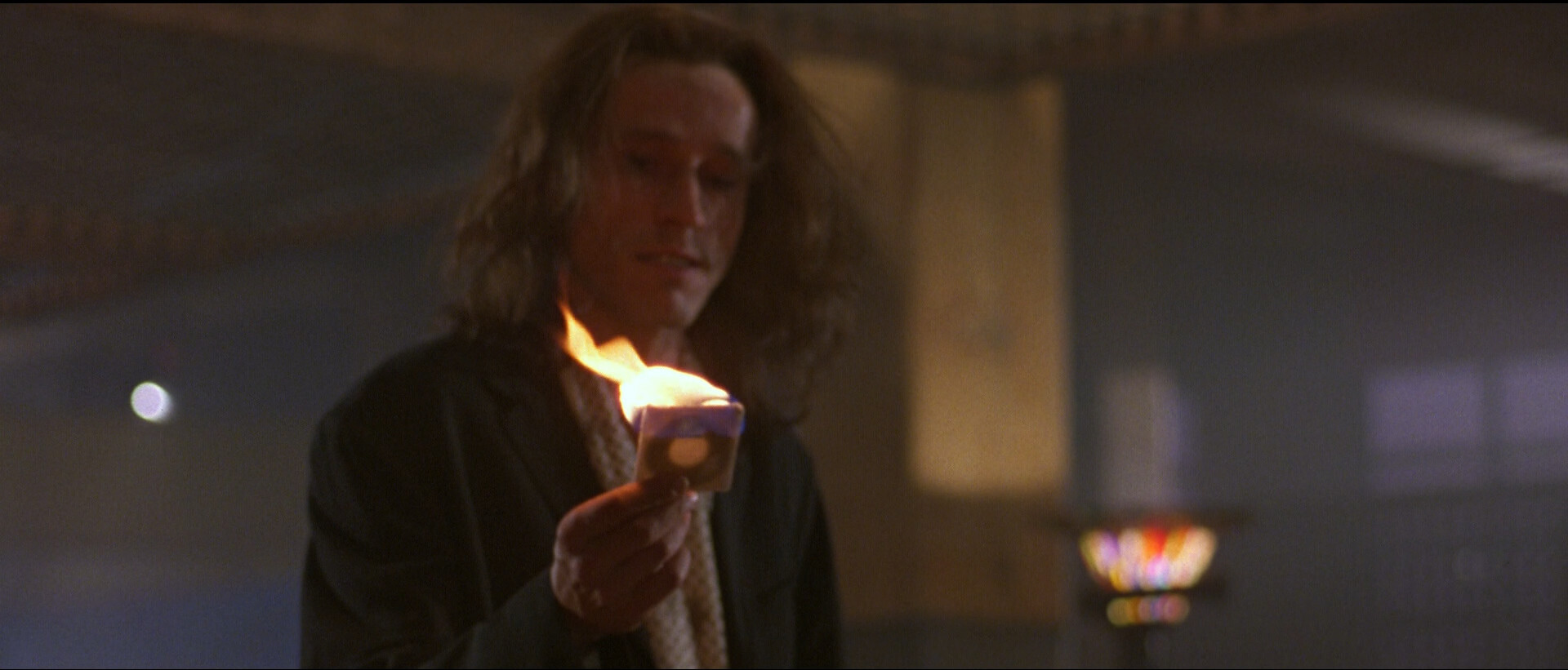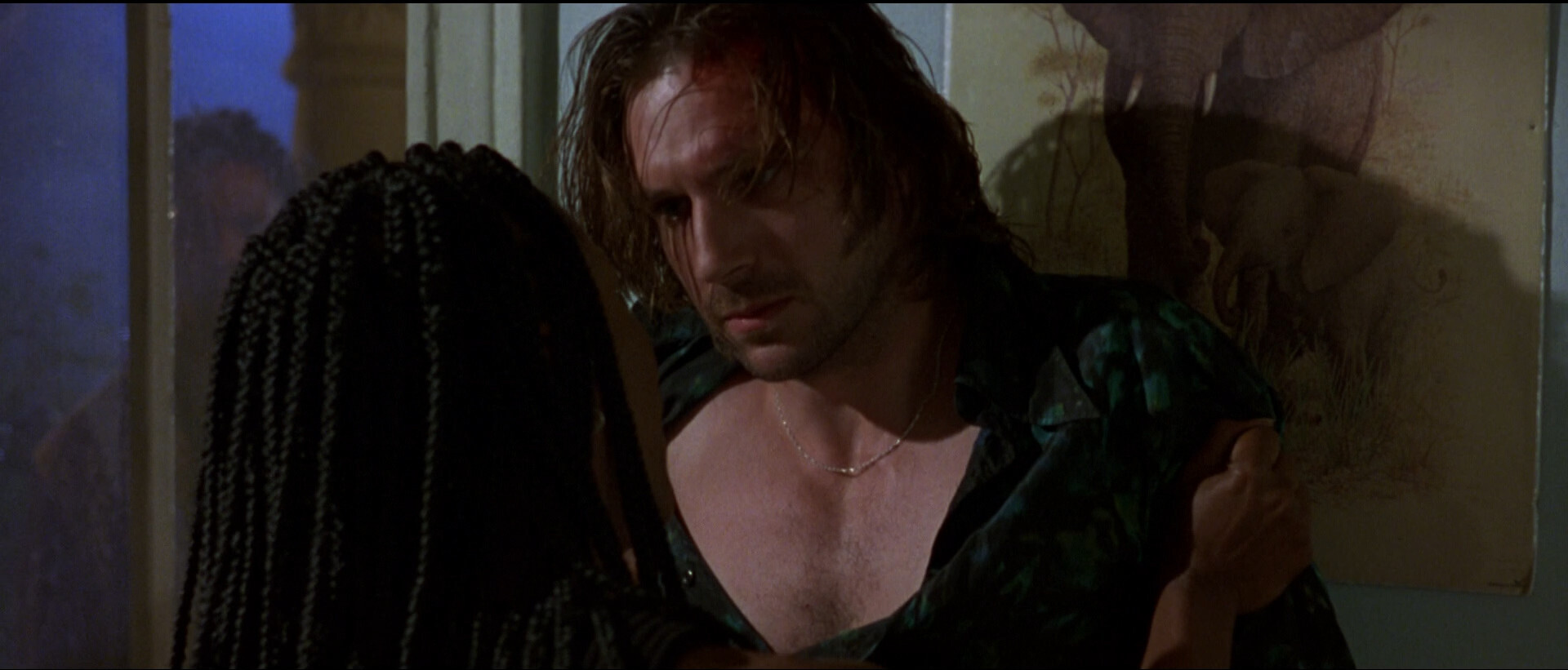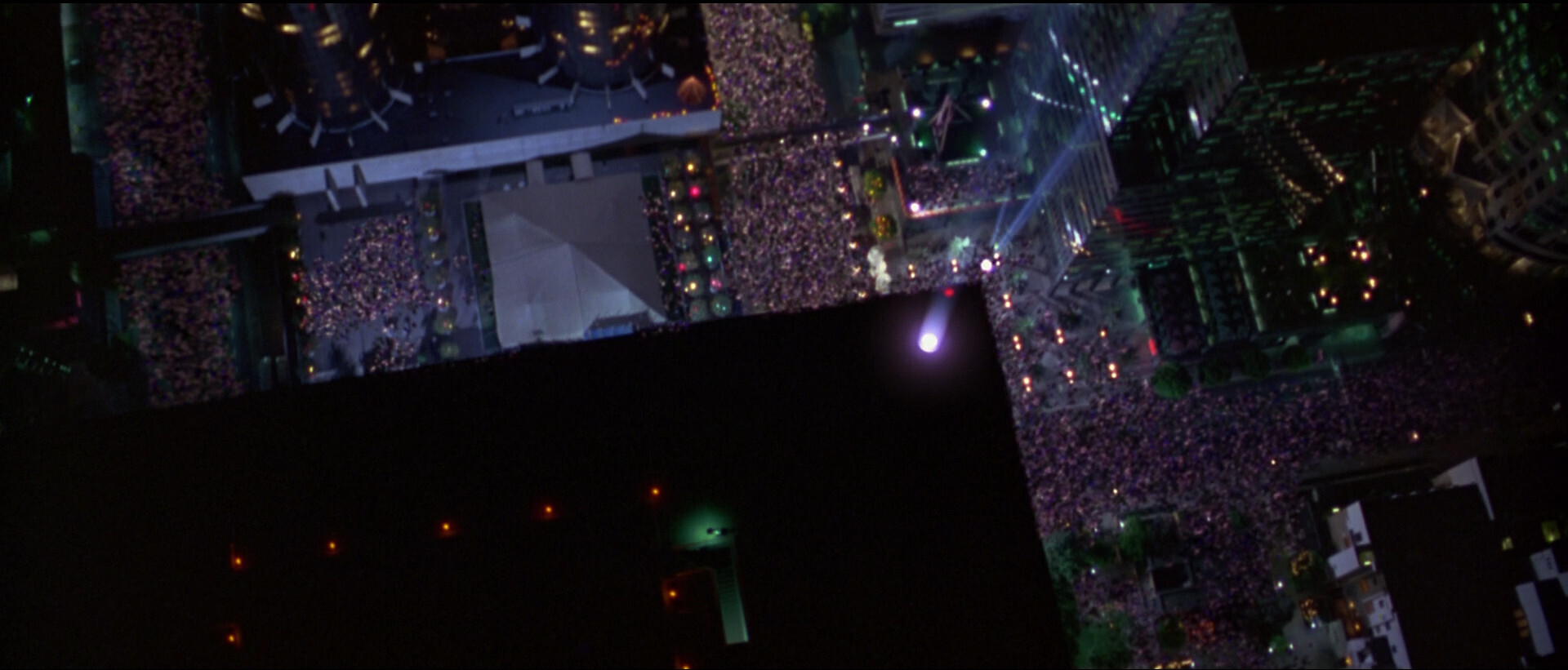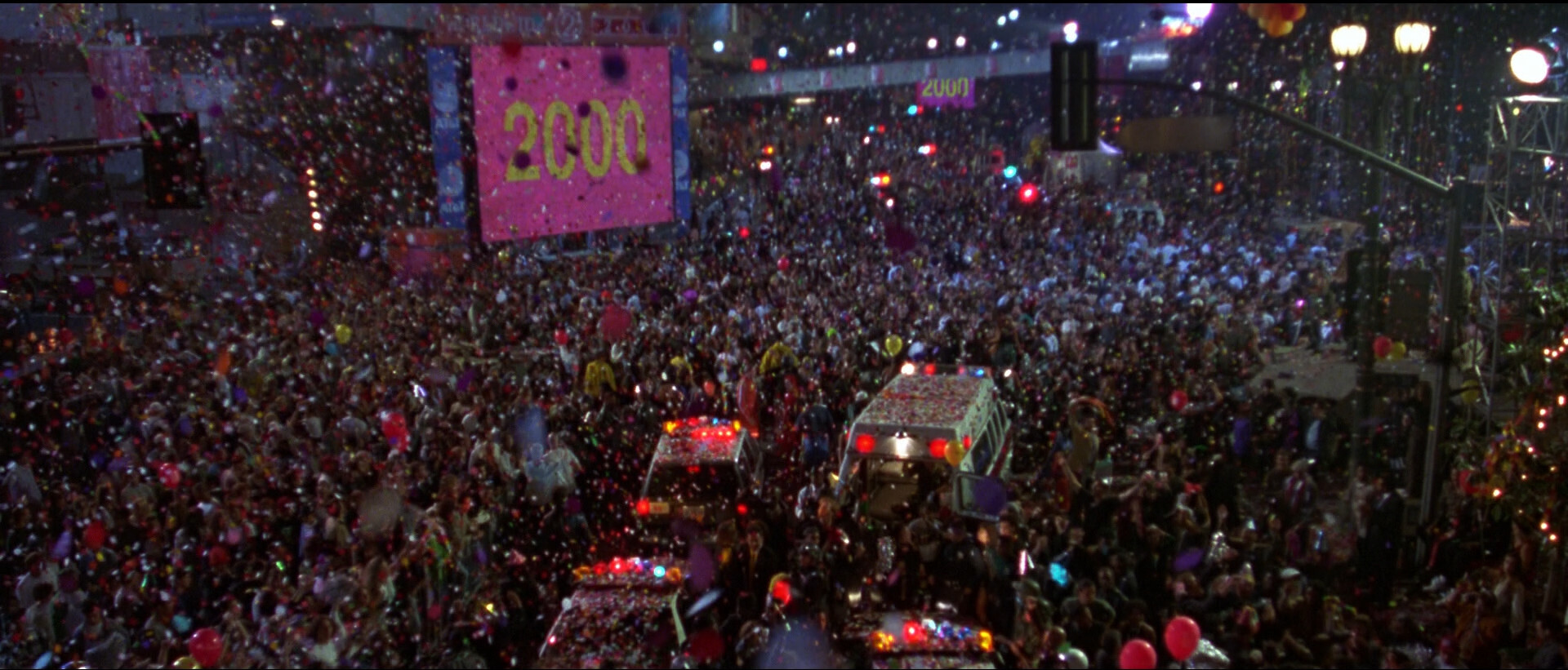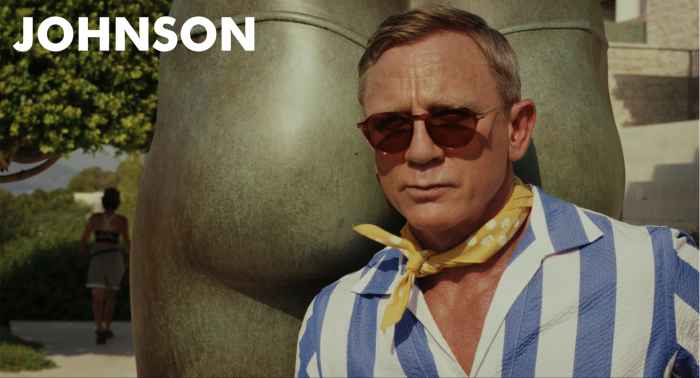
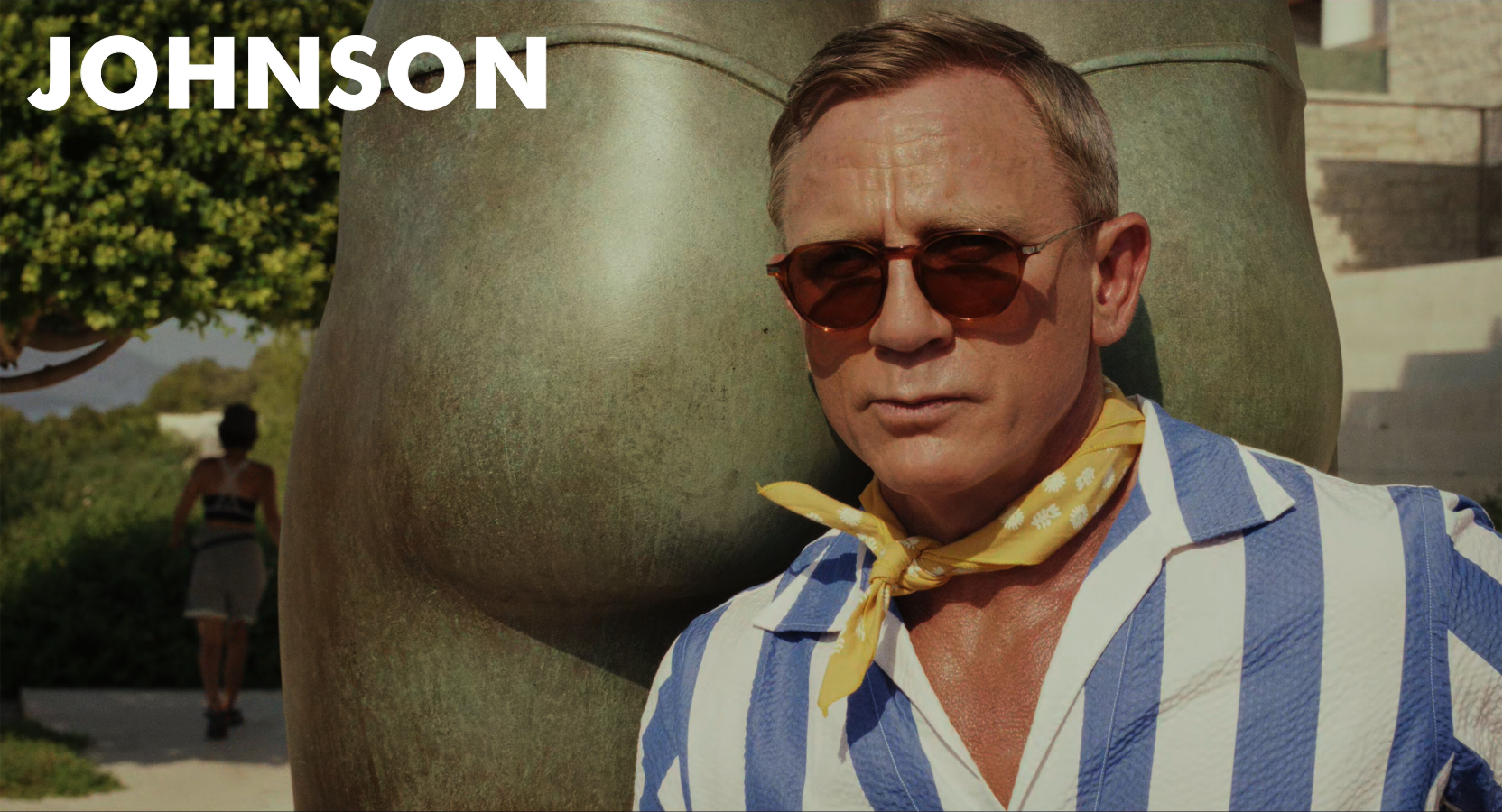
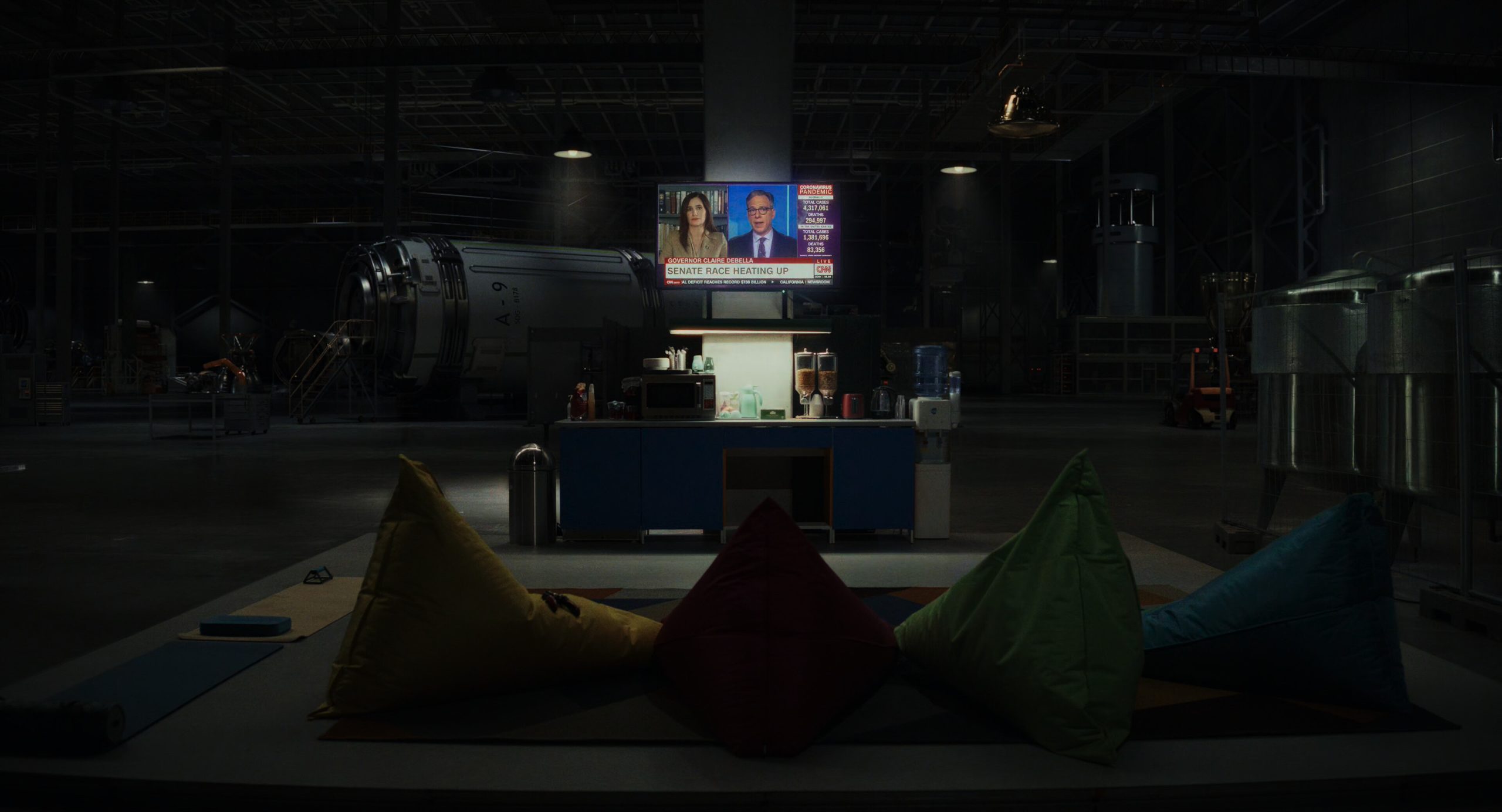
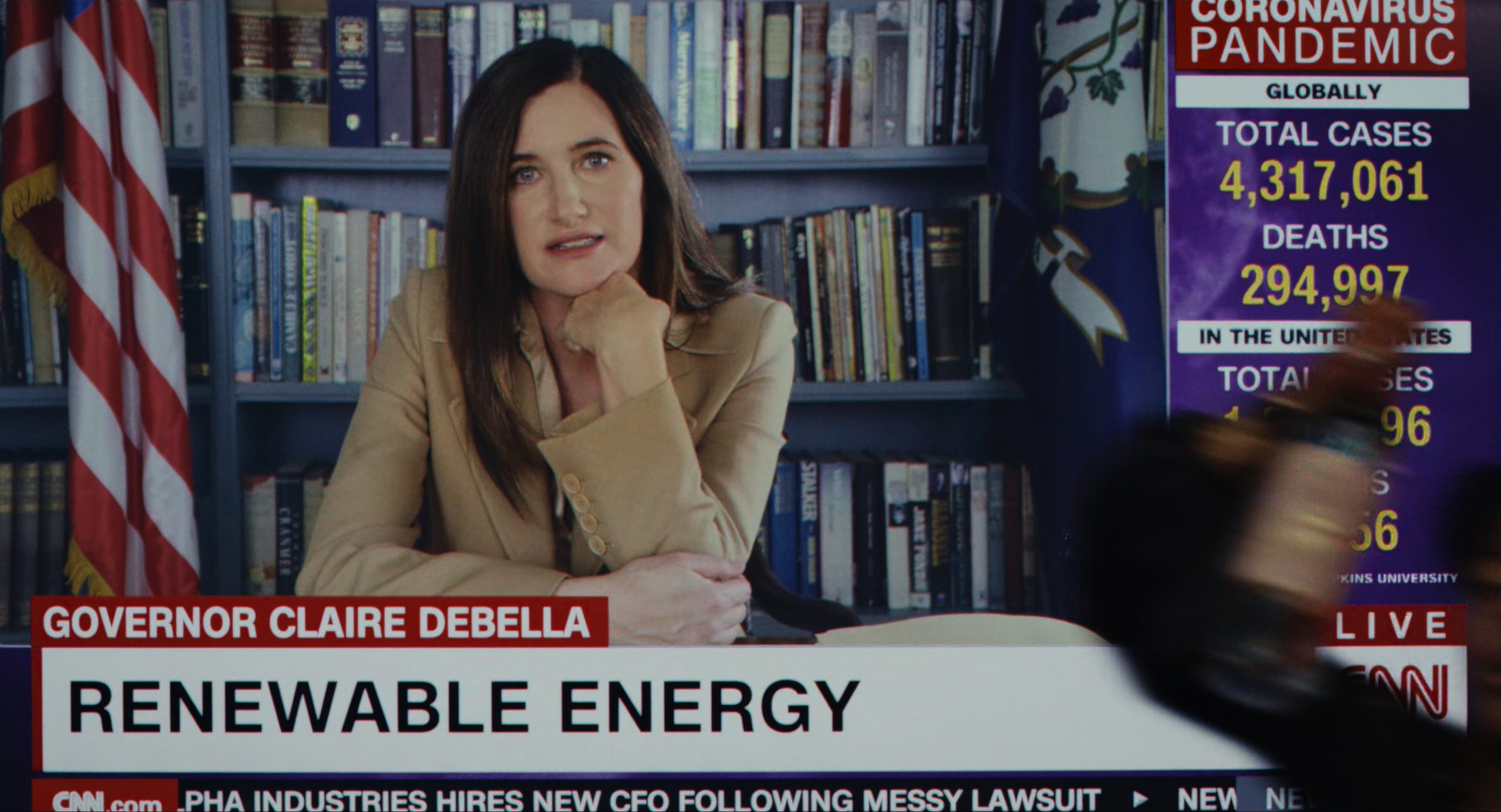
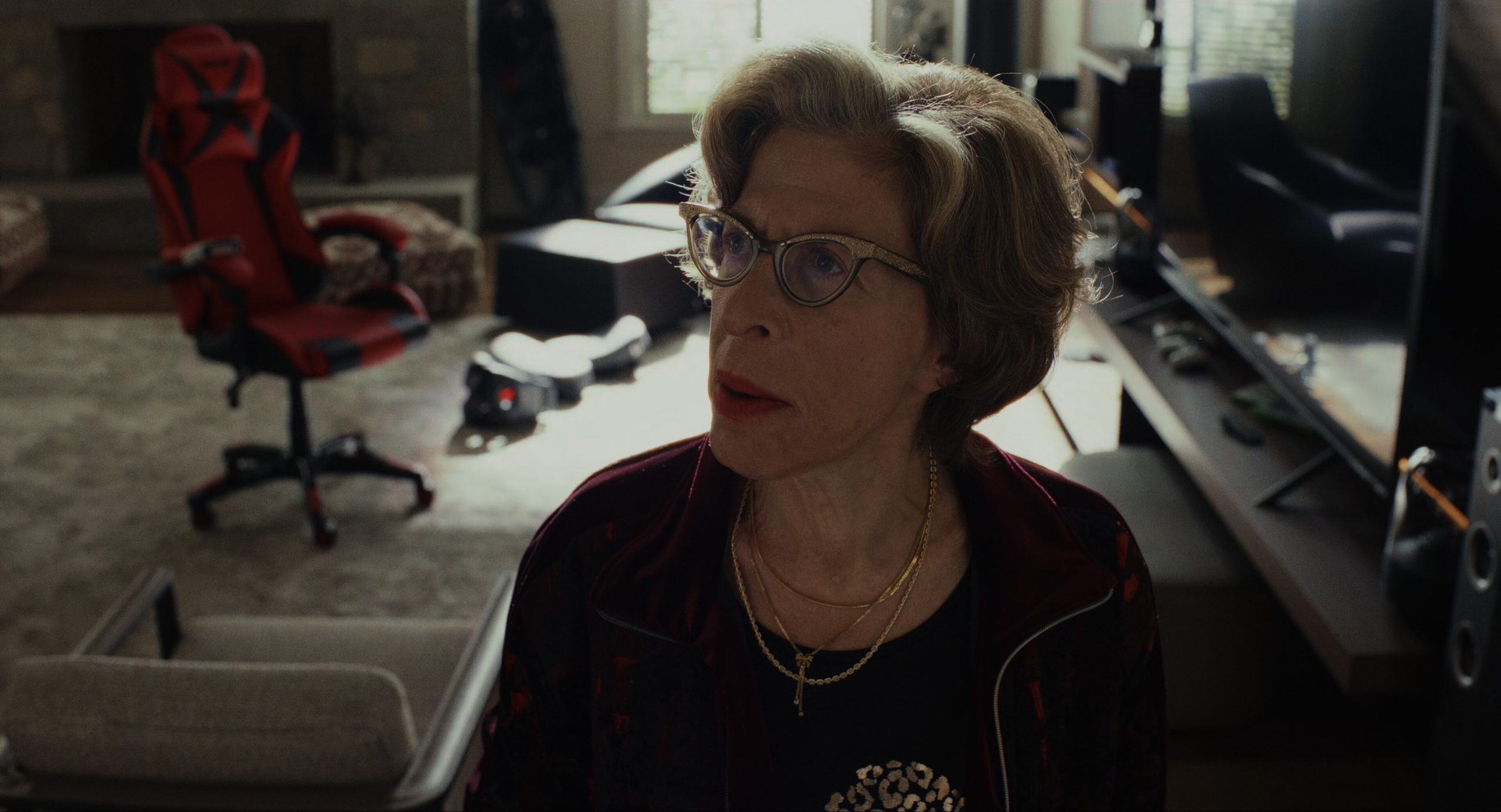

Wow, this isn’t what I expected in a Knives Out sequel at all. But it’s a lot of fun.
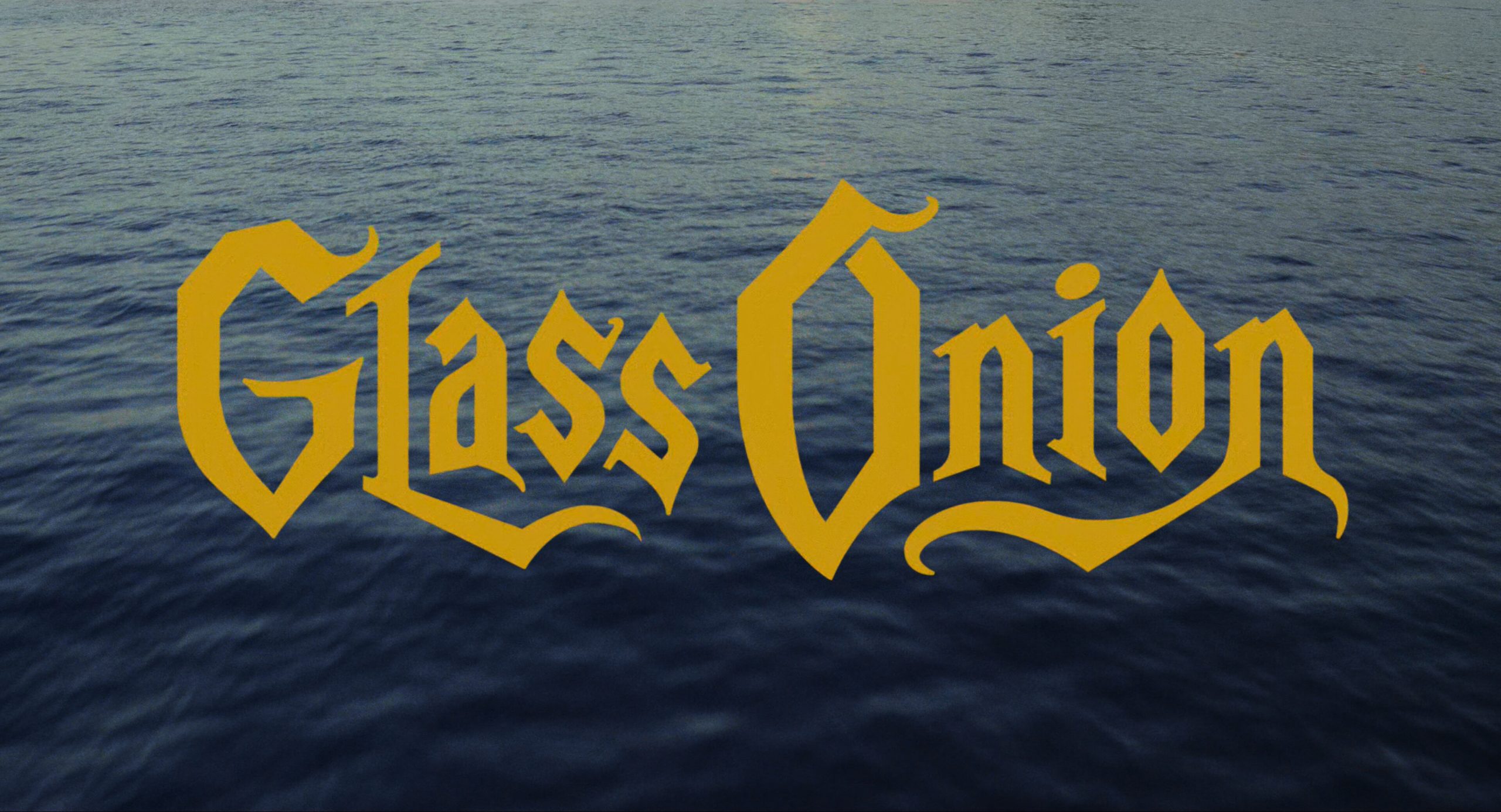
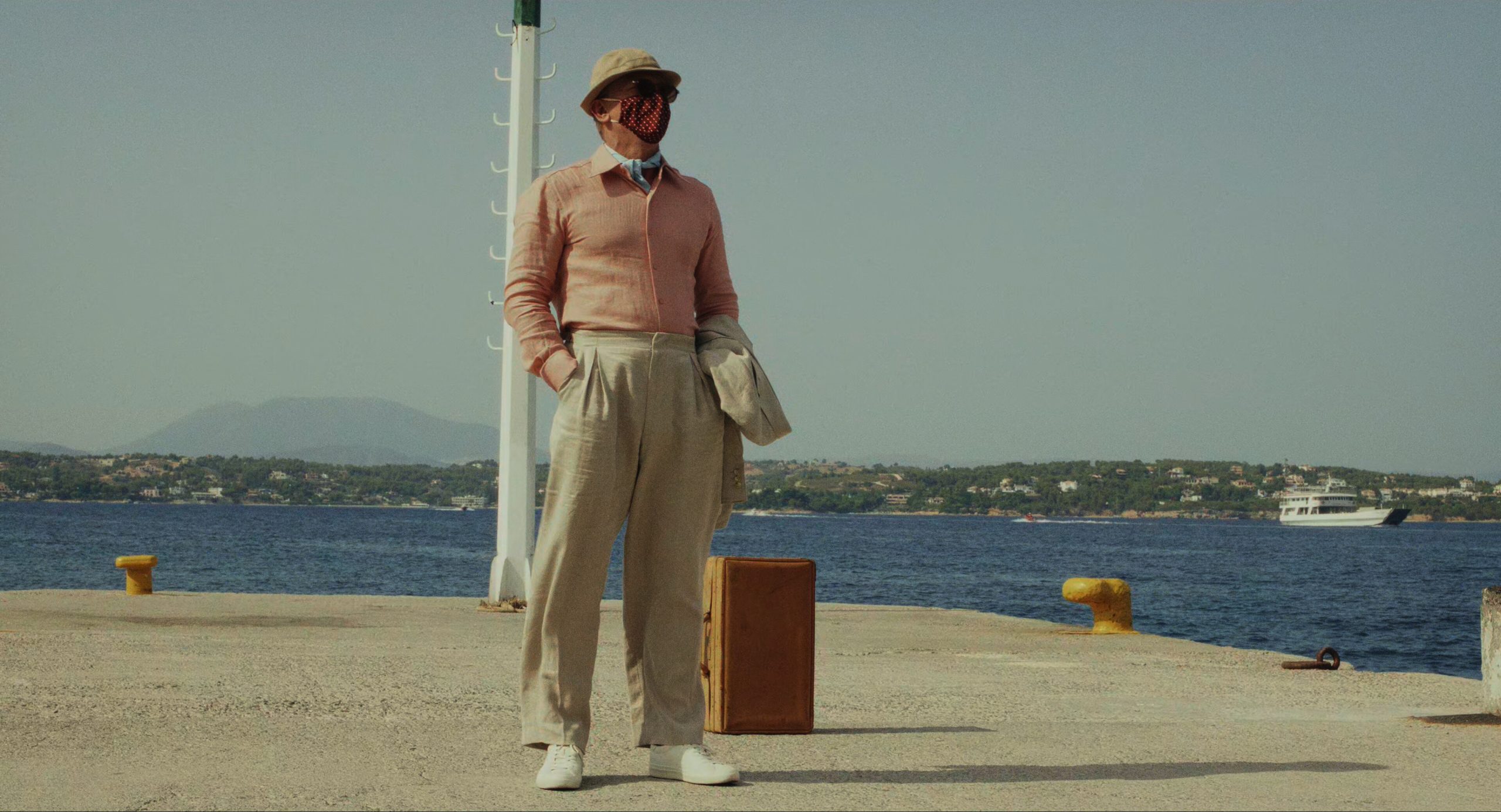
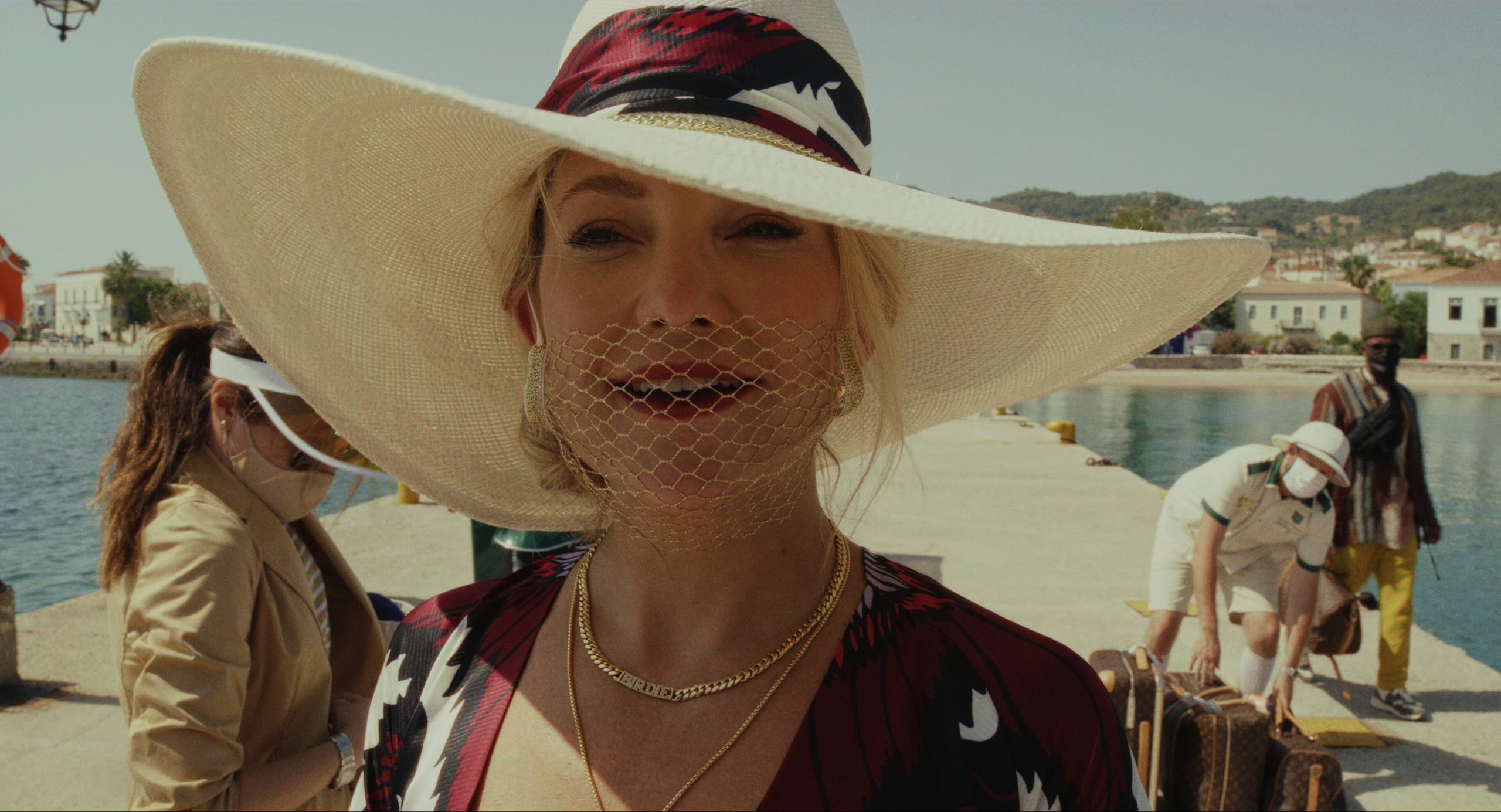
This movie is so subtle!

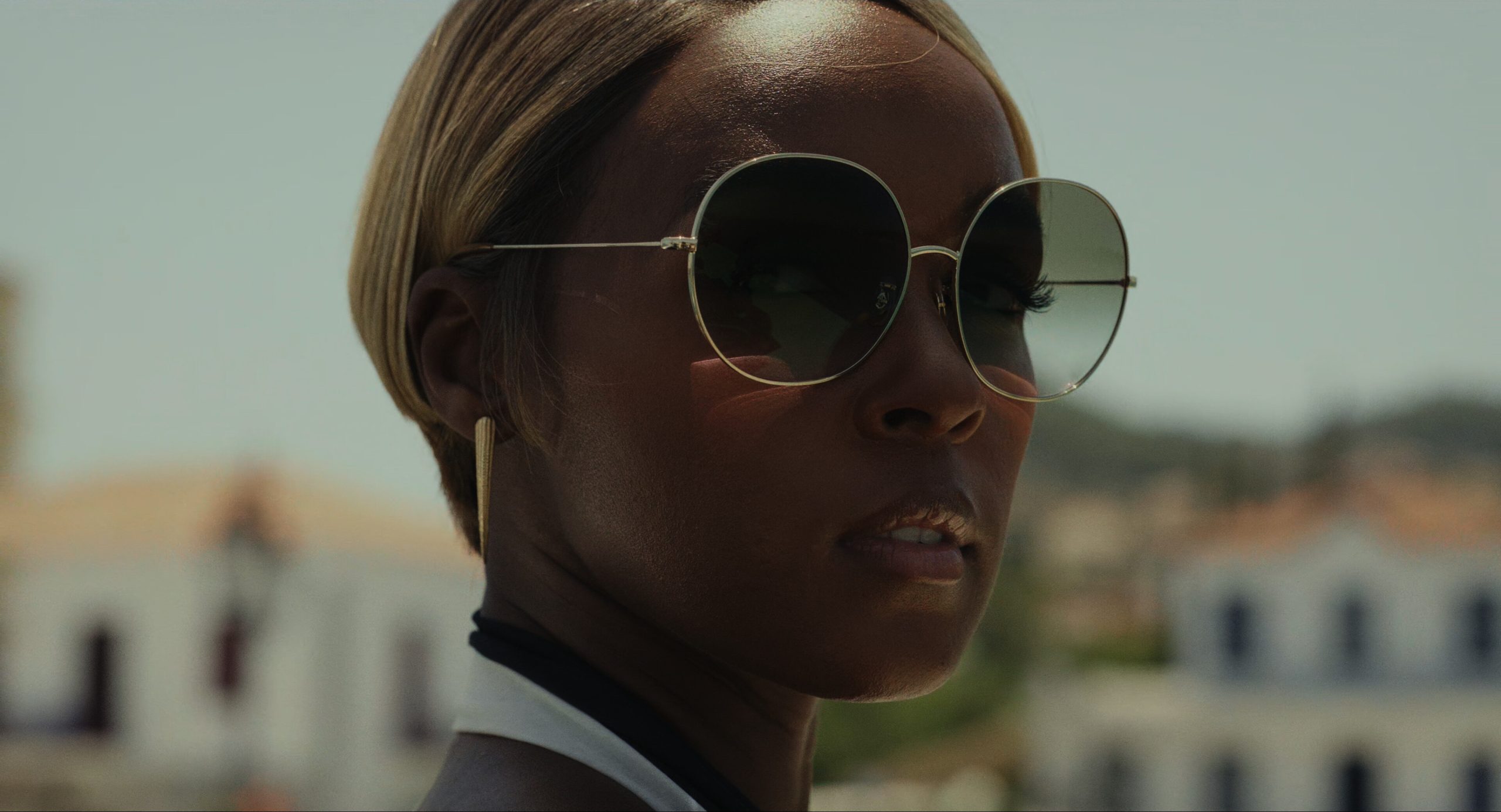
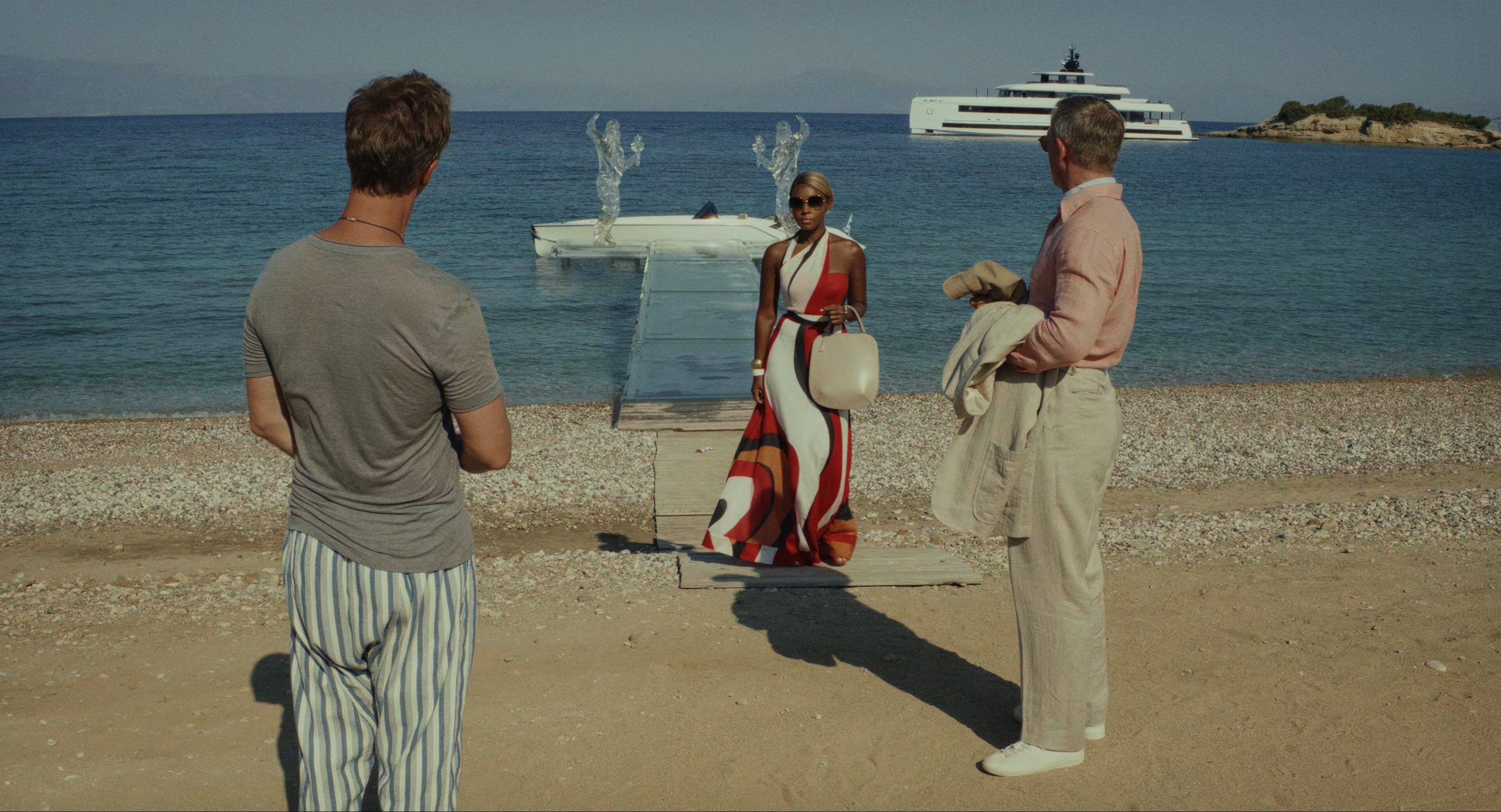

It’s a testament to… something… that scenes like this don’t scream AAAH ALL THAT GREENSCREEN AND CGI when we’re looking at it in context — we’ve become used to scenes like this that we don’t blink an eye.
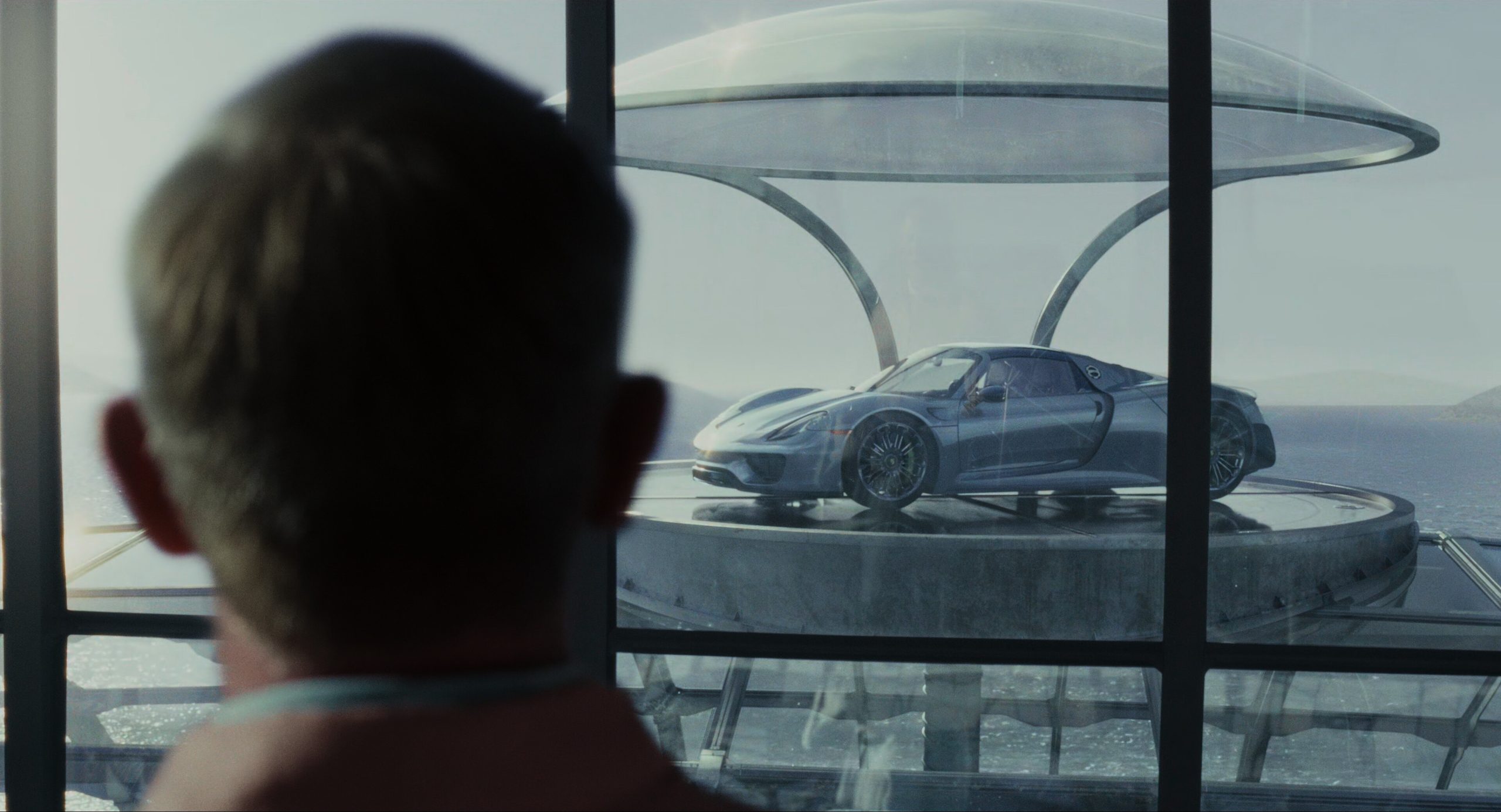
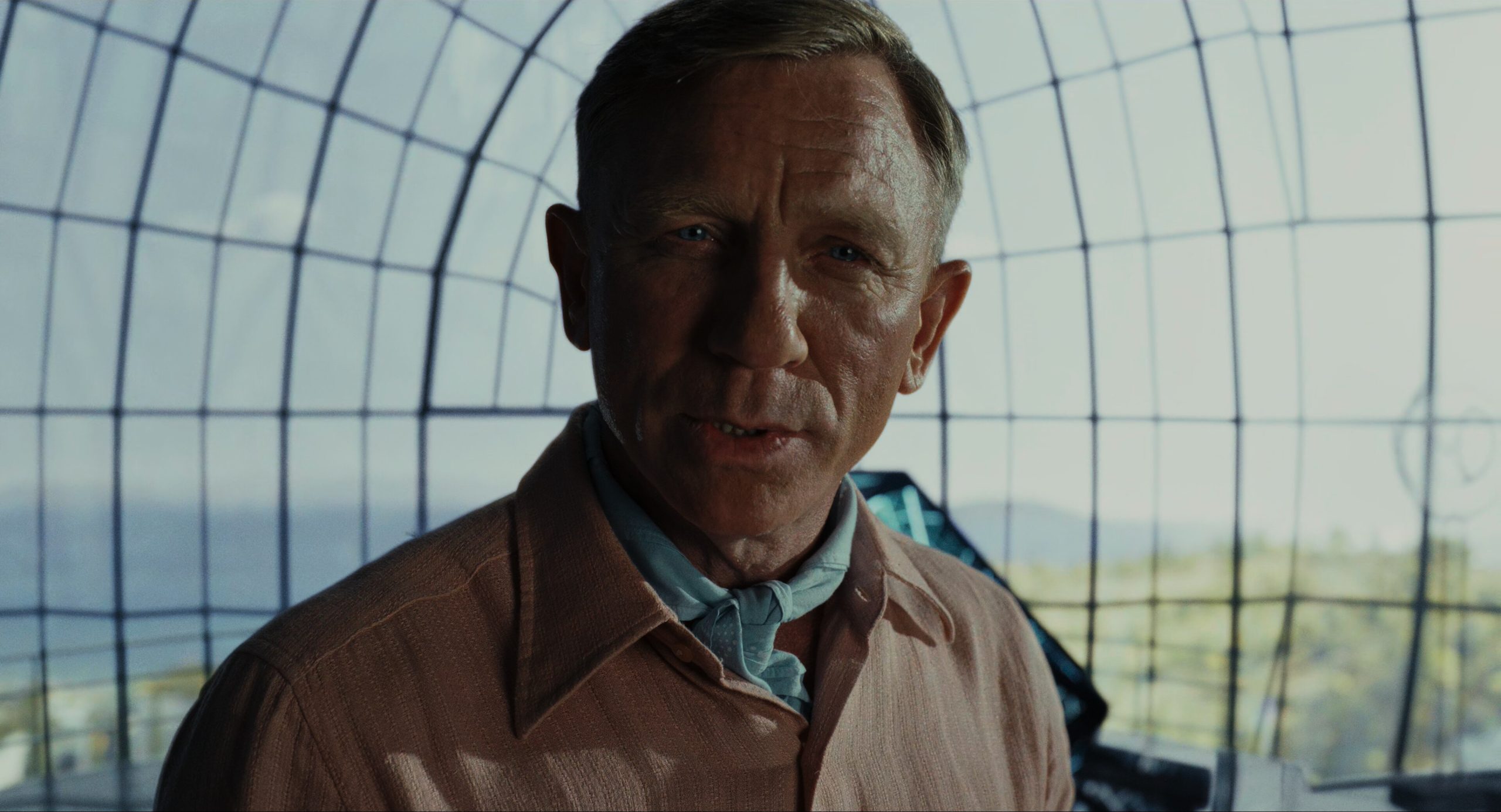
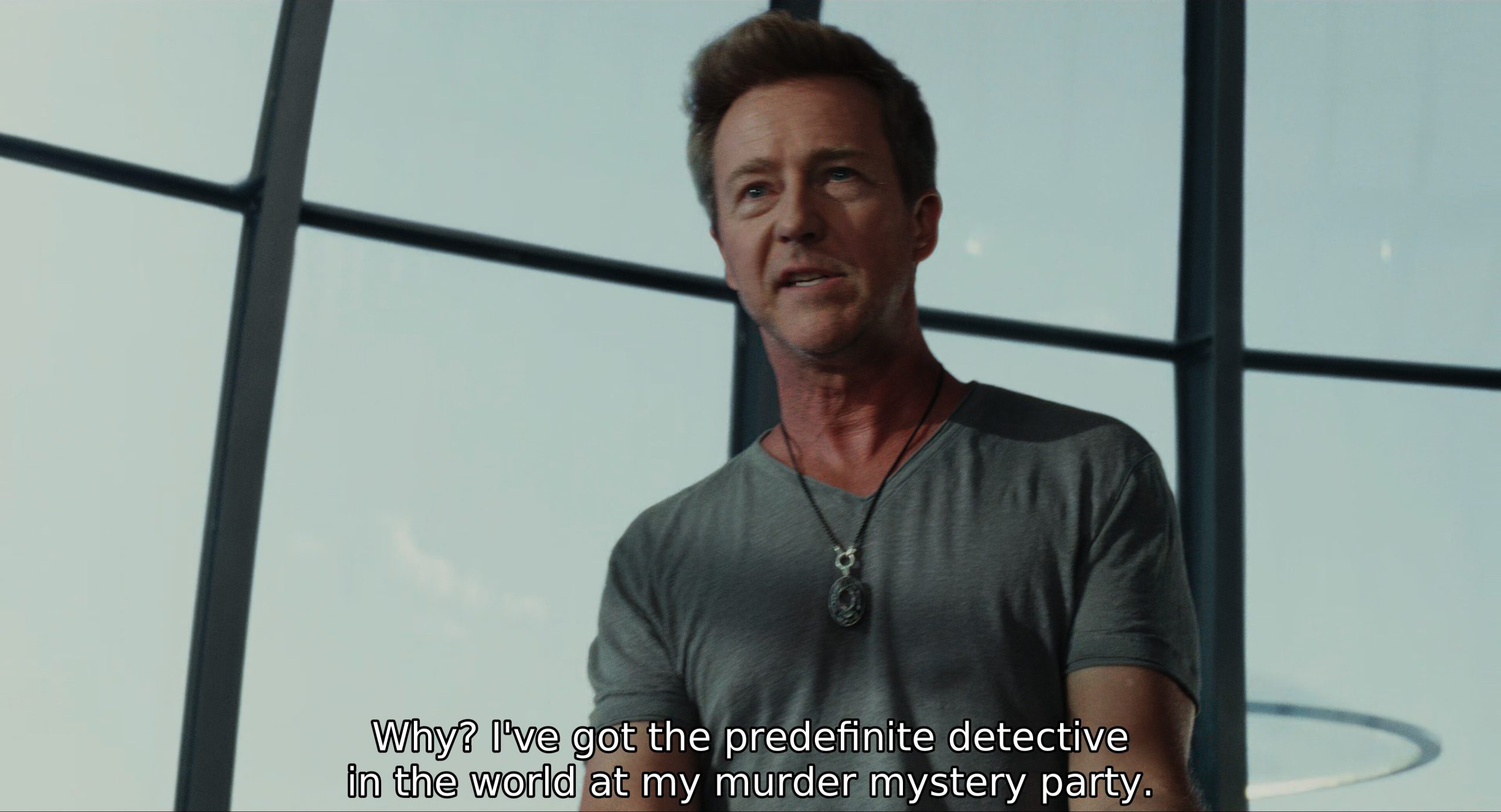
So the rich guy is a total moron? Sounds predefinite accurate.
I remember Knives Out being more of a straight murder mystery? This is more like an all out satire? All funny all the time?
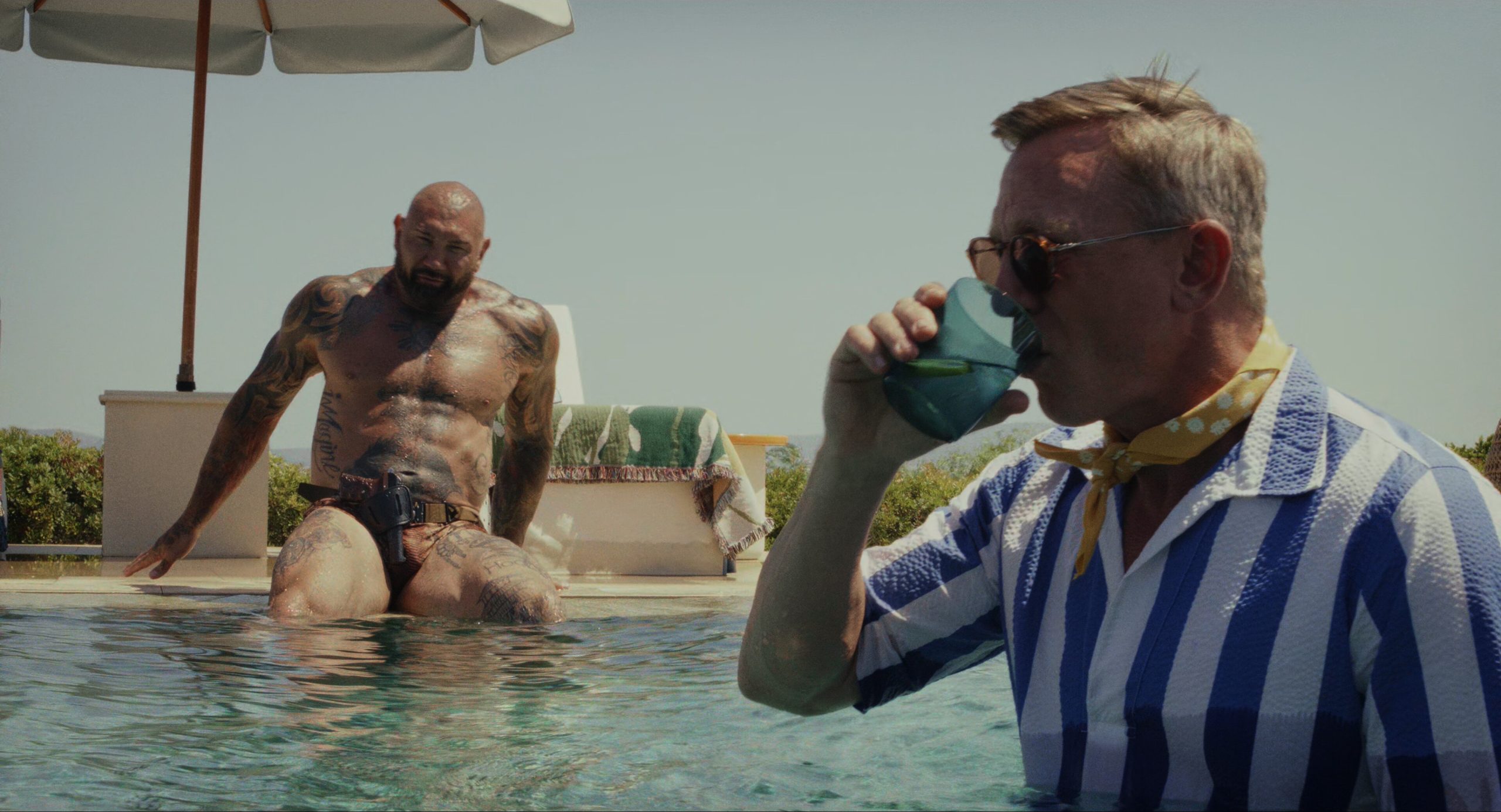
Or… OK, instead of “satire”, it’s “broad comedy”.
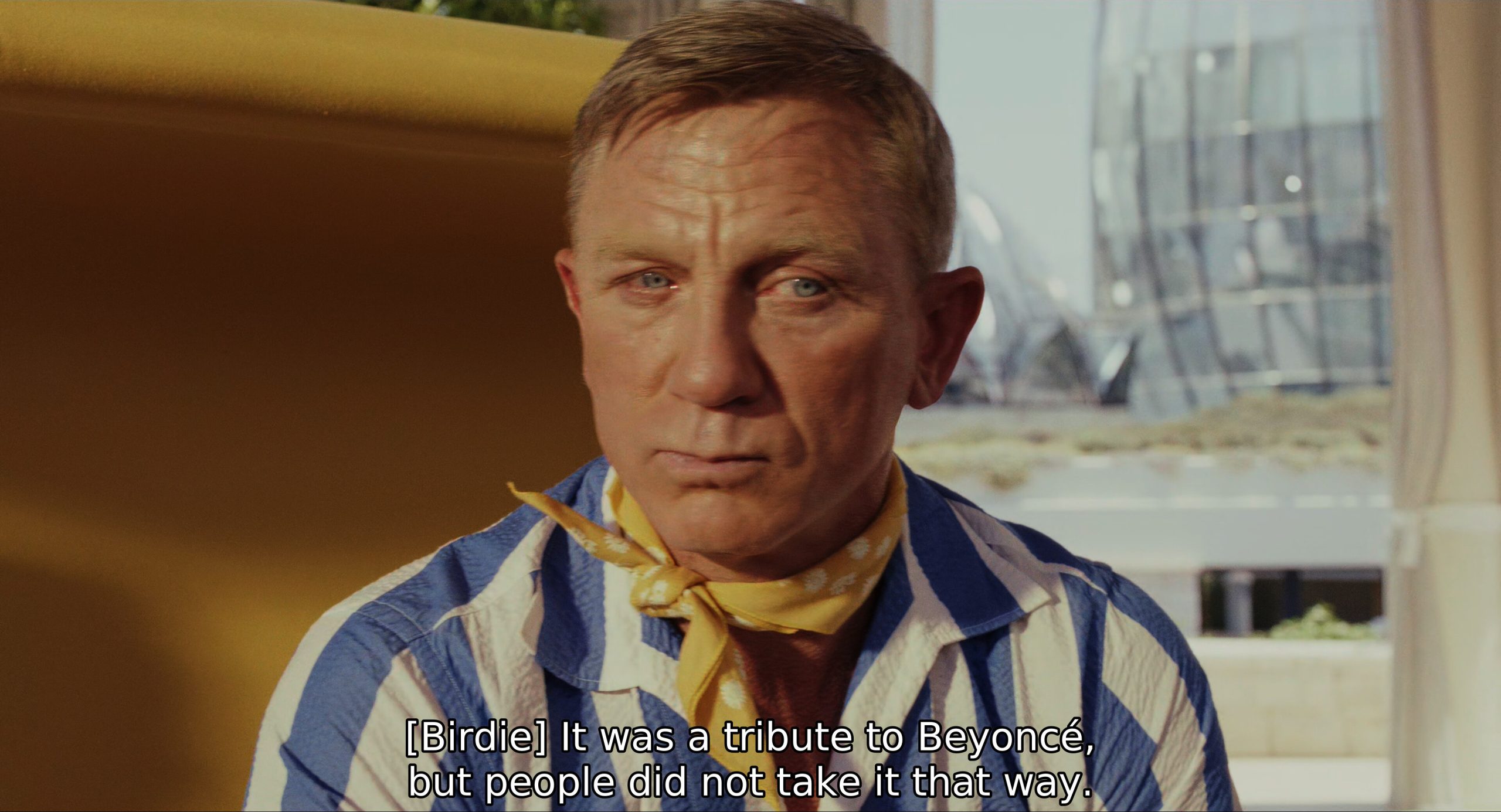
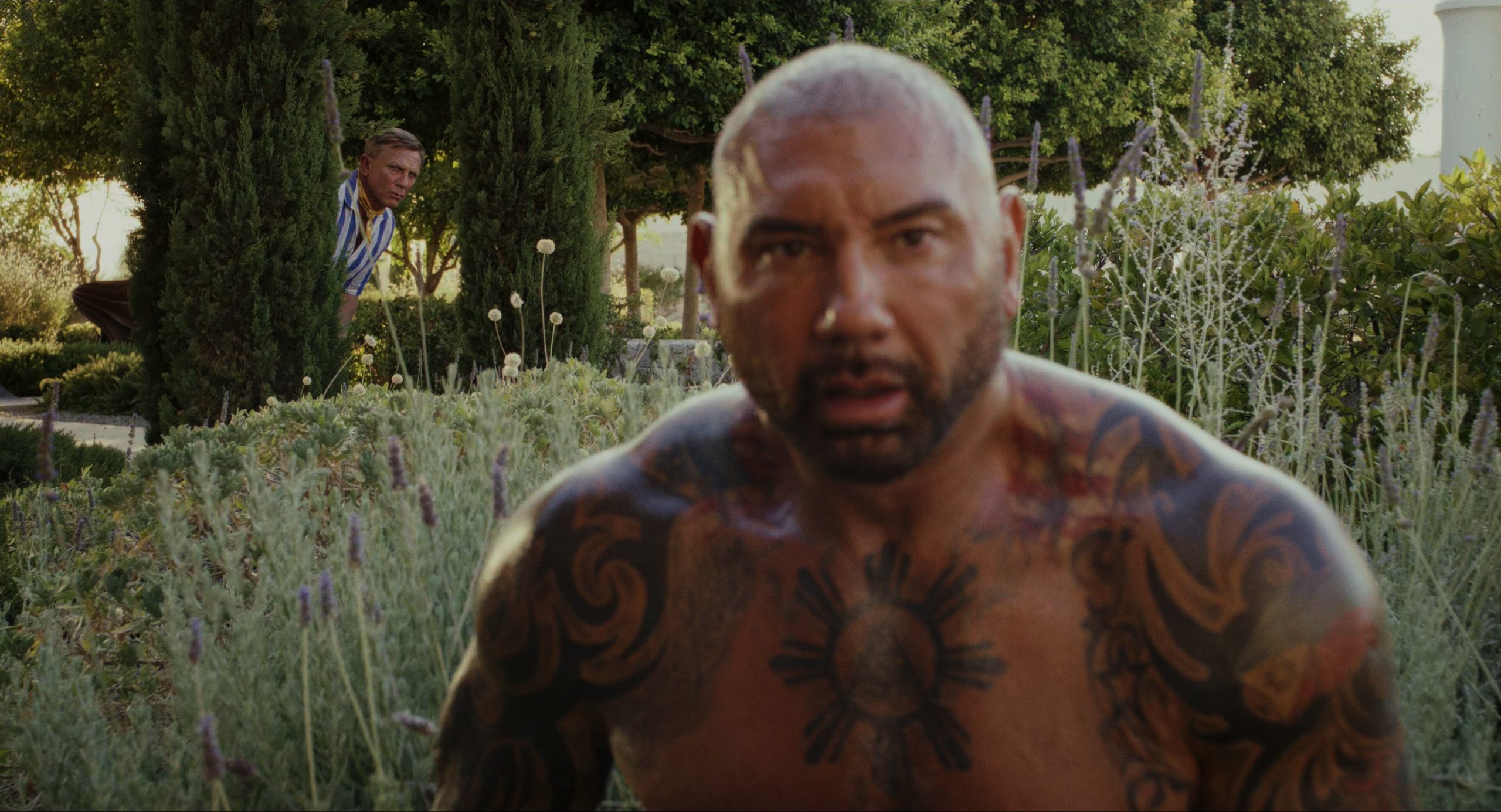
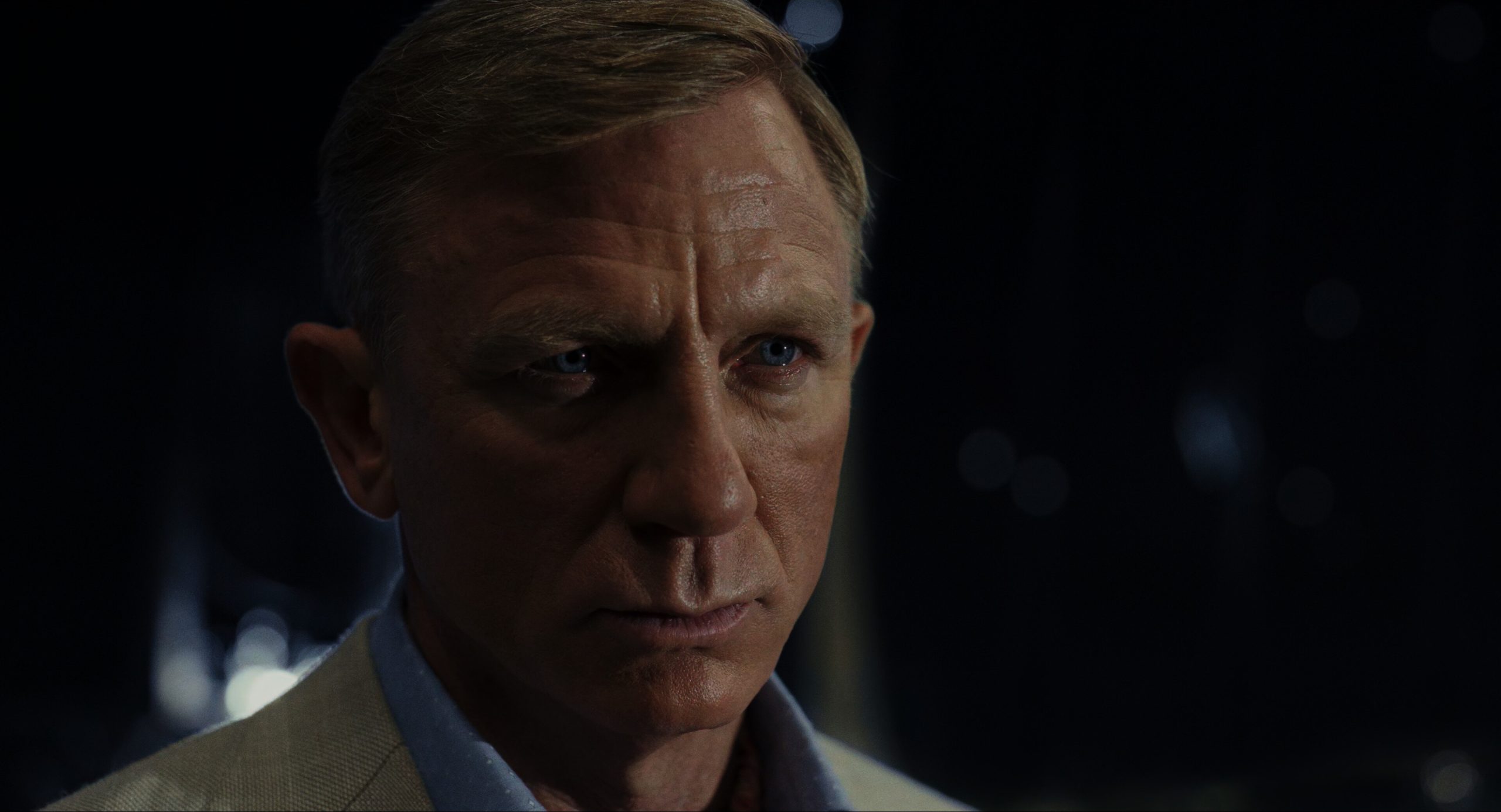
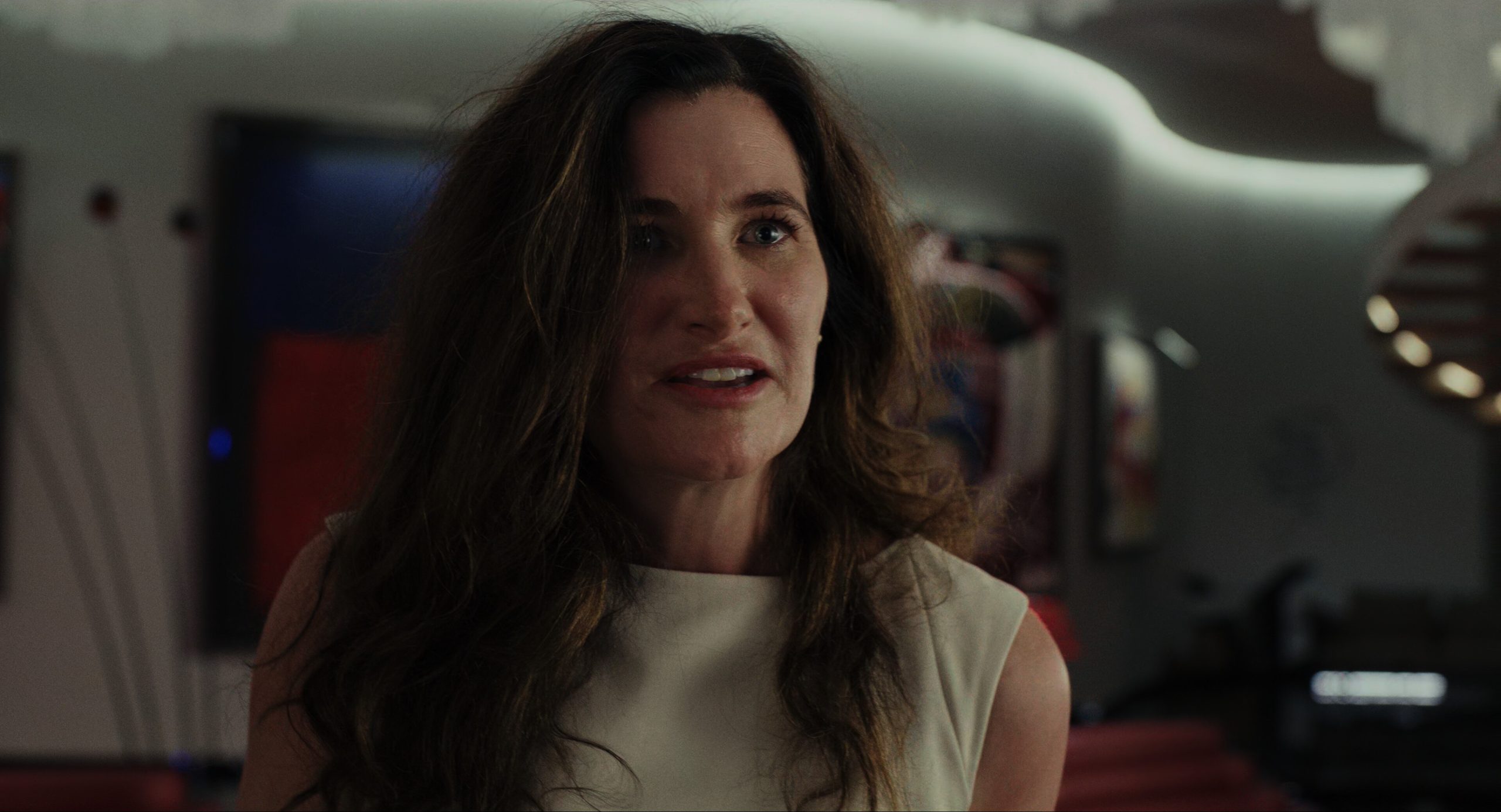
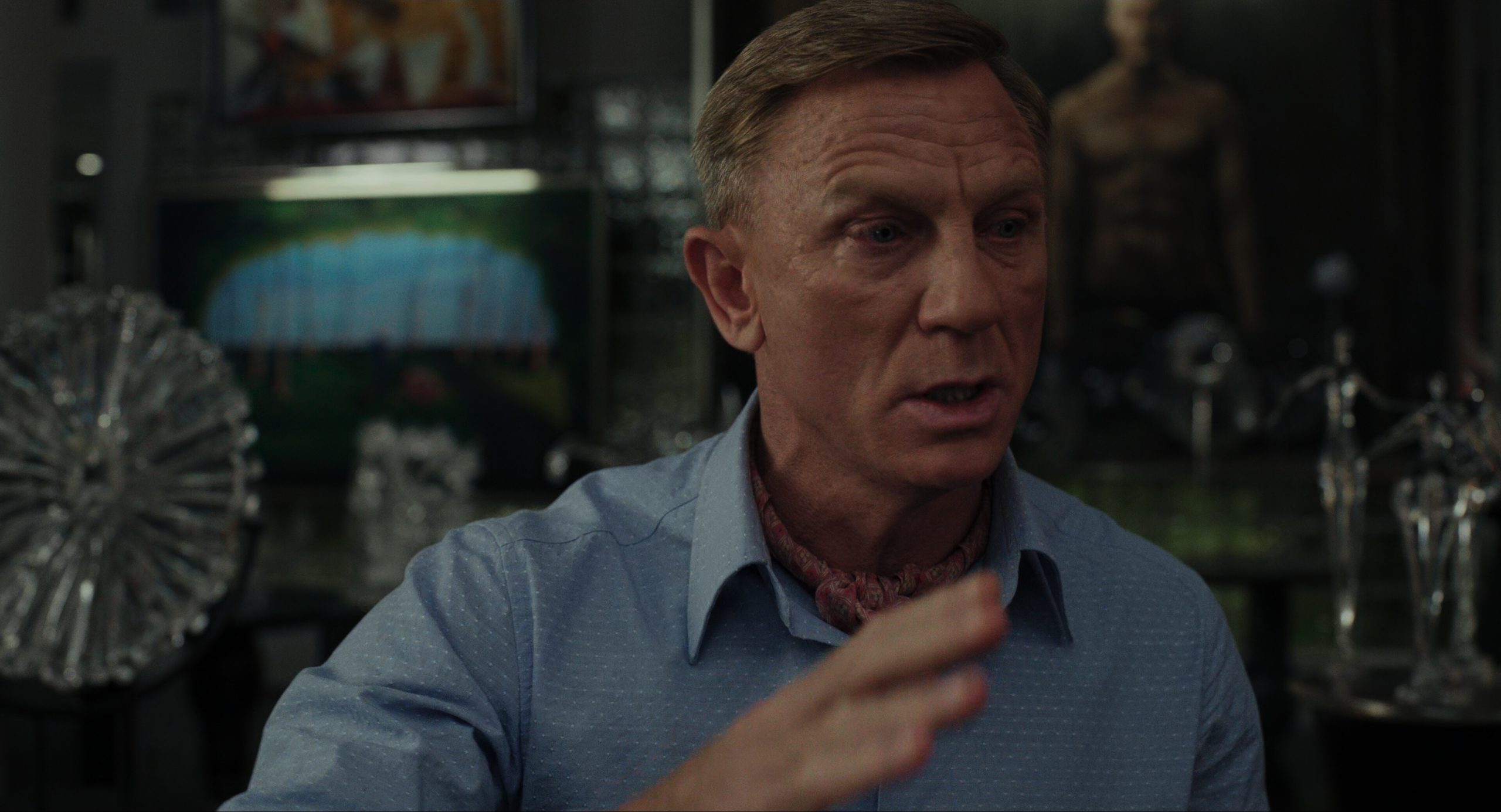
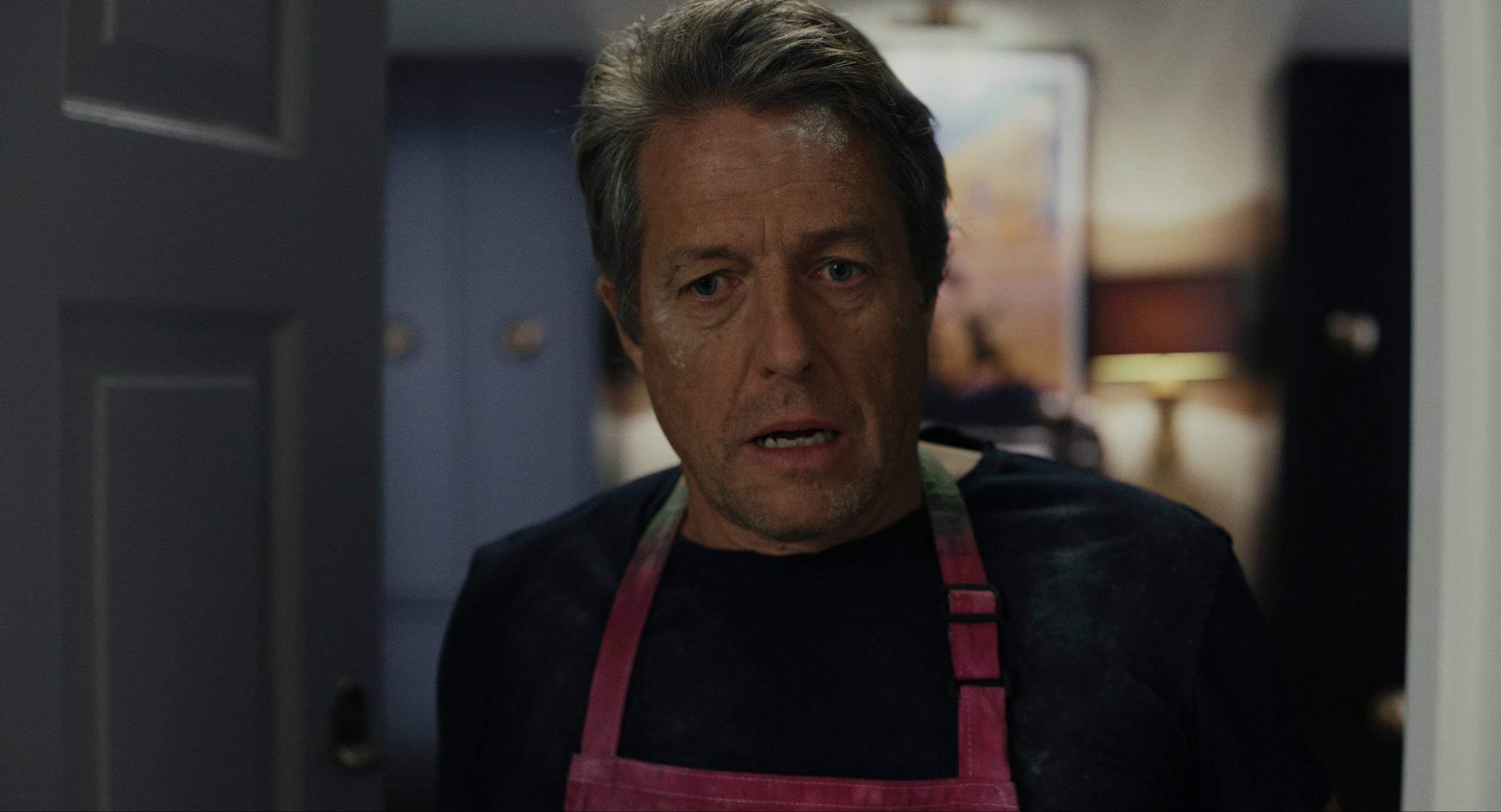
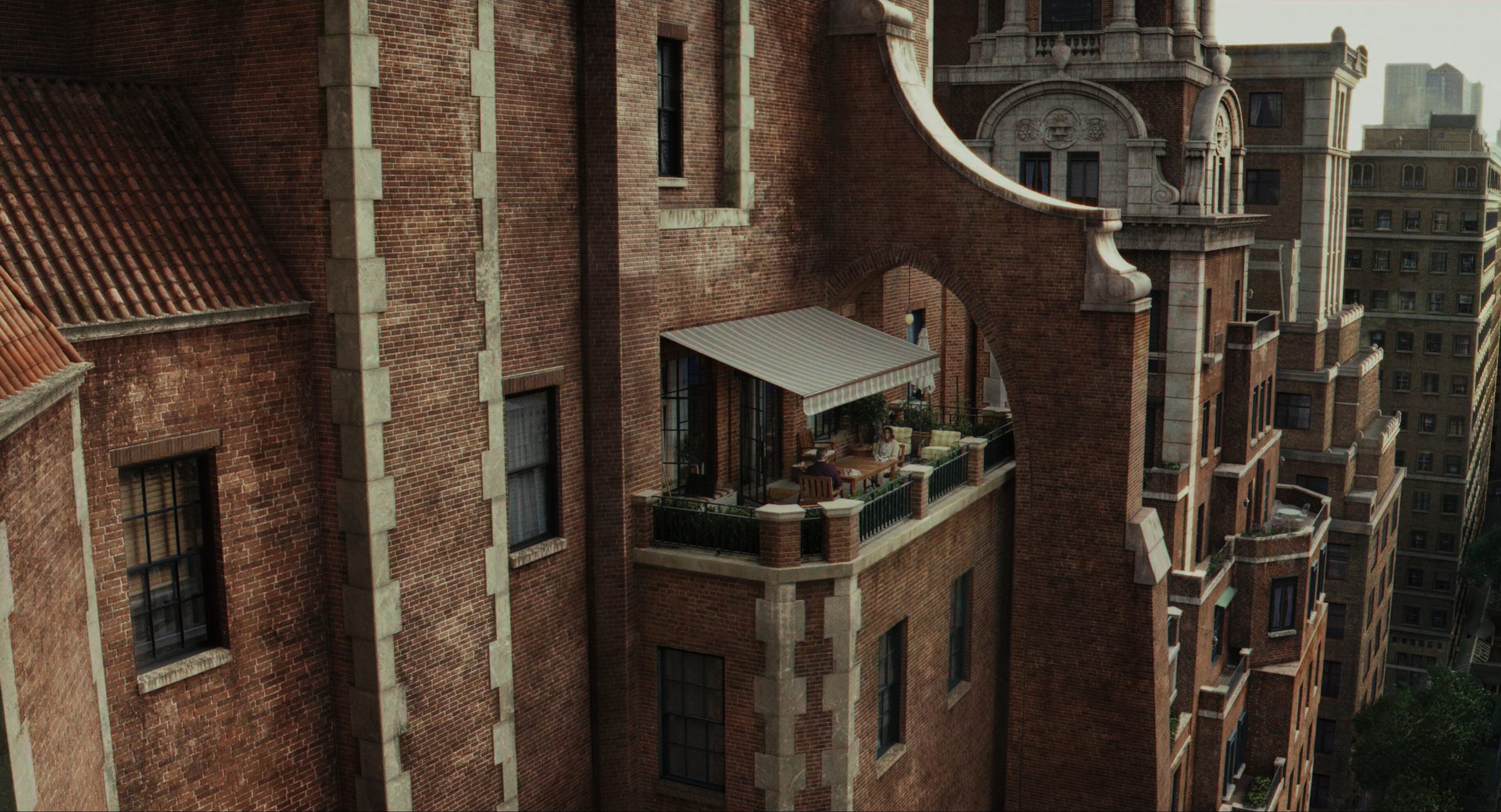
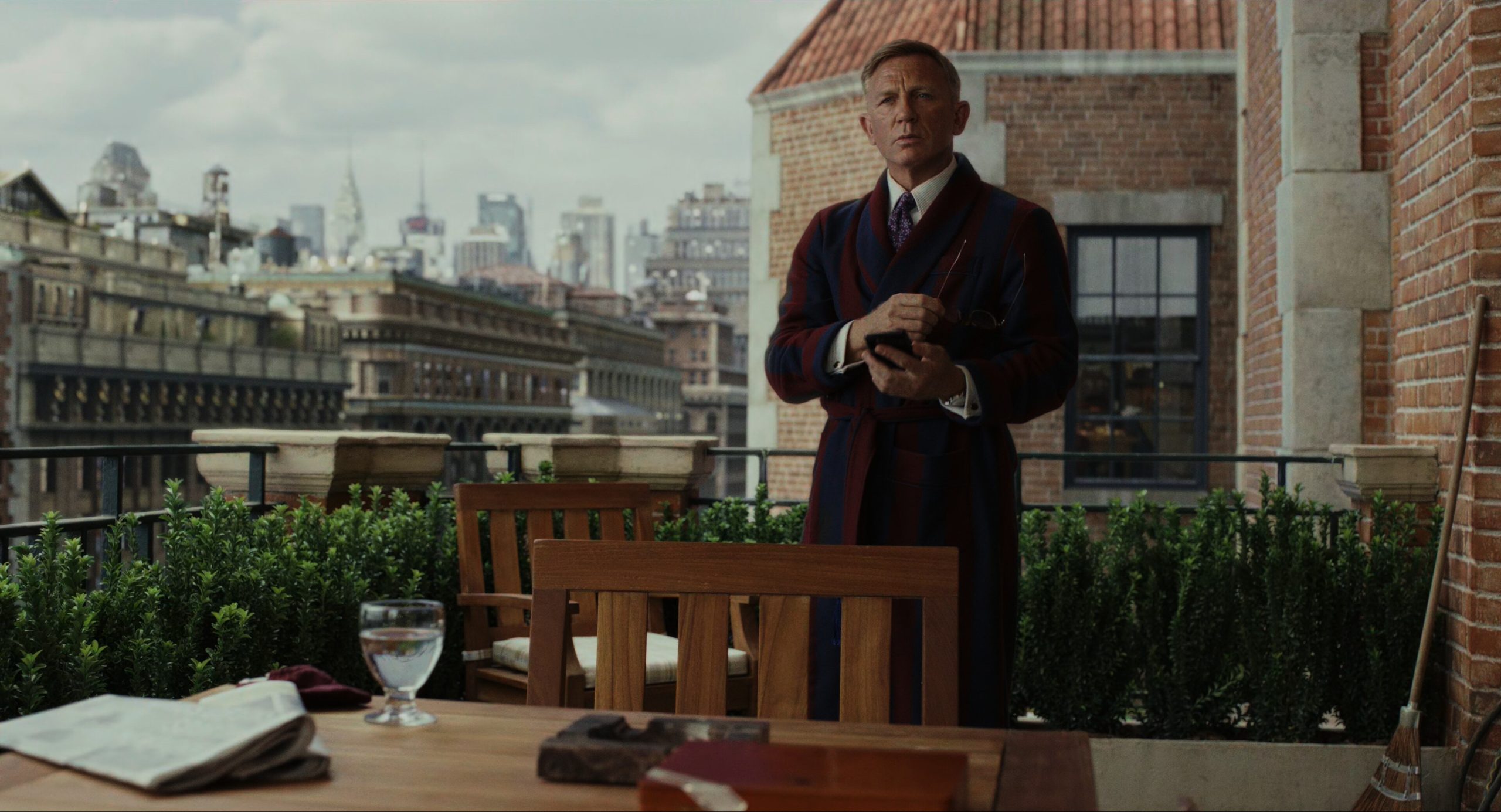
It’s almost fascinating that they don’t even bother to CGI and composit shots to look more realistic than this. It’s like — “if all the movie looks like shit, then nothing stands out too much, eh?”
Sanctuary did this better 15 years ago.
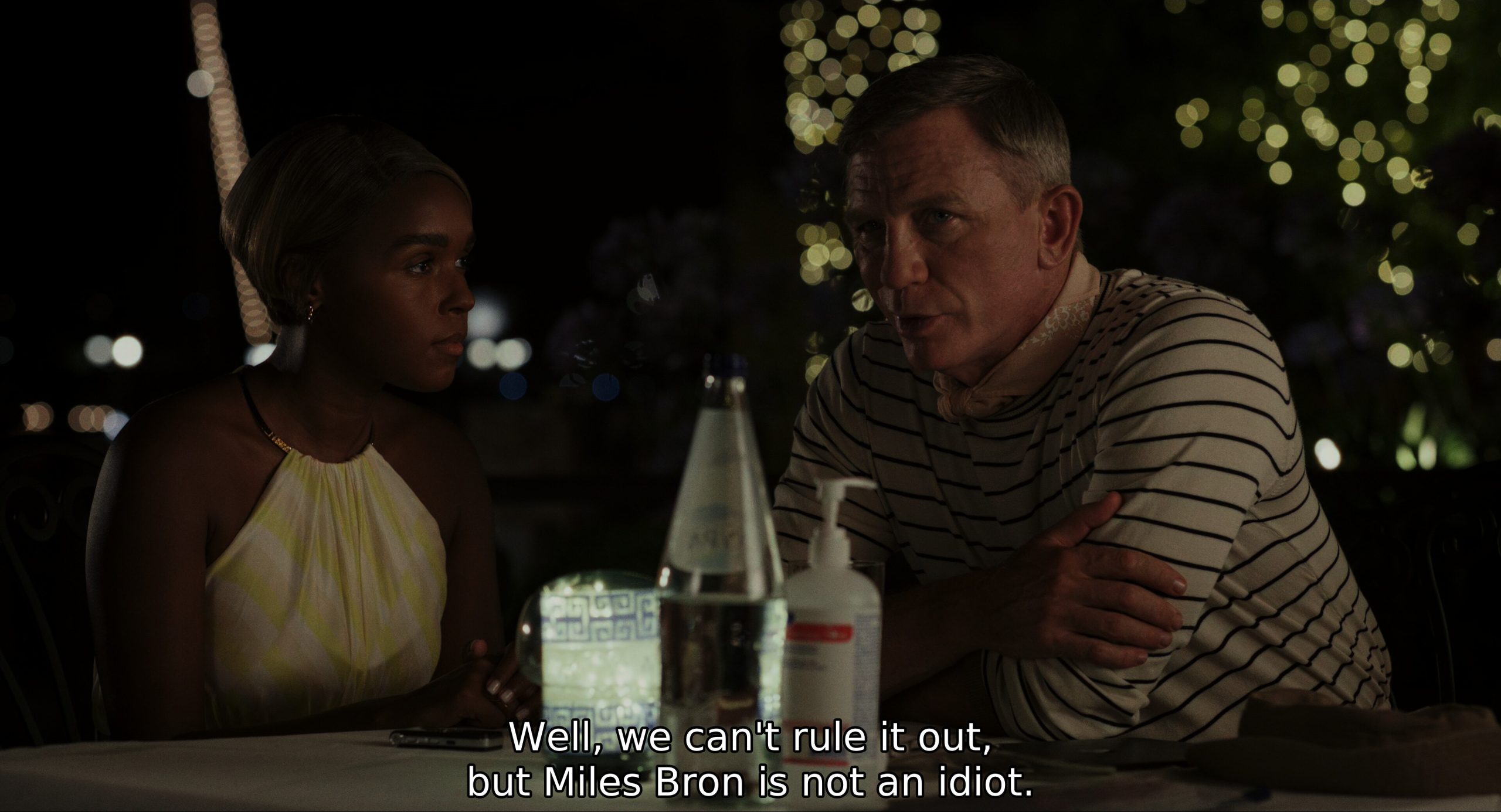
Oh, OK.
This movie is just very frustrating. It started off as a broad comedy, and it was pretty funny. Then we’ve gone through all these tedious scenes of standard mystery TV series machinations, and while I recognise that they’re “sly parodies” of this sort of stuff, it doesn’t quite work on any level — it’s not actually funny, and it’s not good mystery stuff, because it’s structurally obvious who the murderer is.
(Well, I say that now, but I don’t actually know yet!)
But even if I’m wrong, I’m already annoyed and somewhat bored, just like I was with the first movie.
And it’s two hours and twenty minutes!!! I feel like they could already have cut a half an hour of the first hour and fifteen minutes…
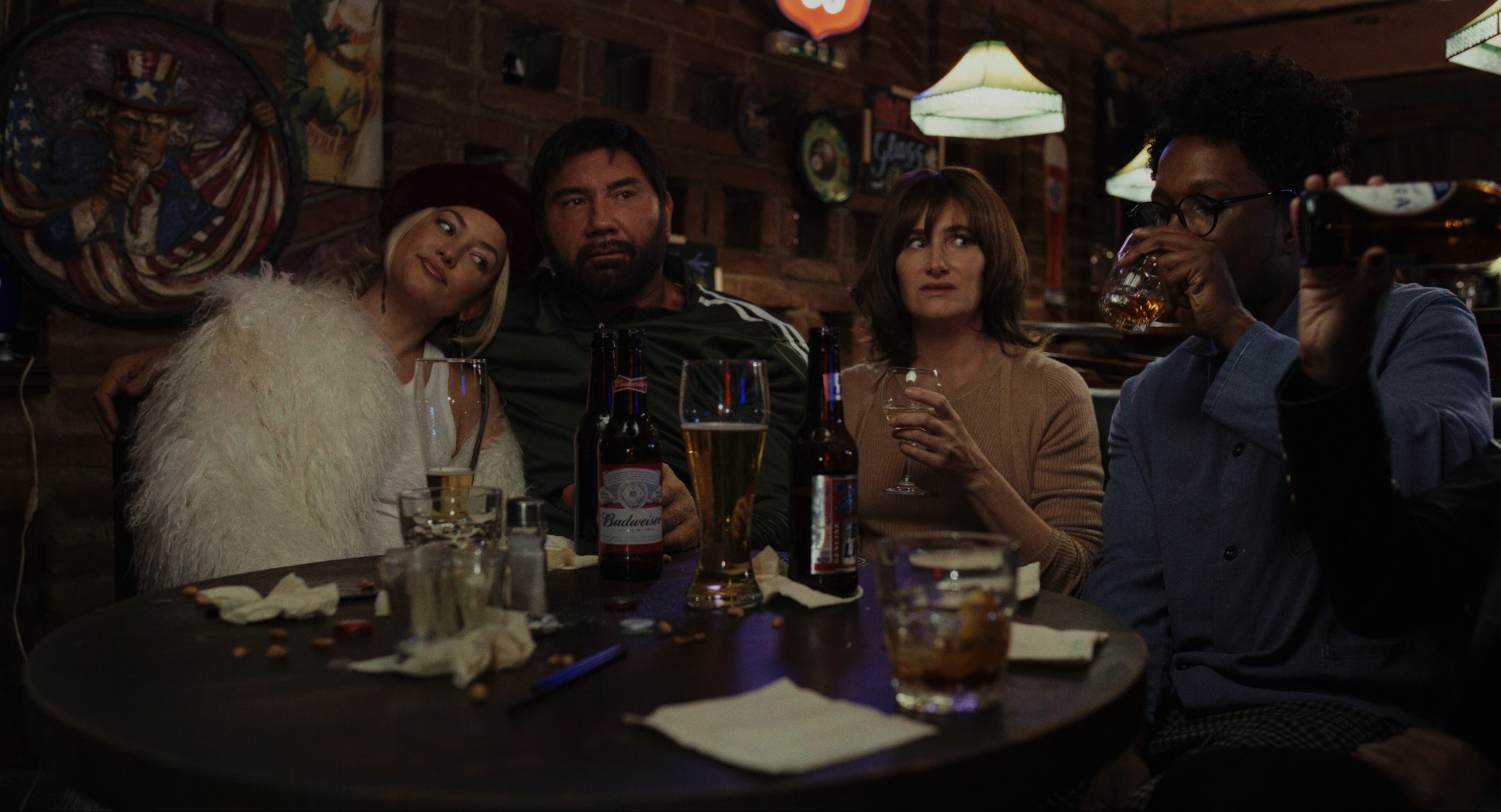
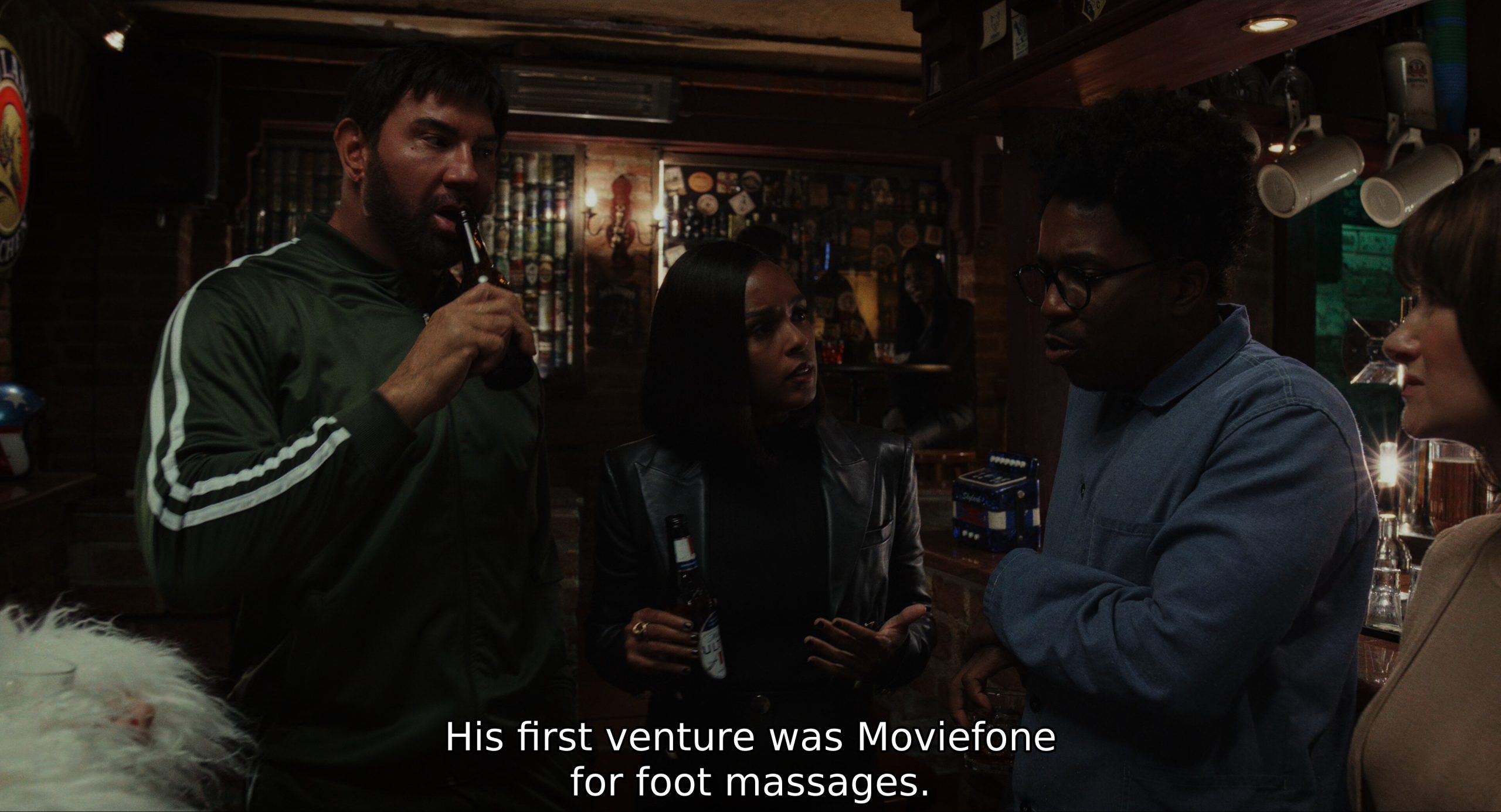

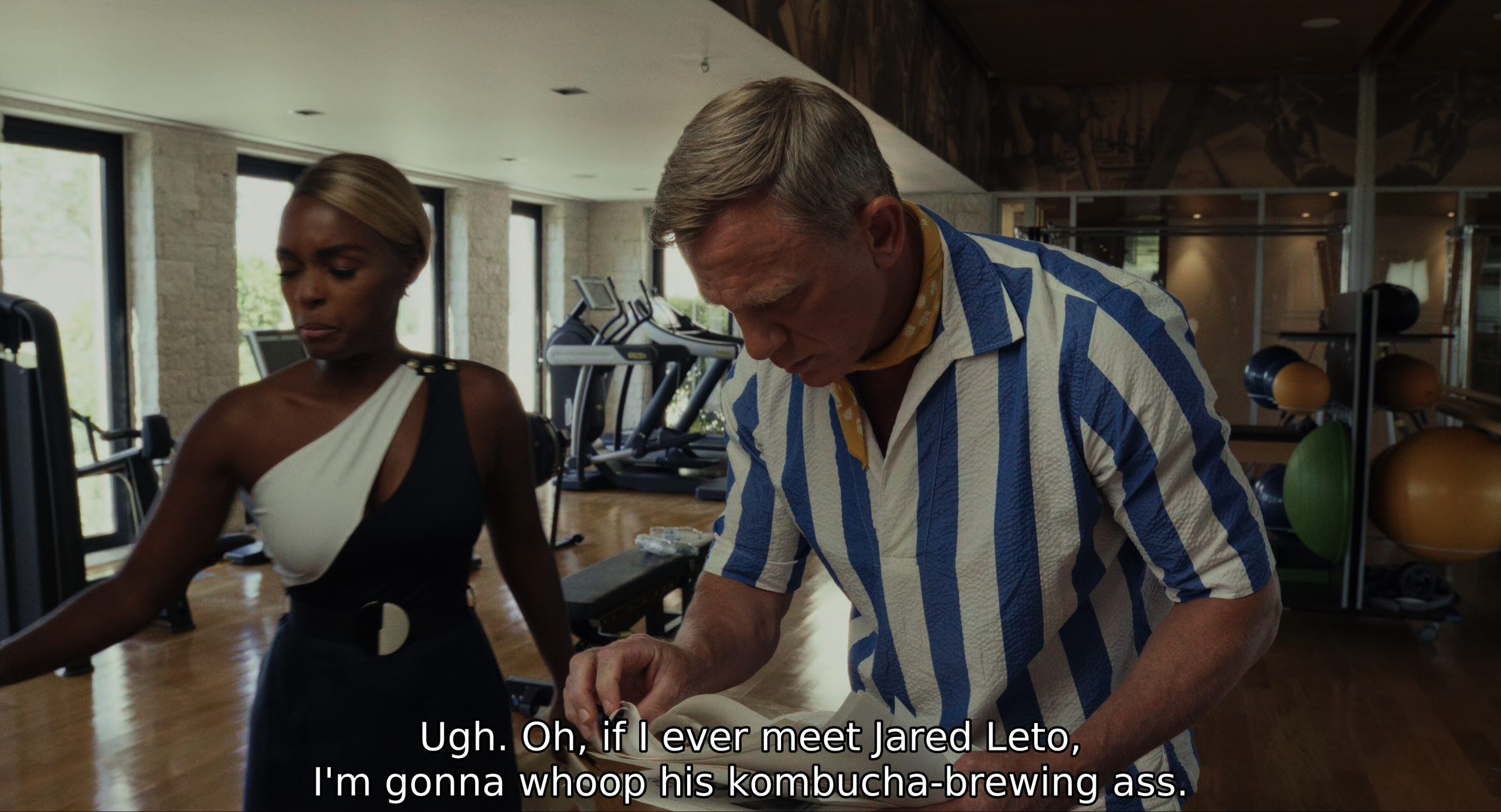
But there’s a bunch of really amusing lines here; you gotta give them that.
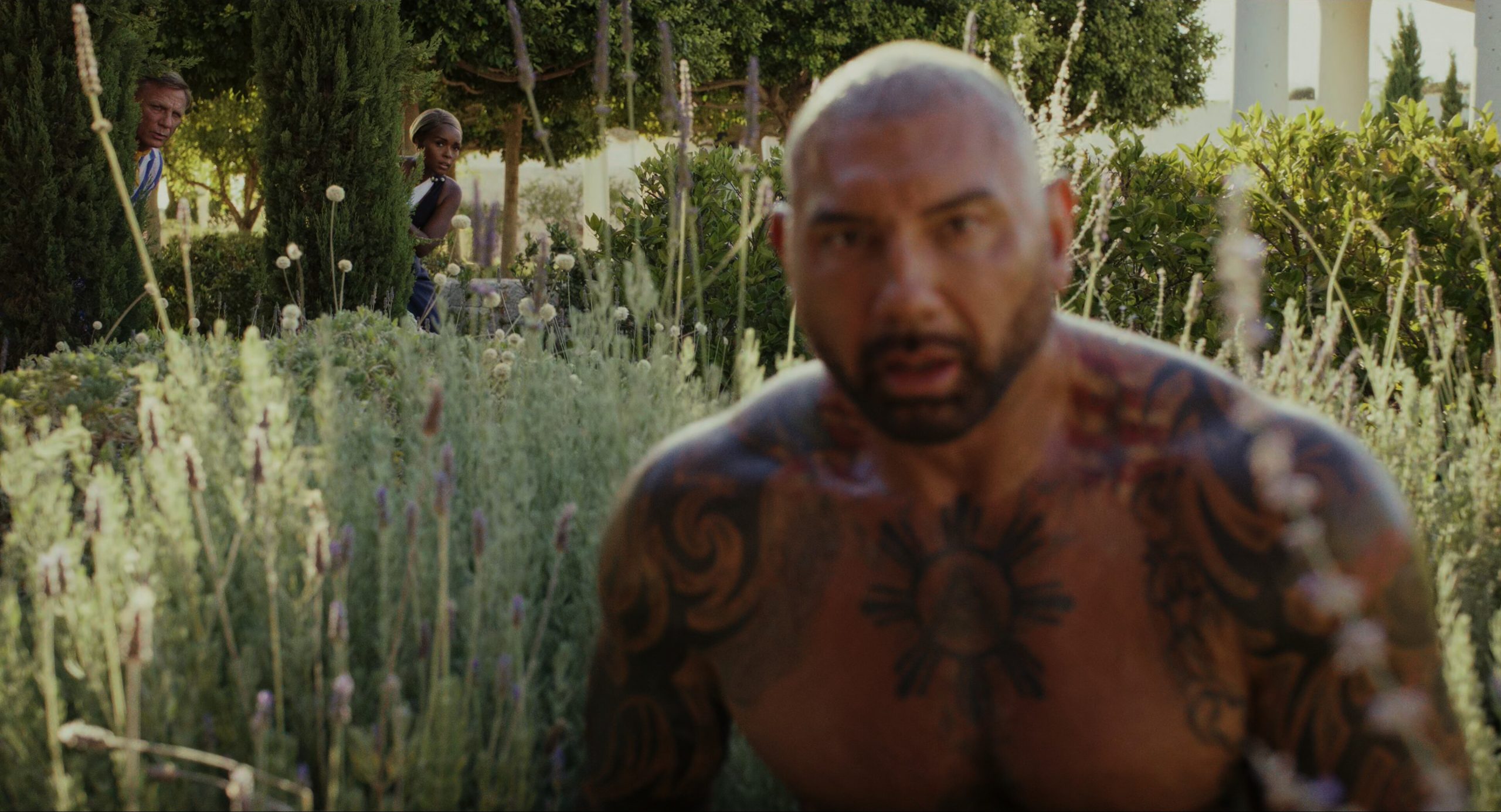
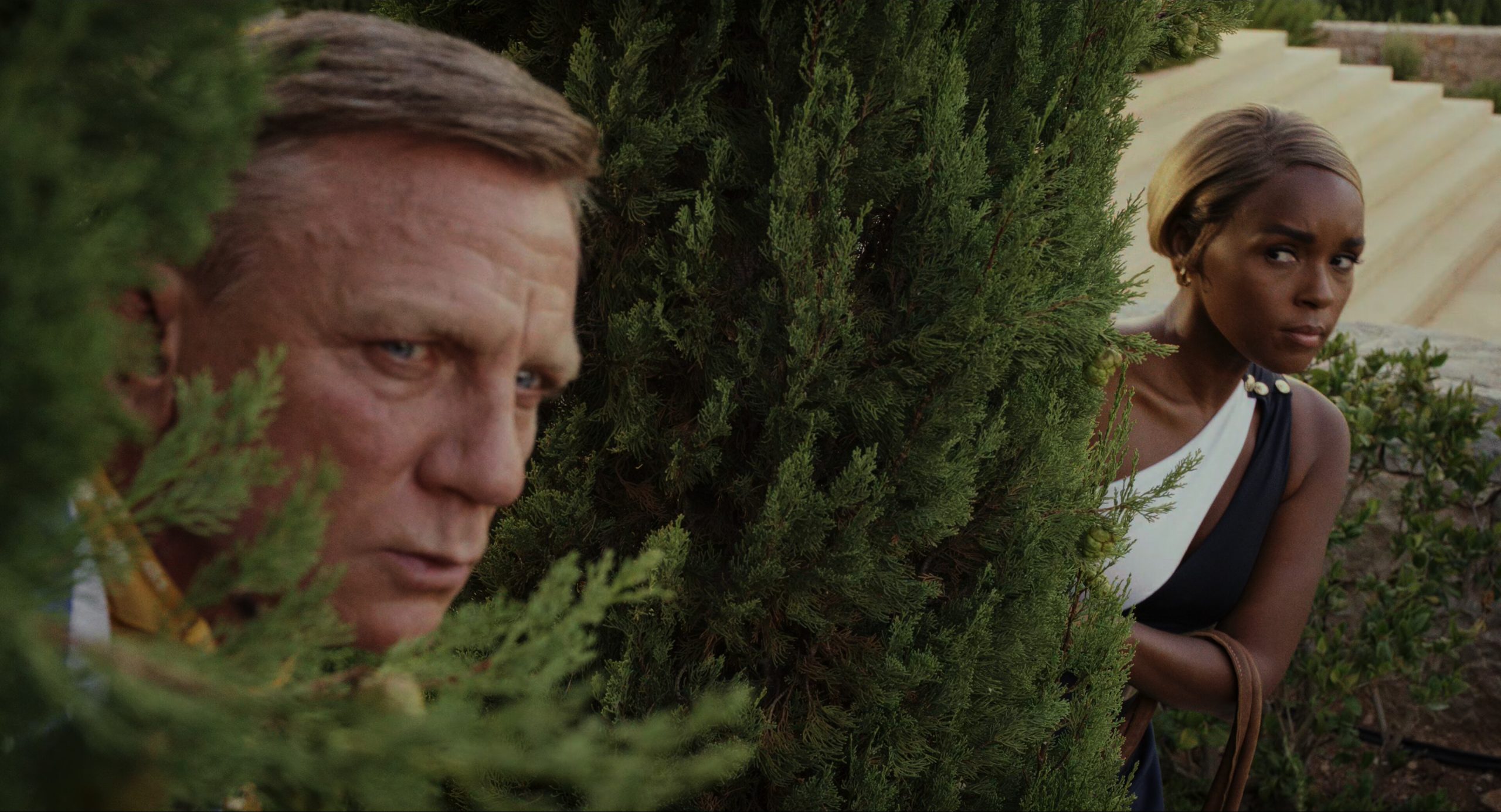
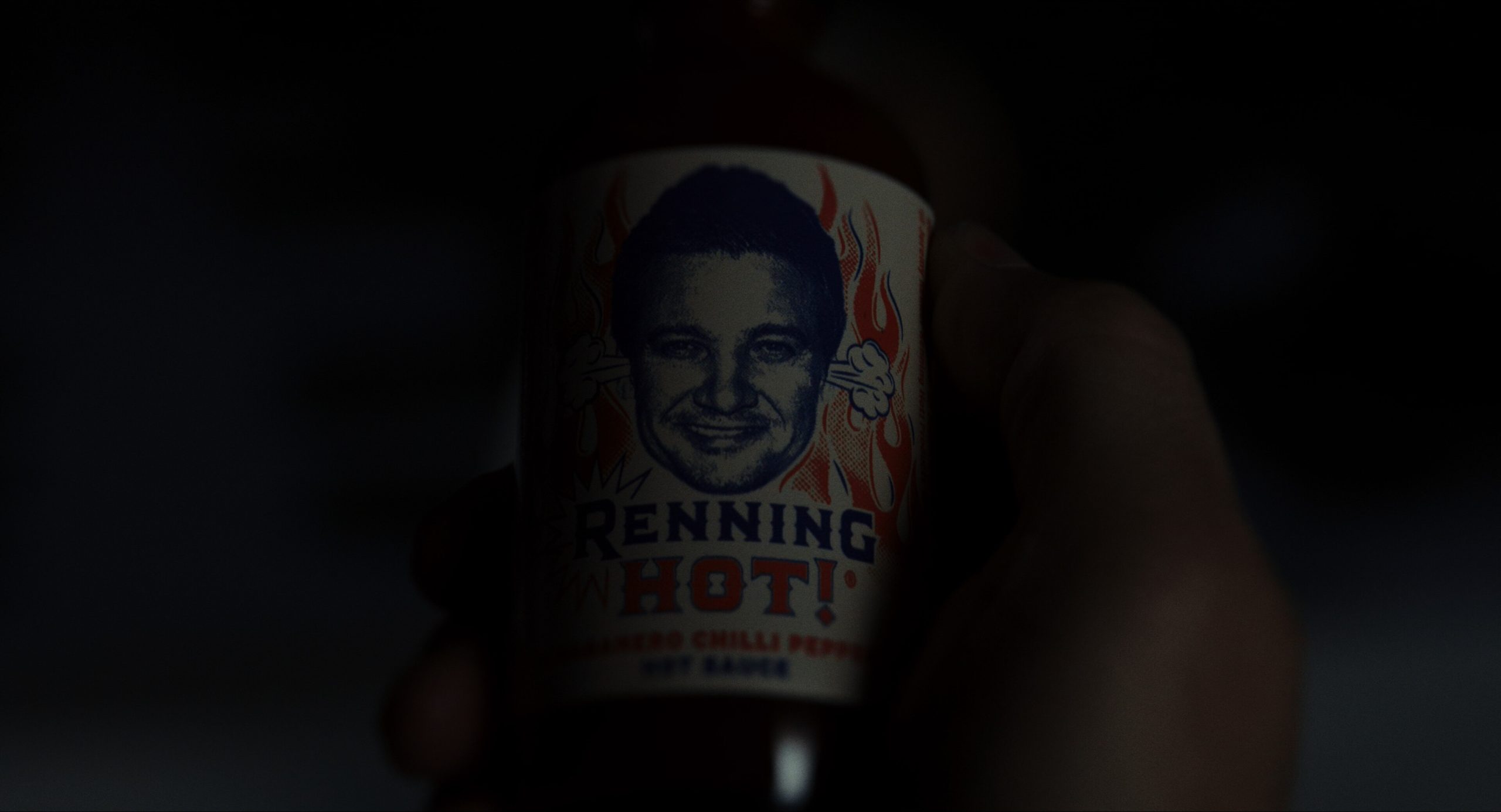
Heh heh.
I admire them using the Netflix billions to take the piss out of billionaires and stuff — and they do it well and they do it thoroughly, with plenty of good gags — but the movie just doesn’t work for me. It sags and the repartee falls flat a lot of the time, and spending this much time on this extended joke just isn’t worth it.
So while I rate the thought process behind this ⚅ or higher, and the mystery itself was kinda fun, and the performances are good, I spent most of the time watching this bored out of my skull. The “cinematography” (i.e., compositing people standing in front of greenscreen onto scenery) was incredibly basic and at times risible (I wondered whether Johnson was taking a subtle dig the phenomenon at certain points, but I don’t think so), and the excessive length (they could easily have dropped an hour), so:
Glass Onion. Rian Johnson. 2022. ⚂
